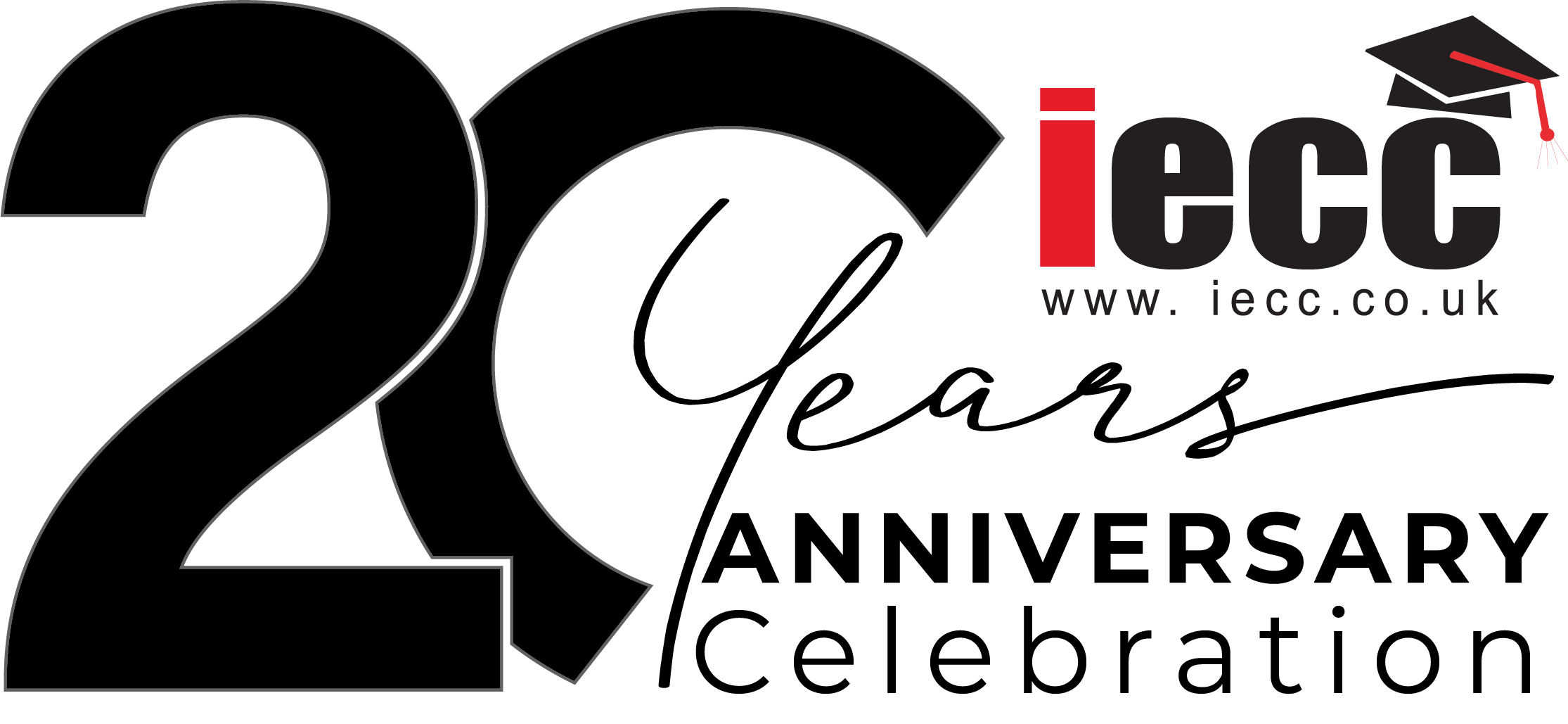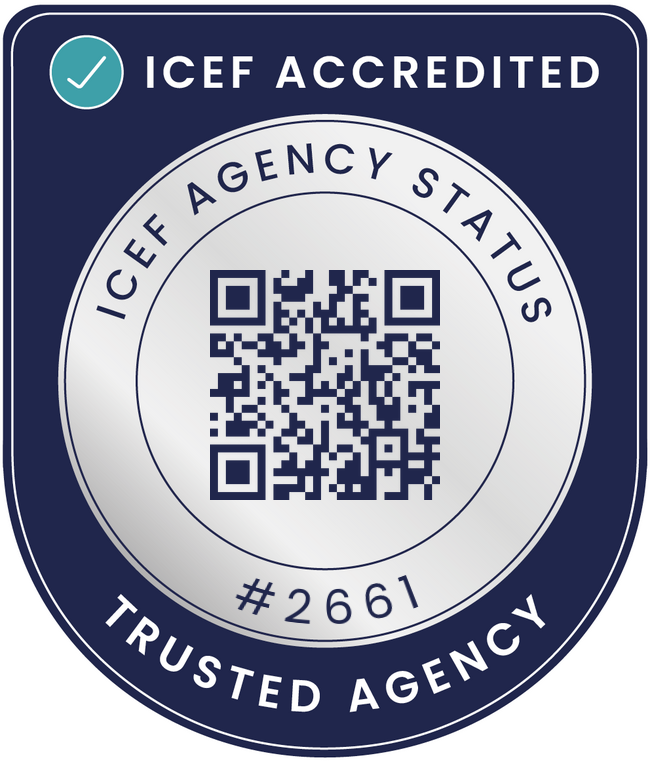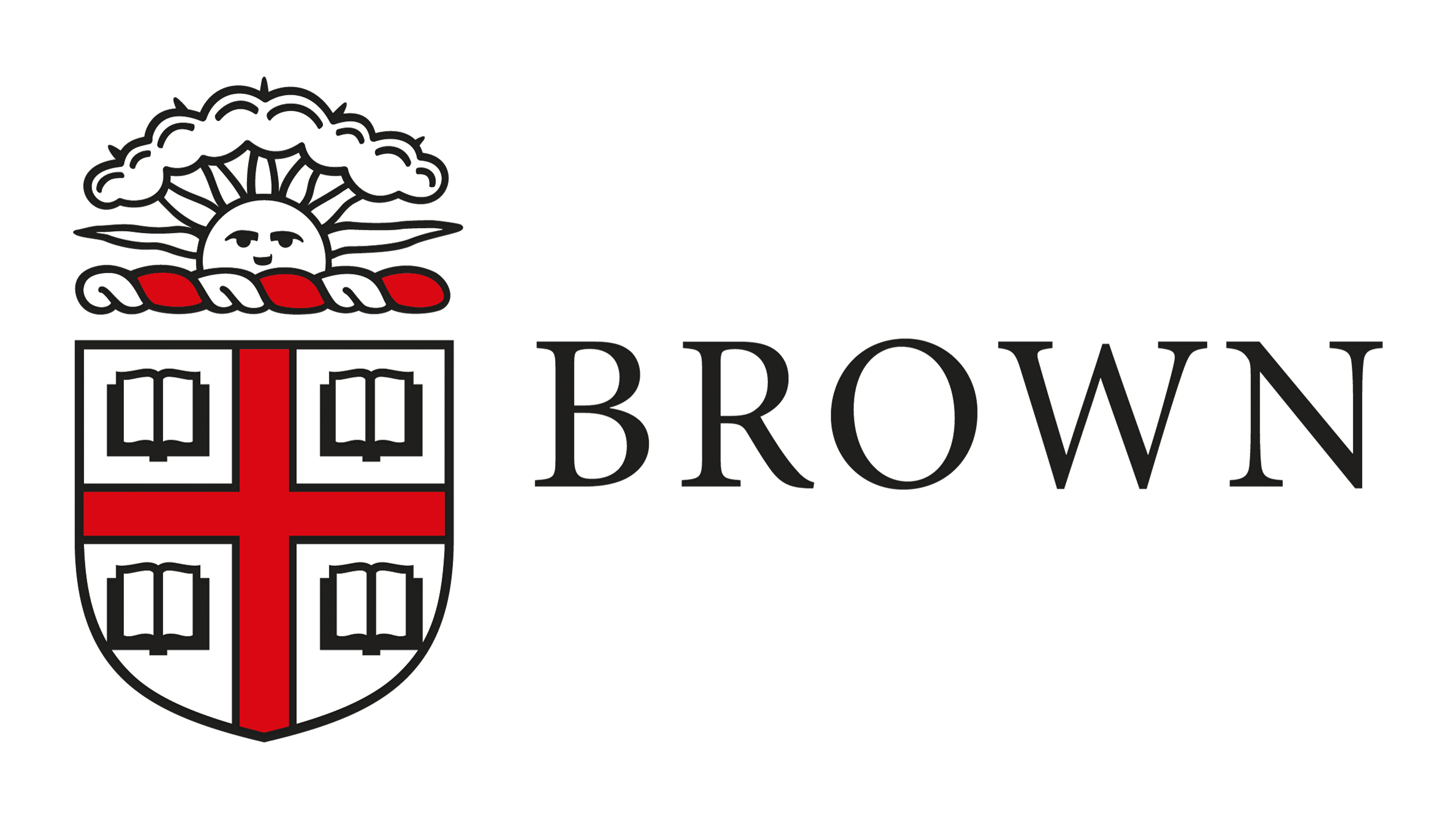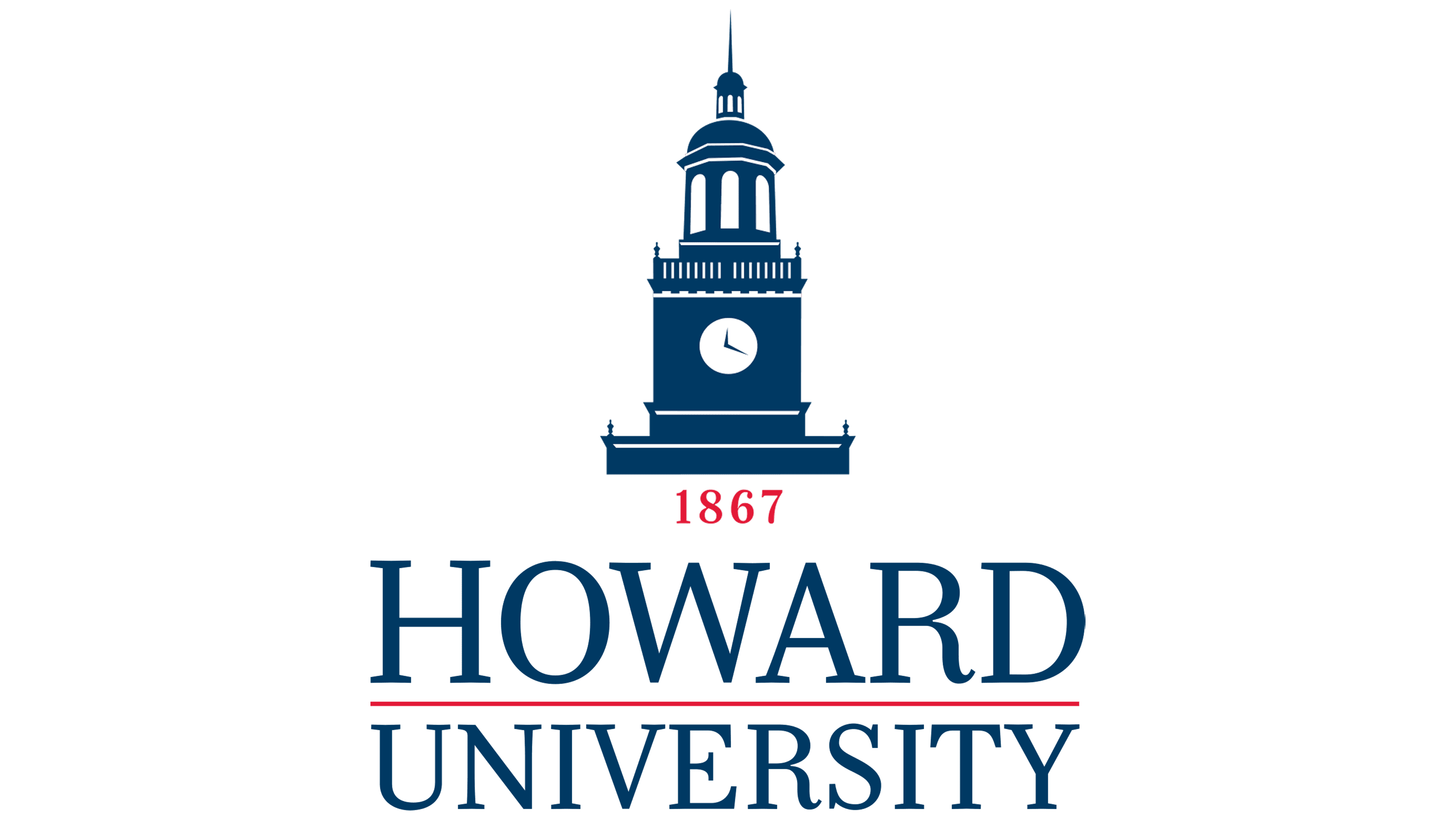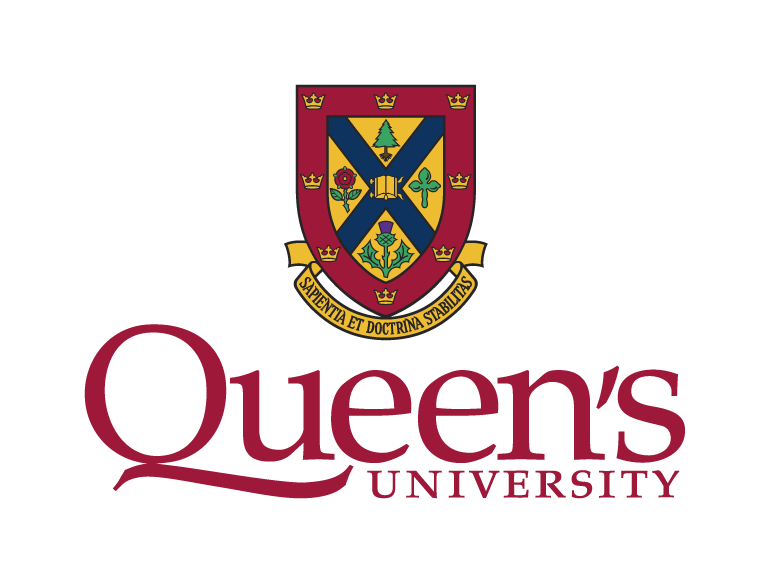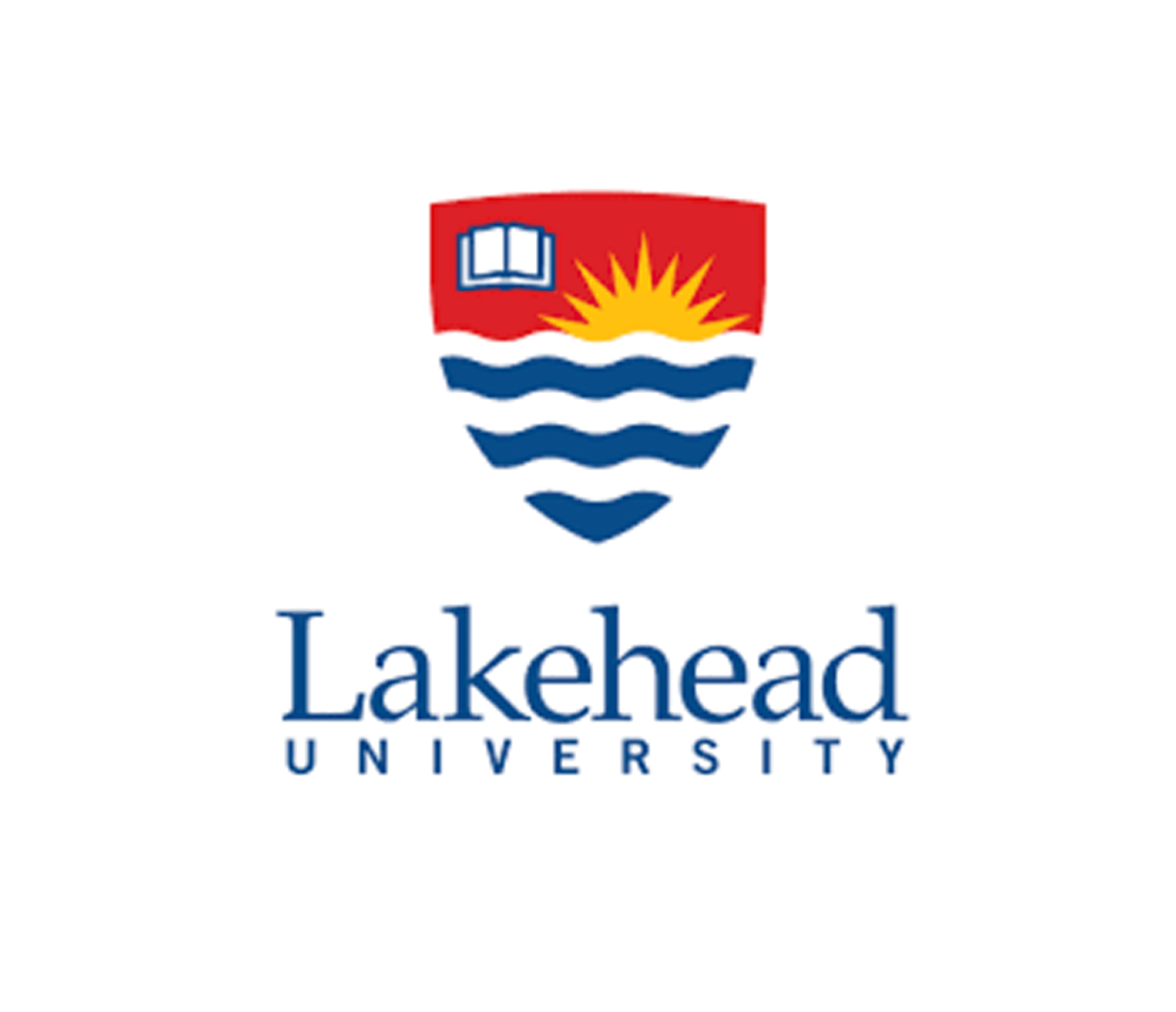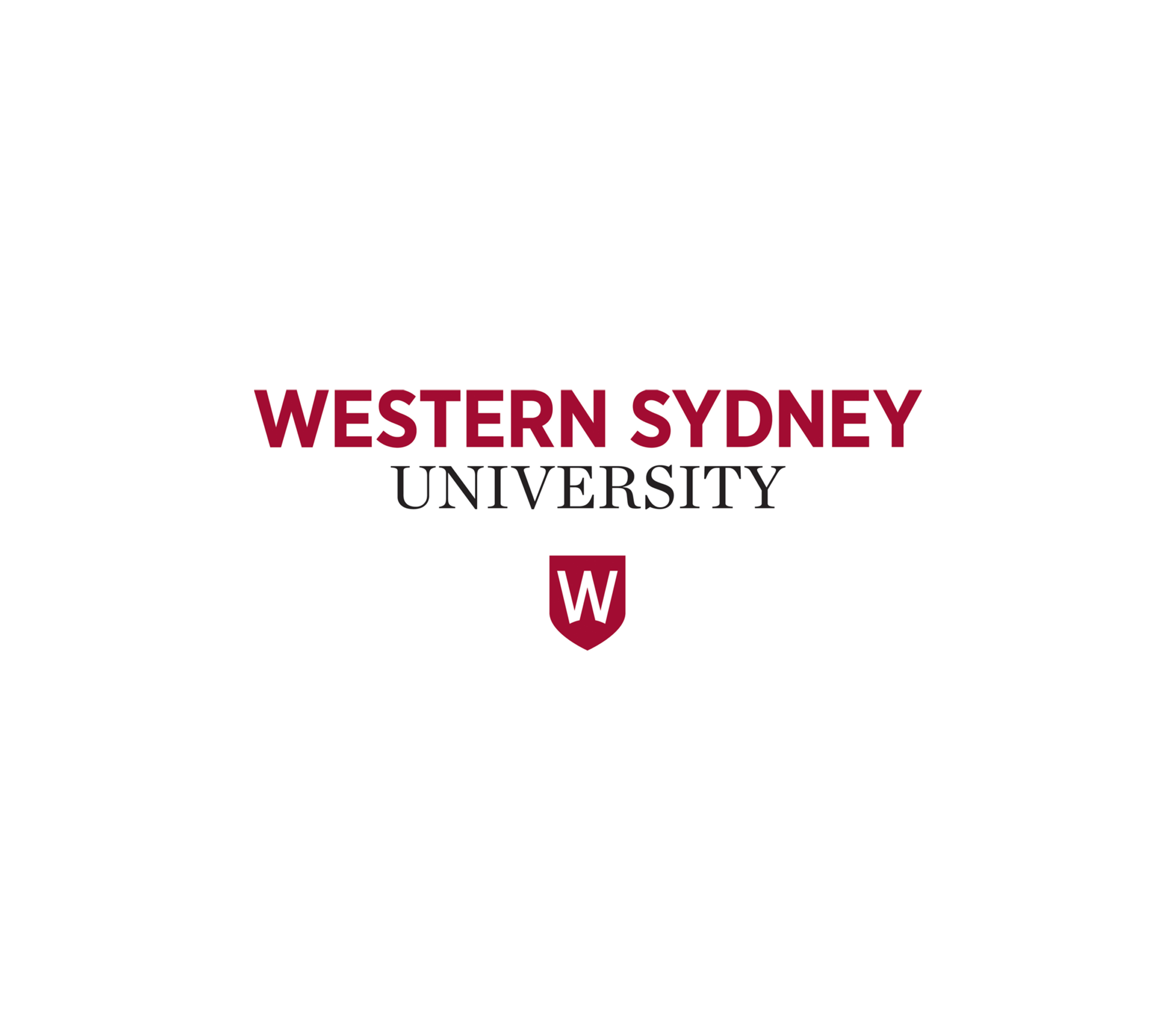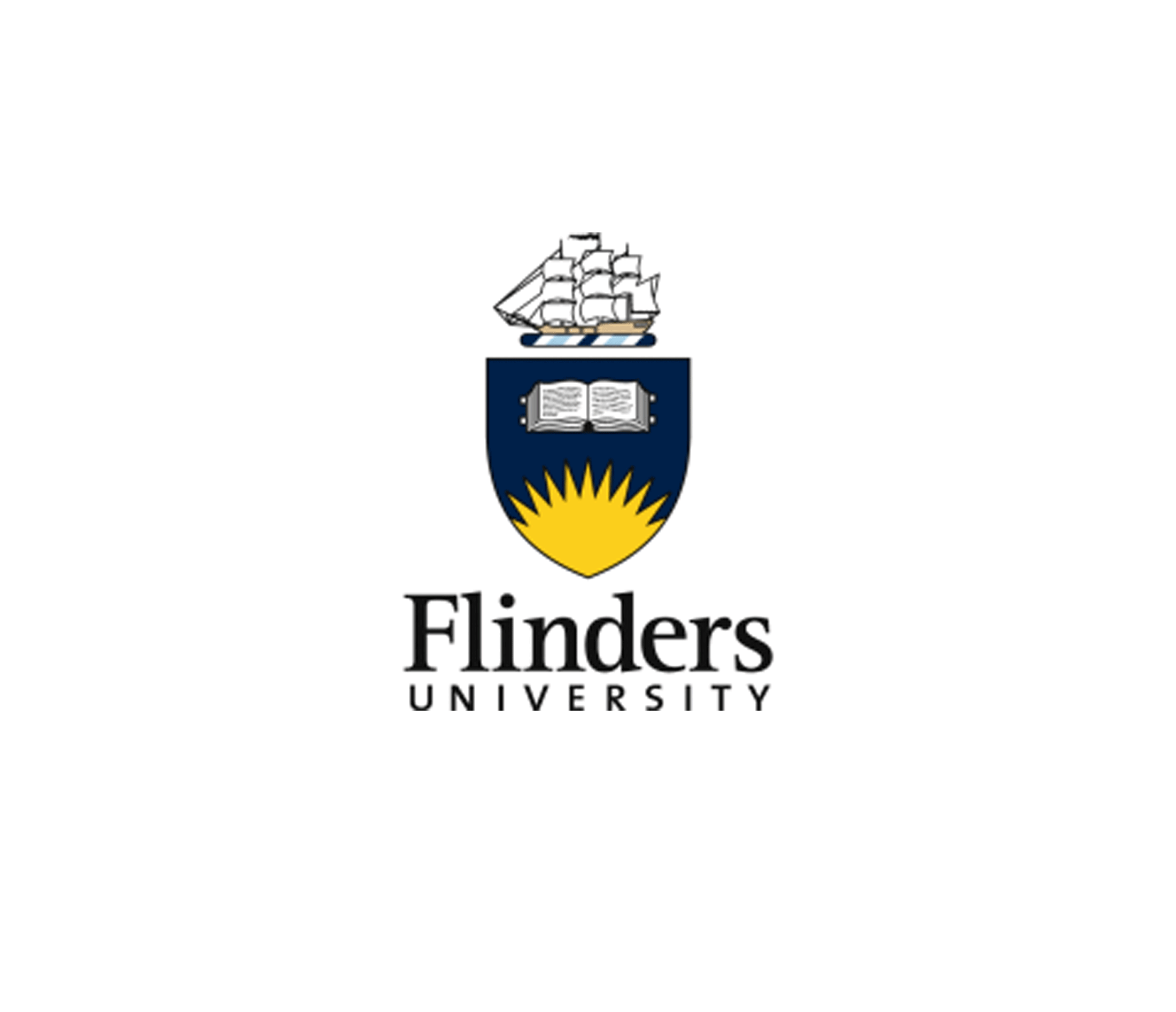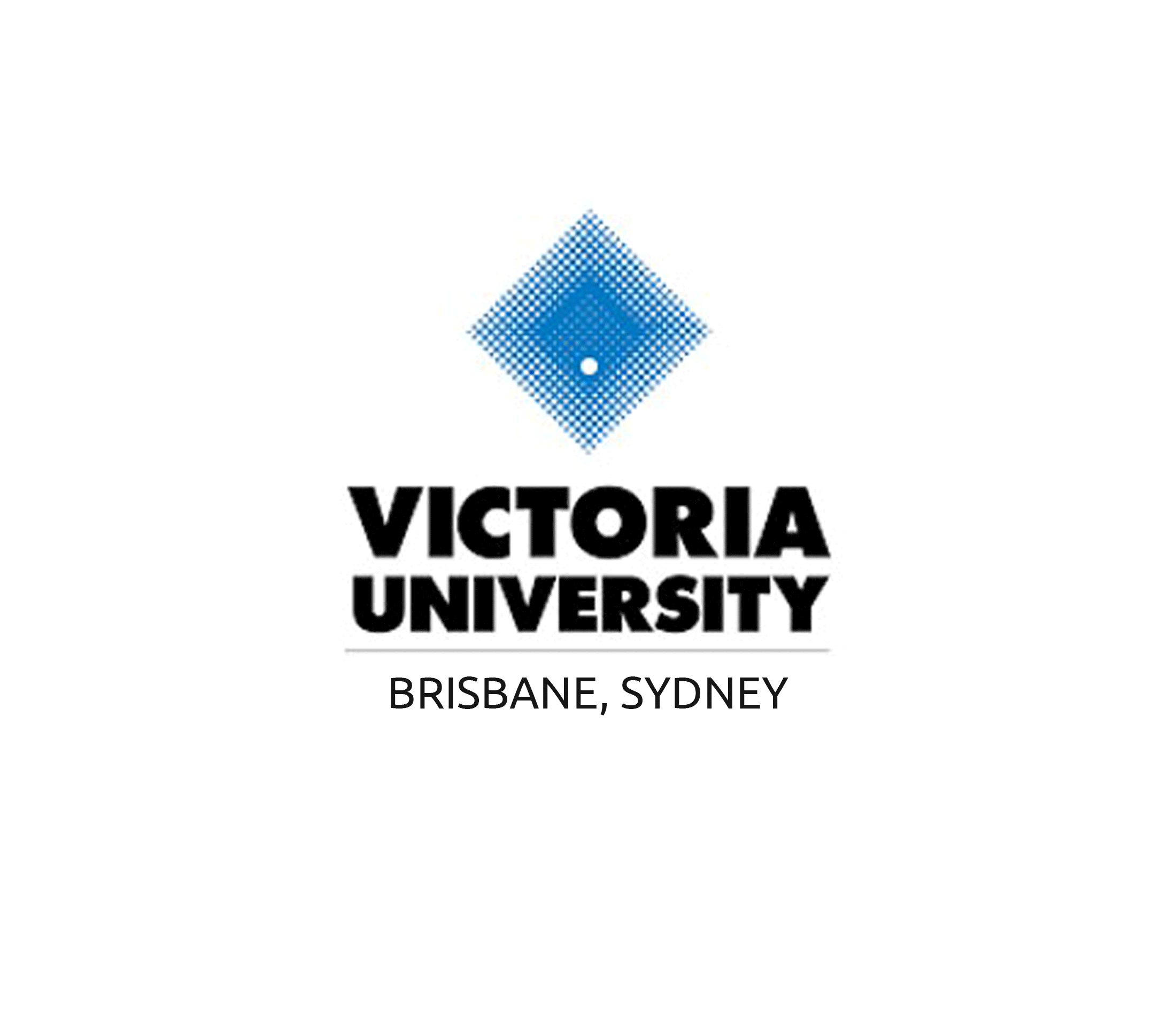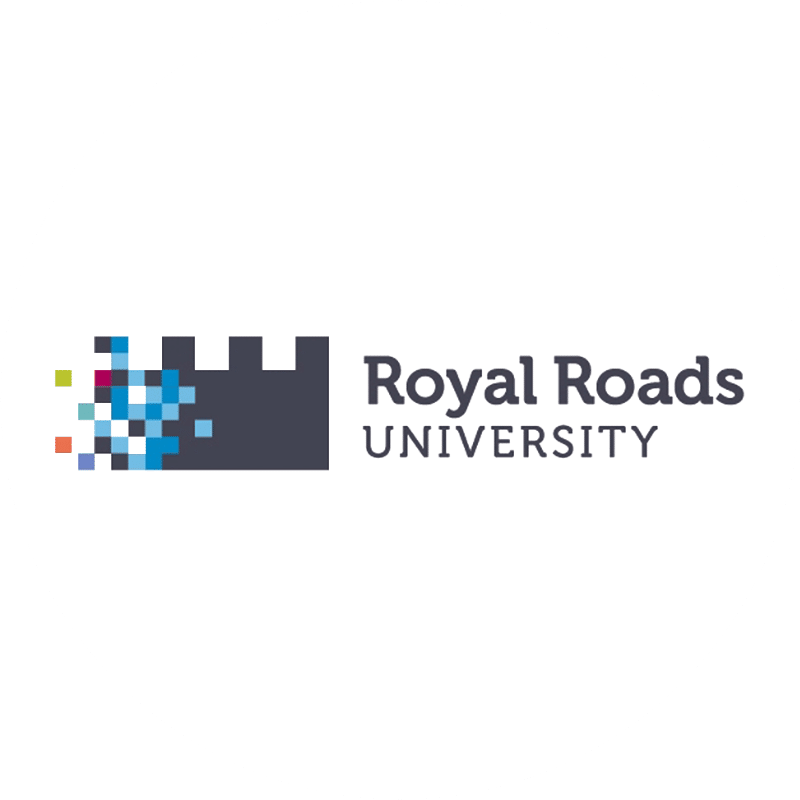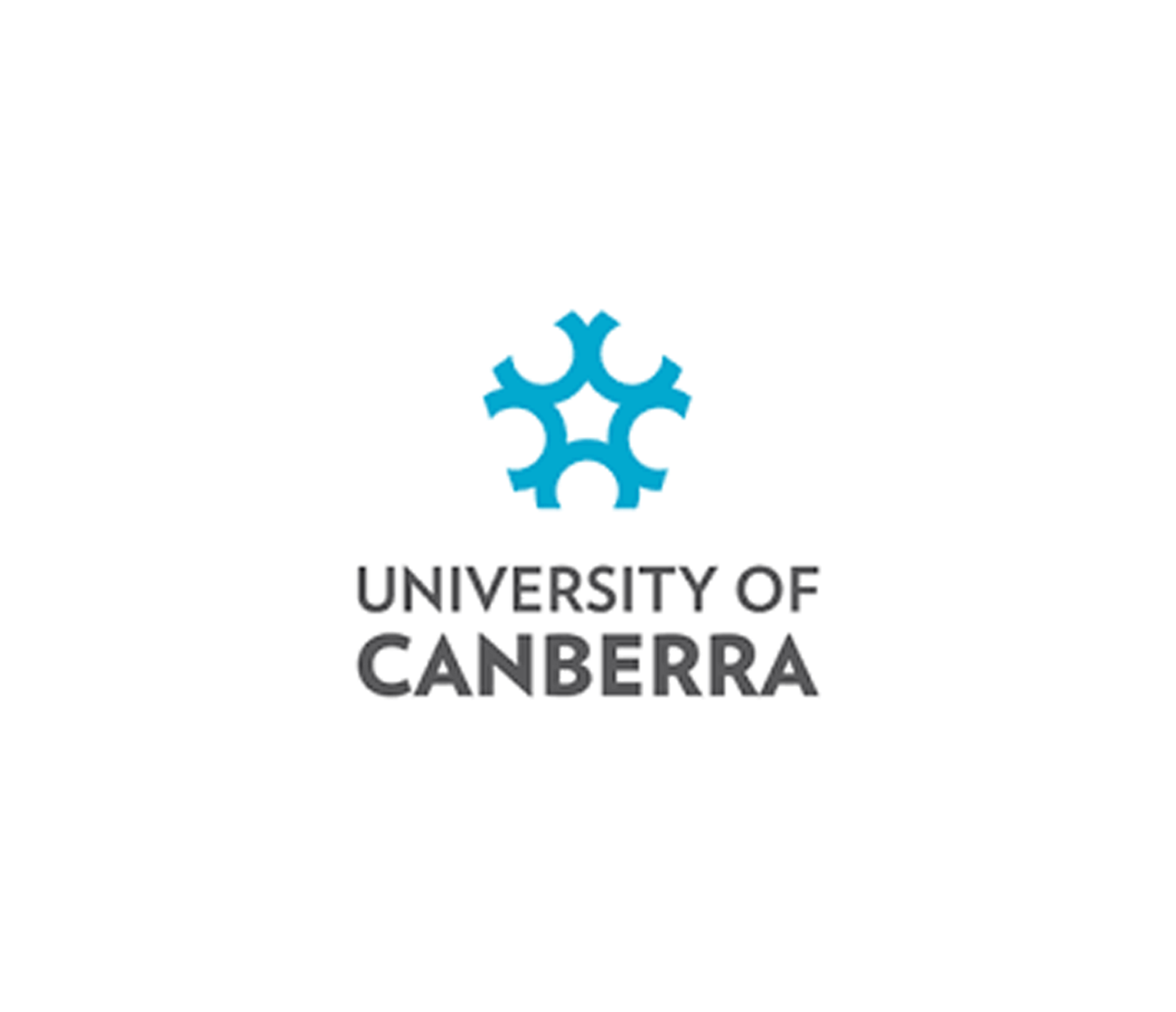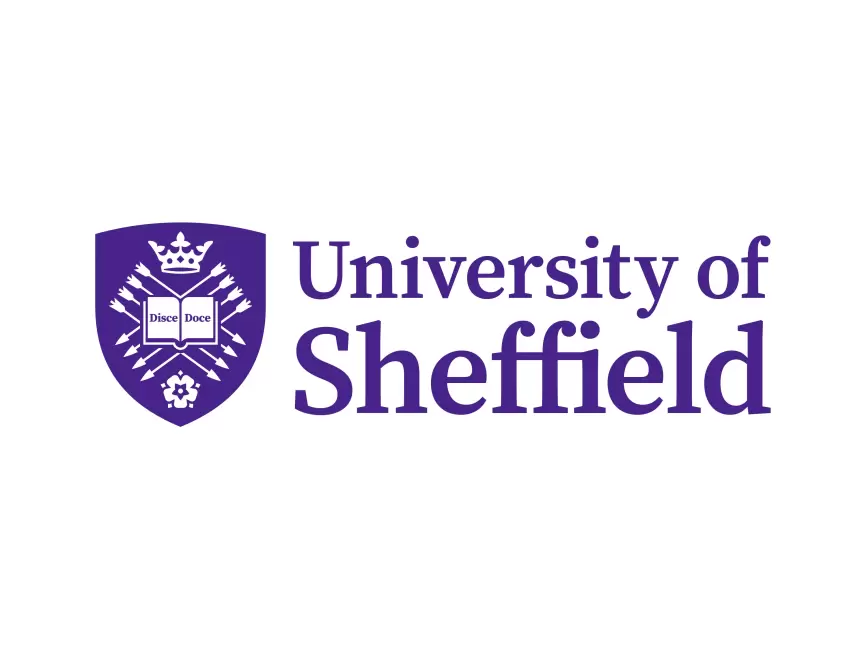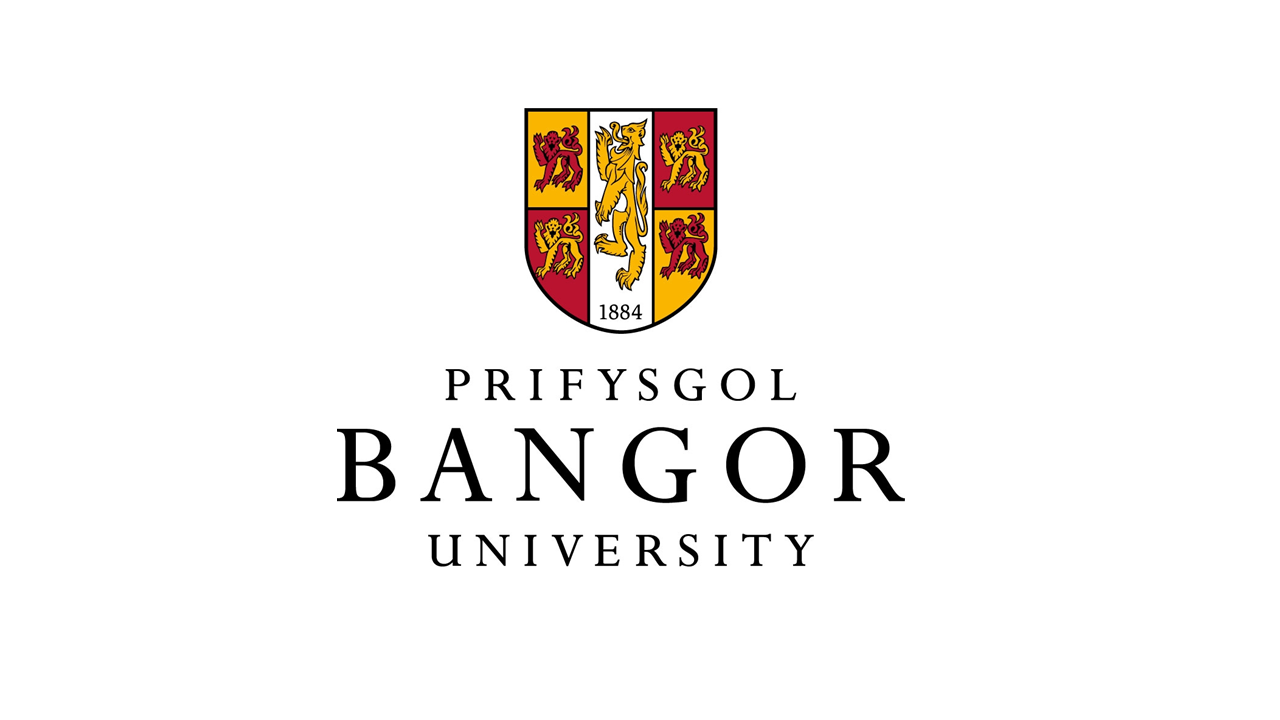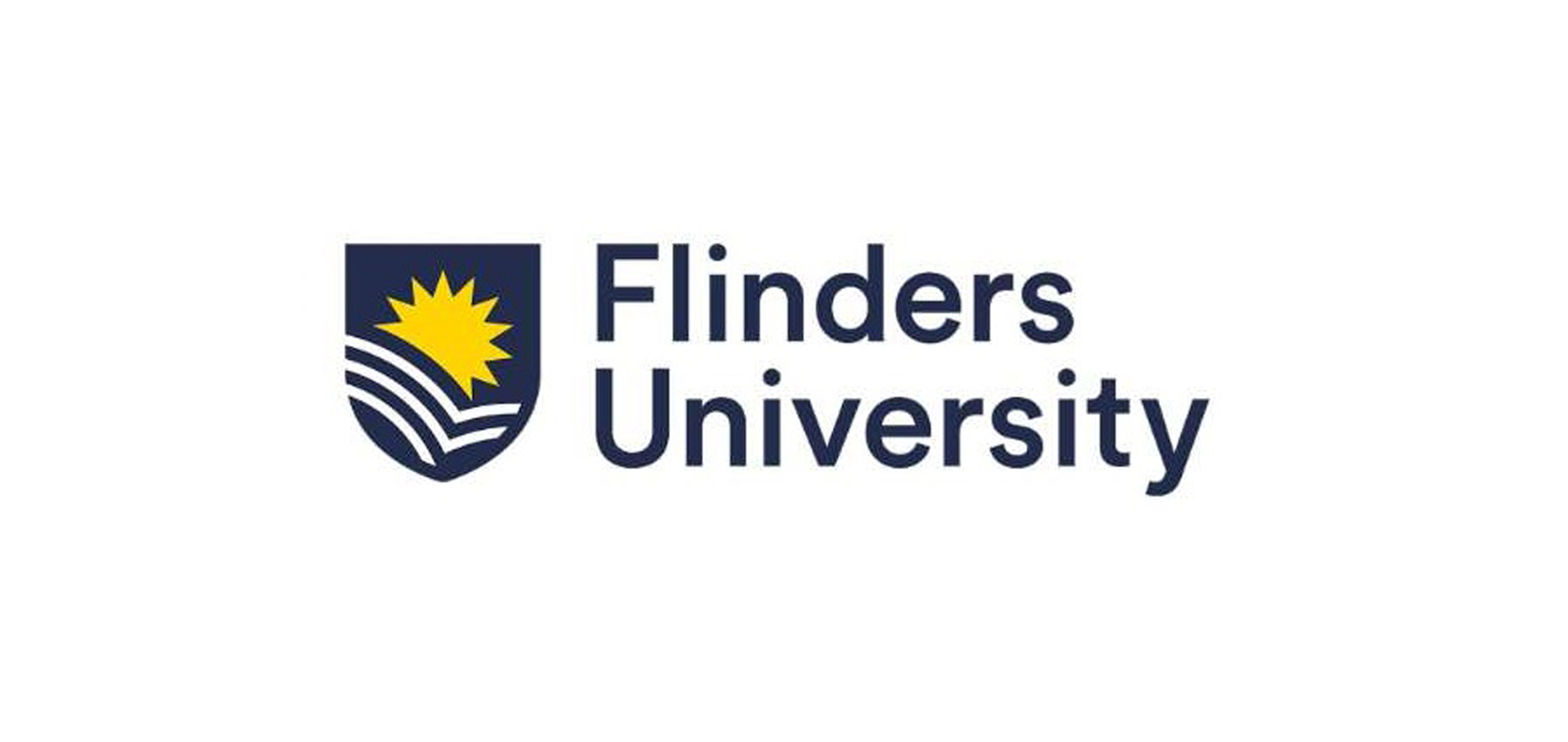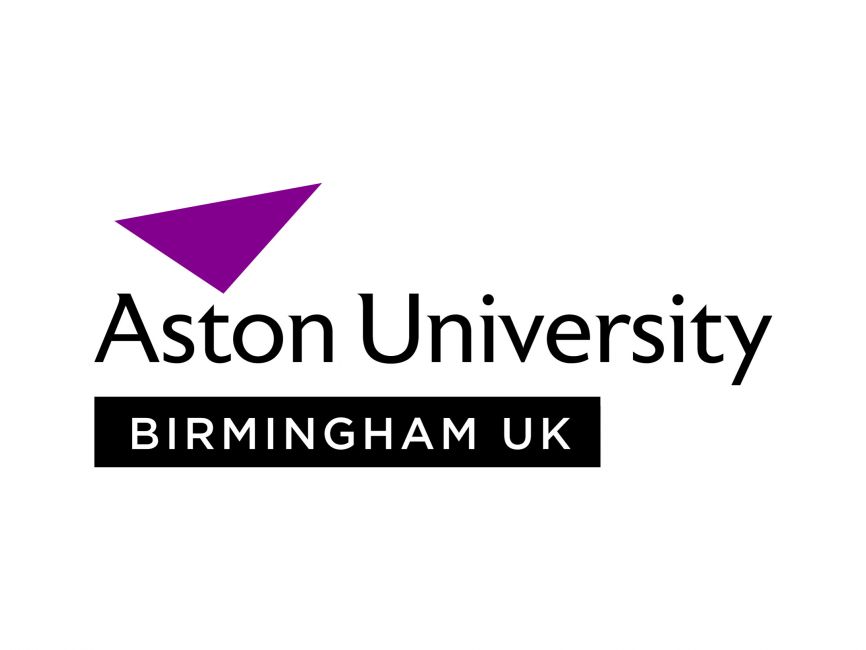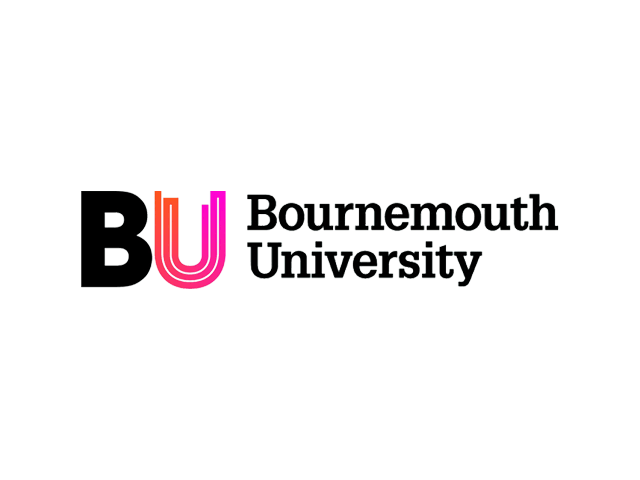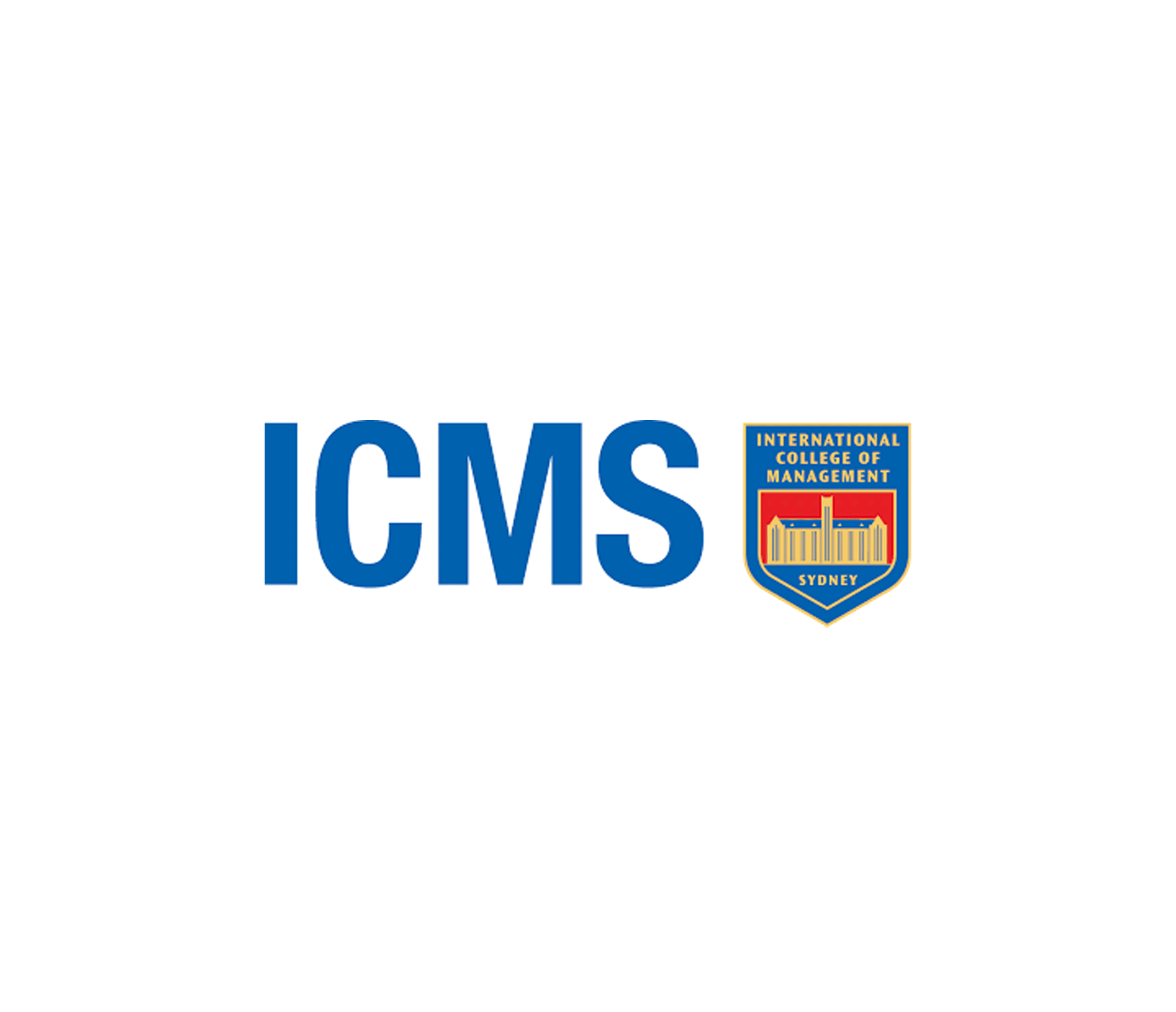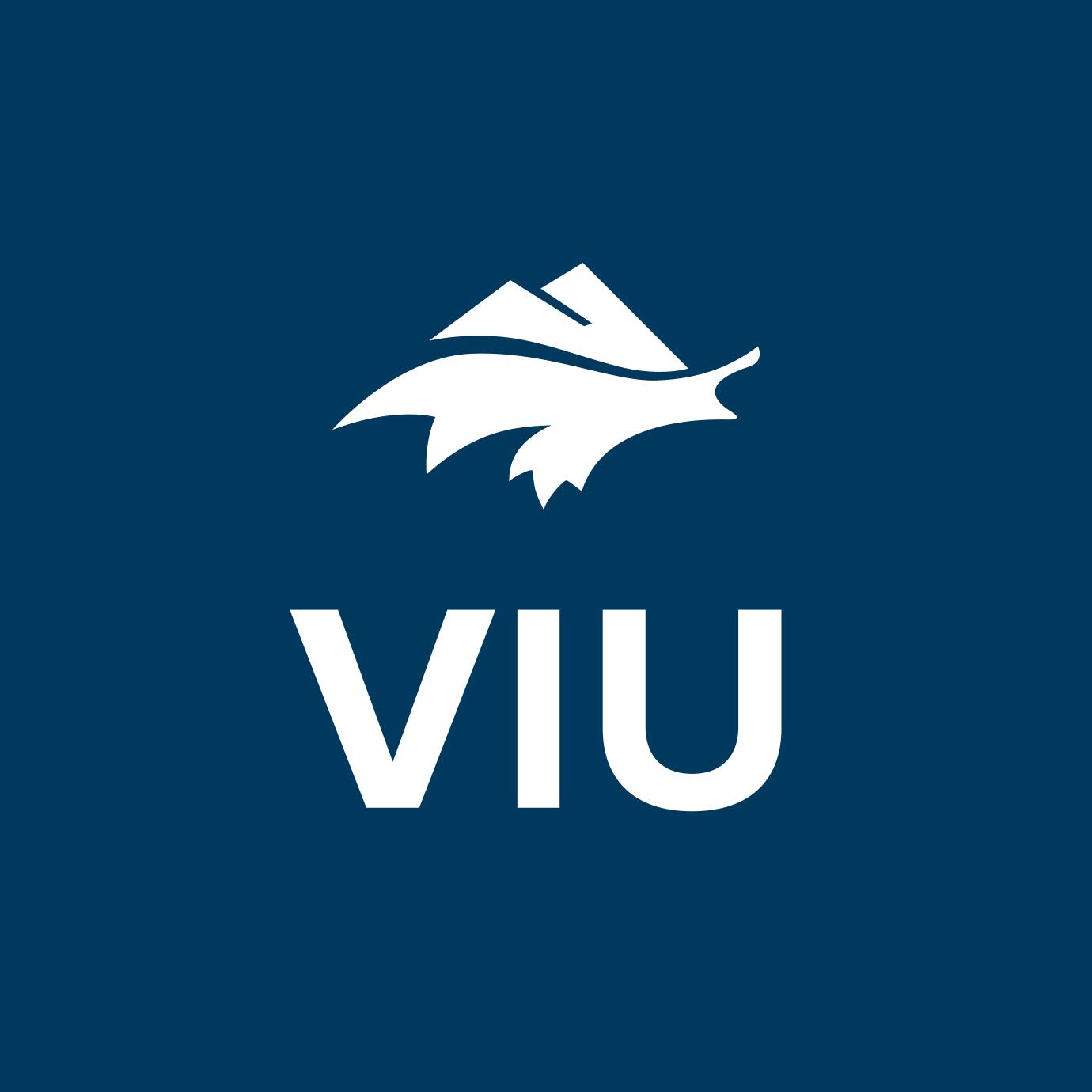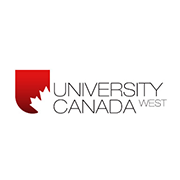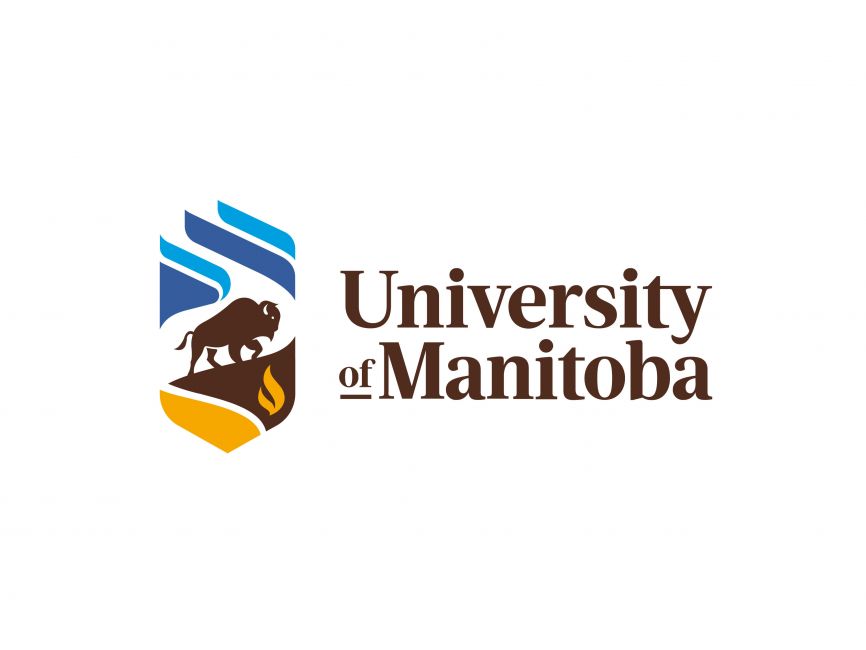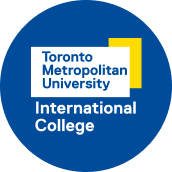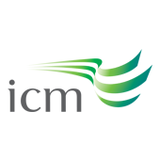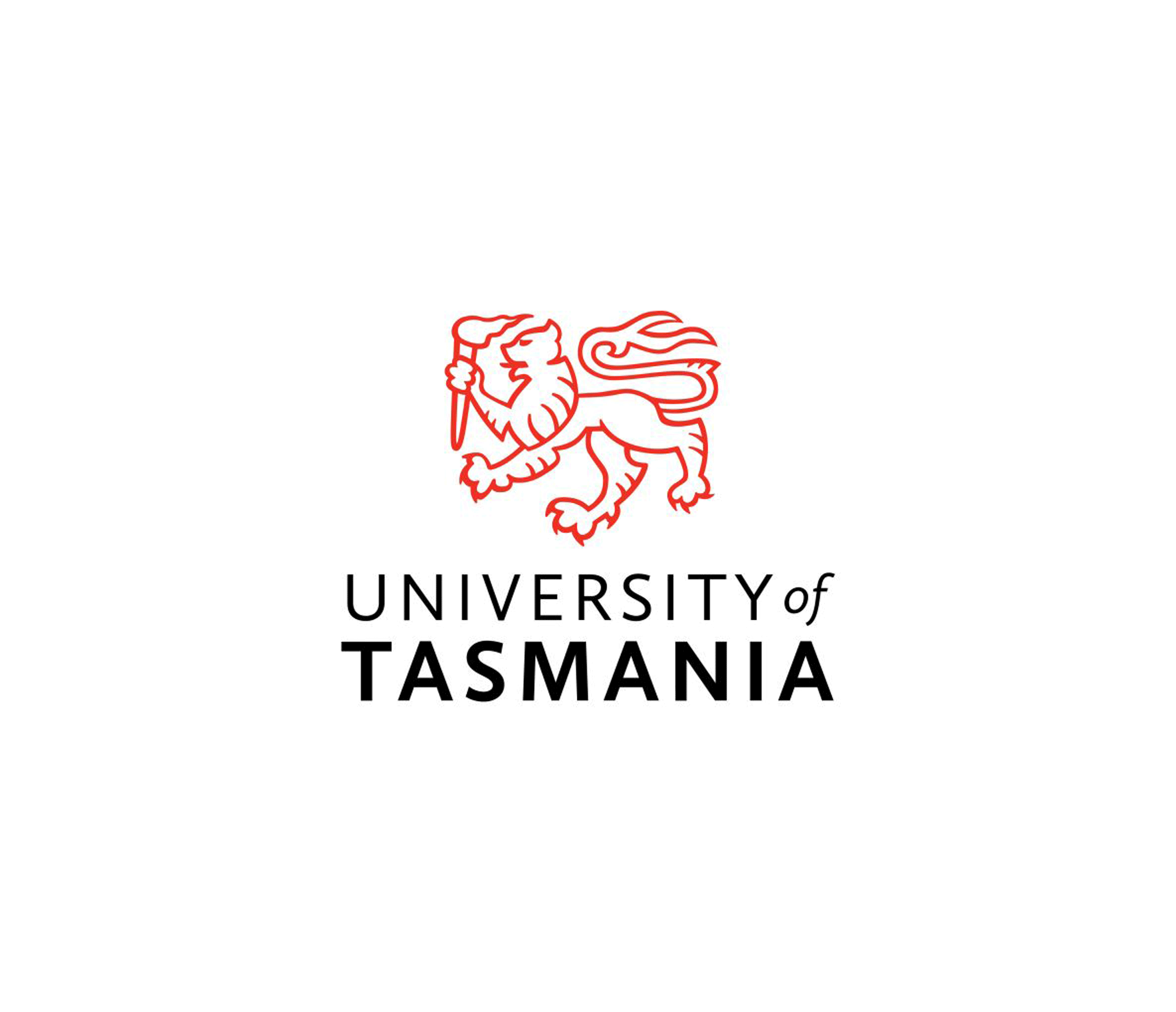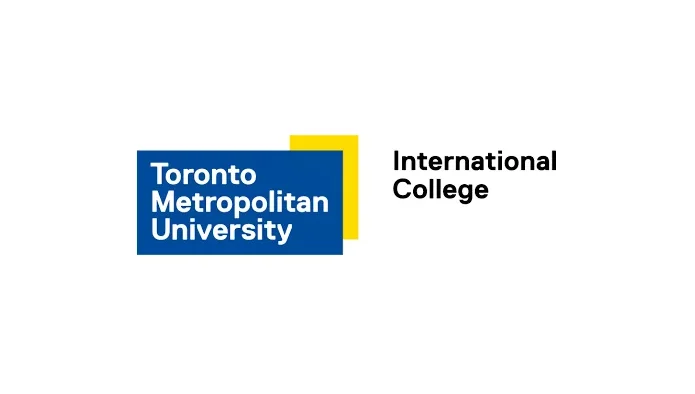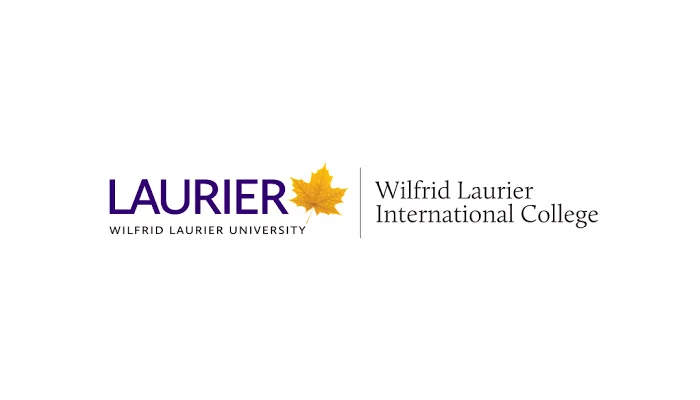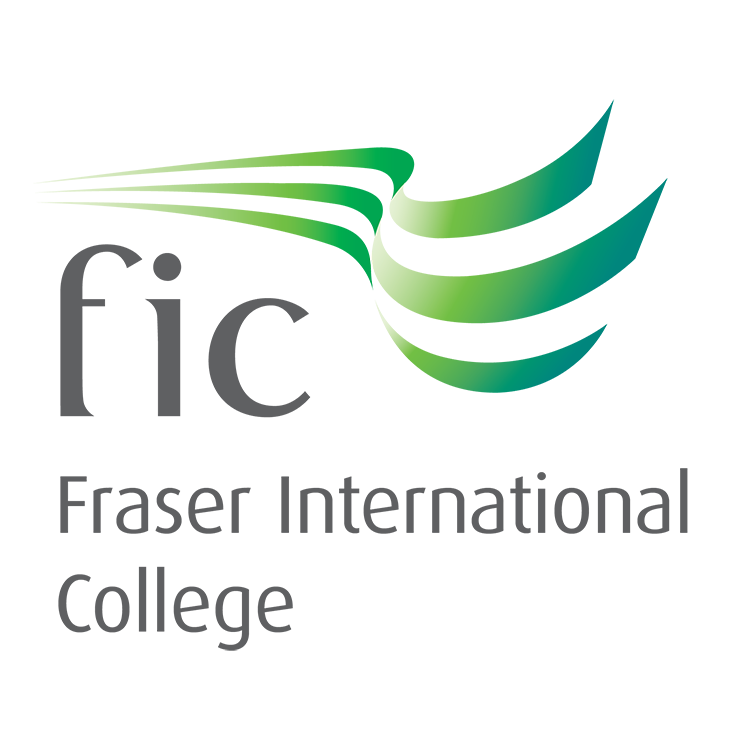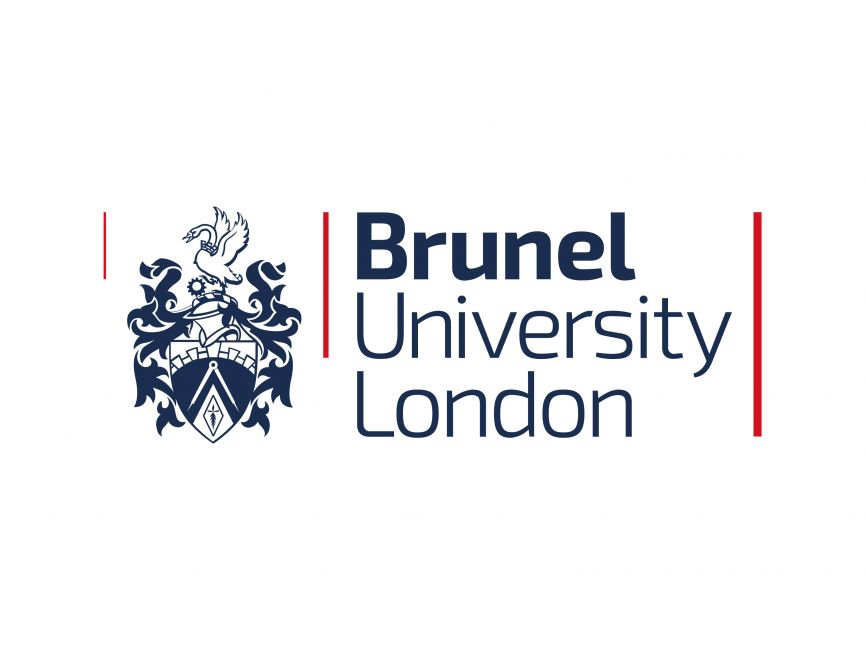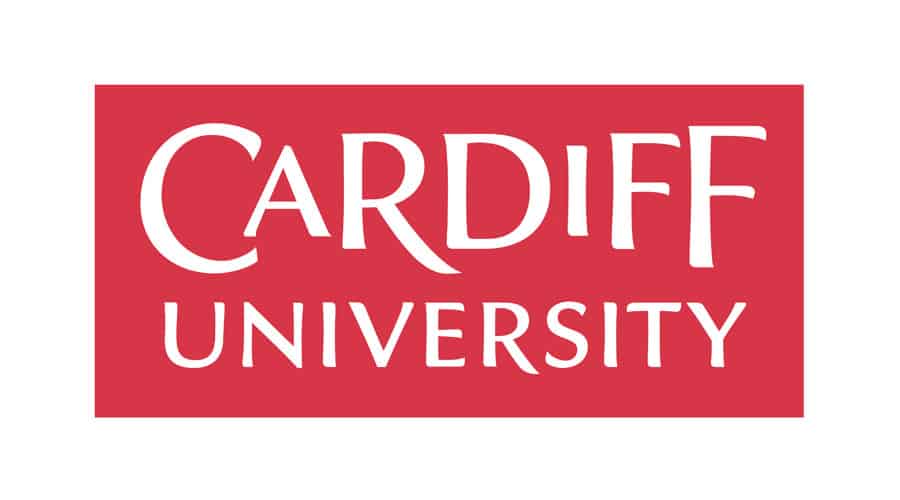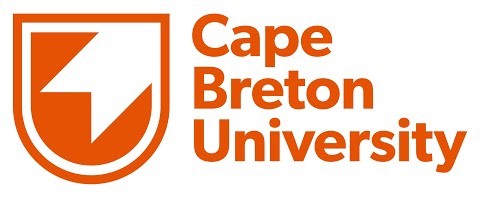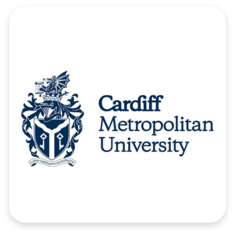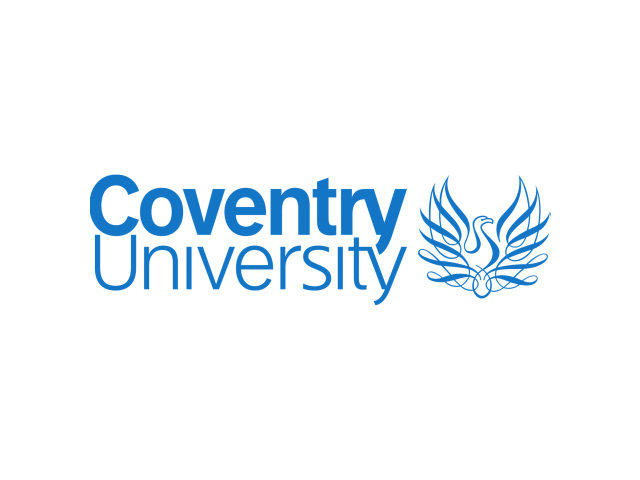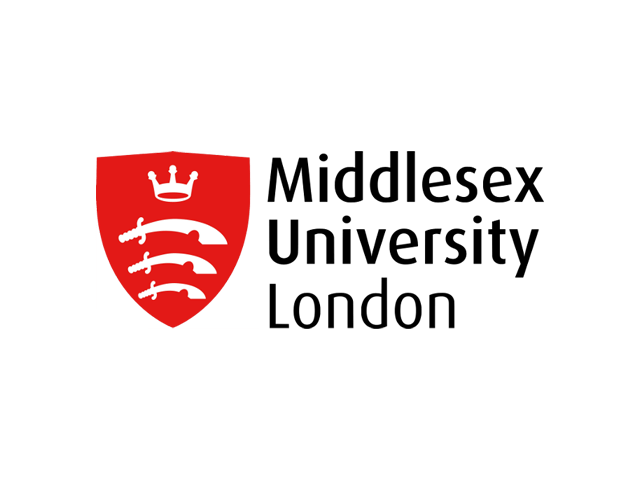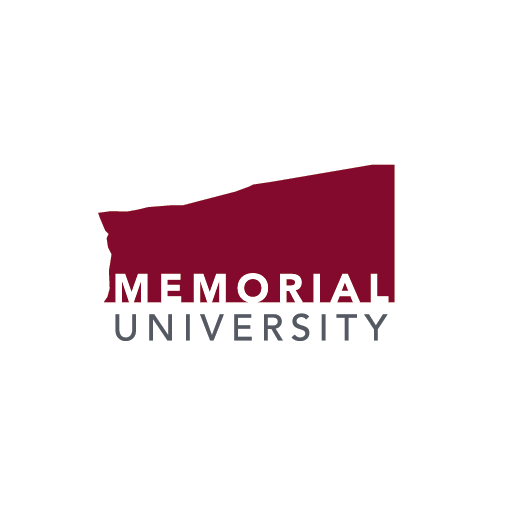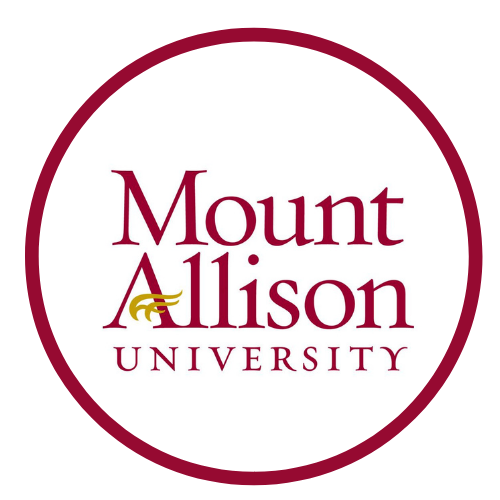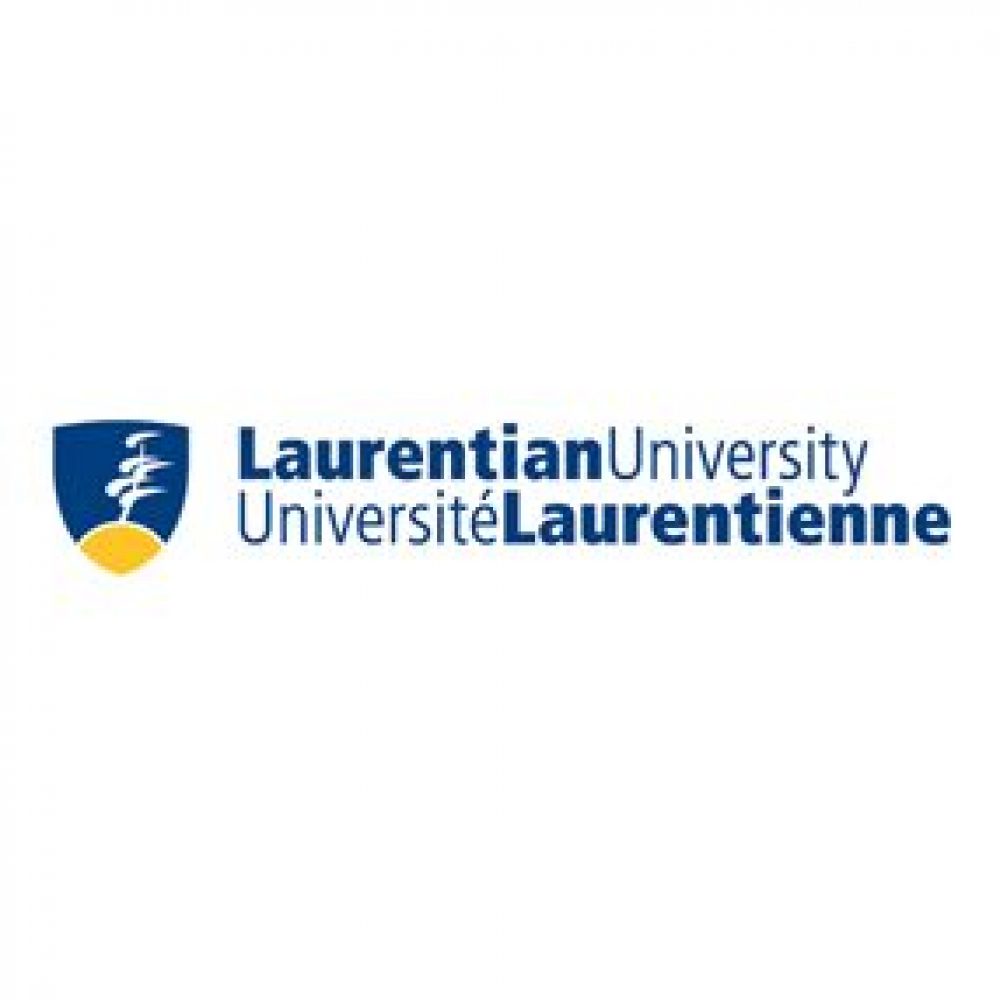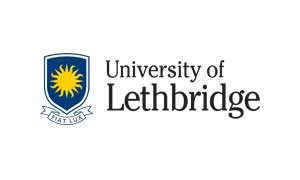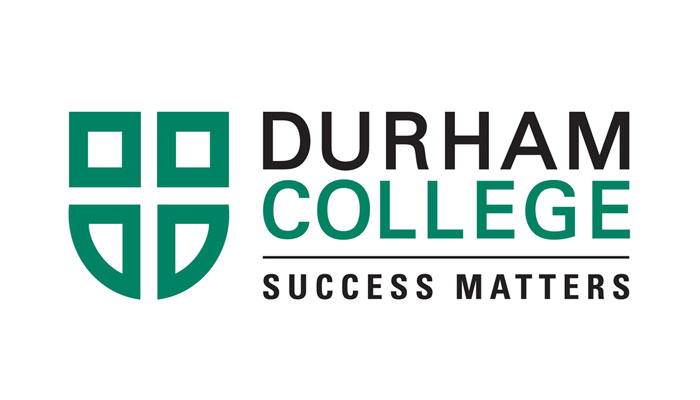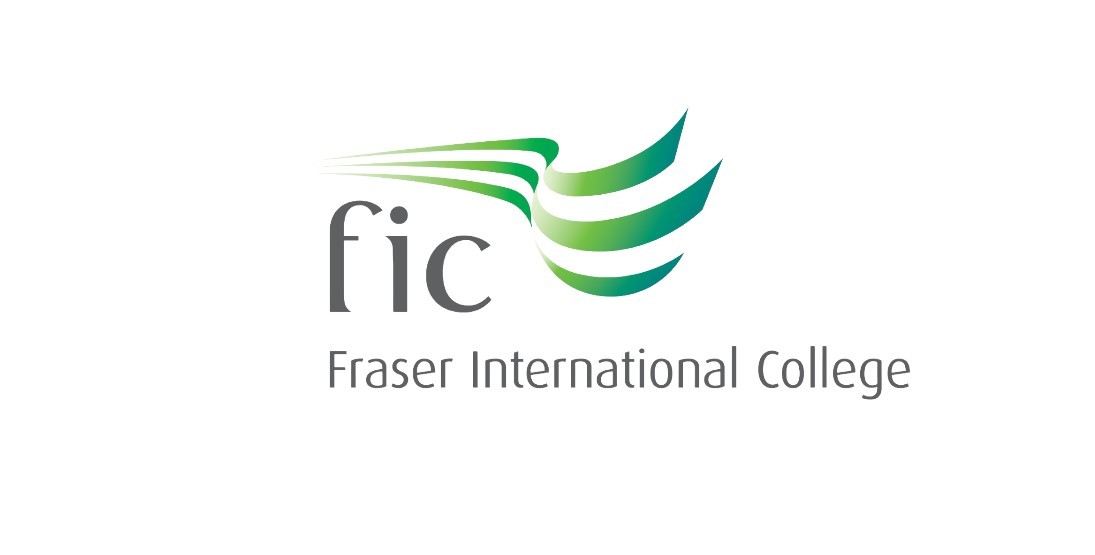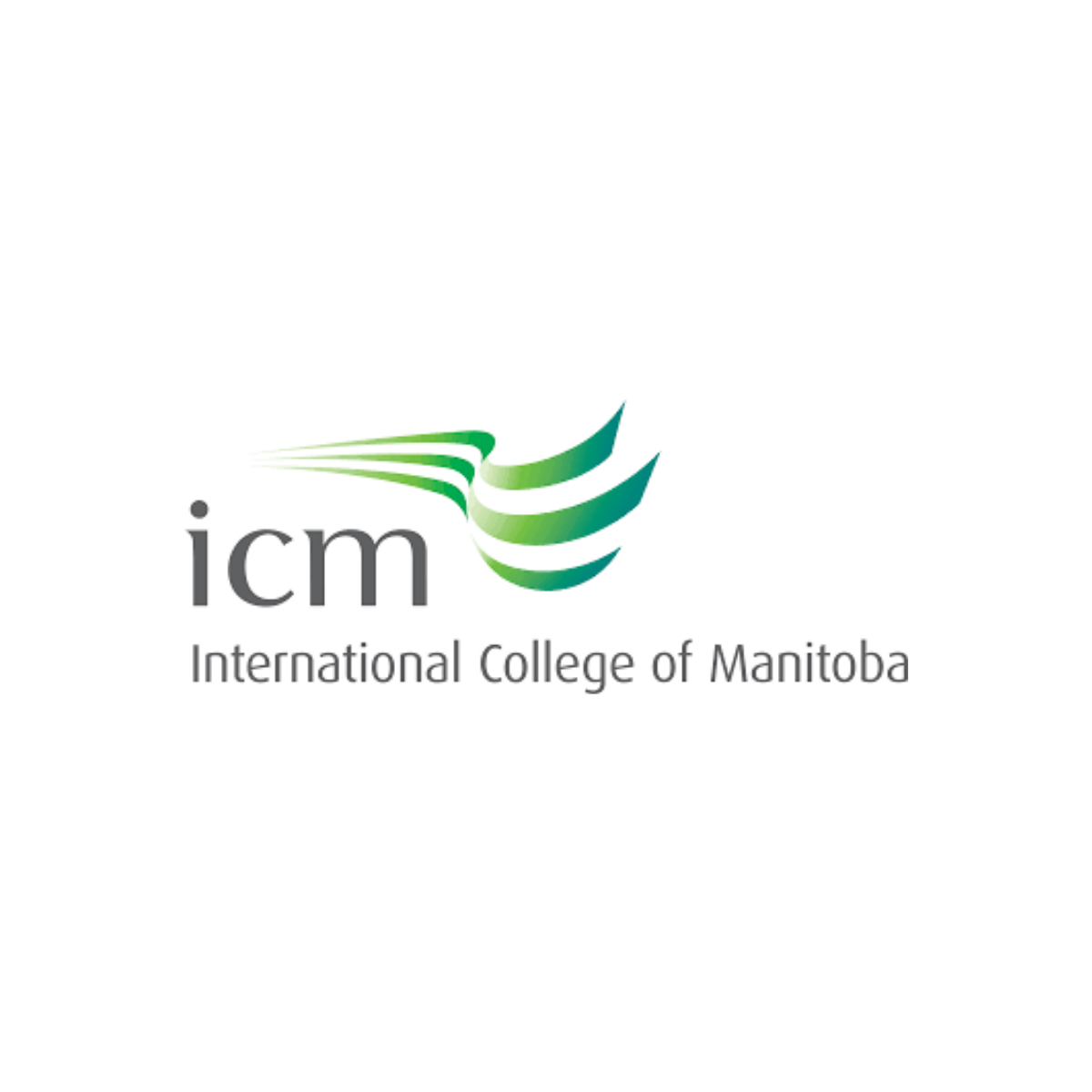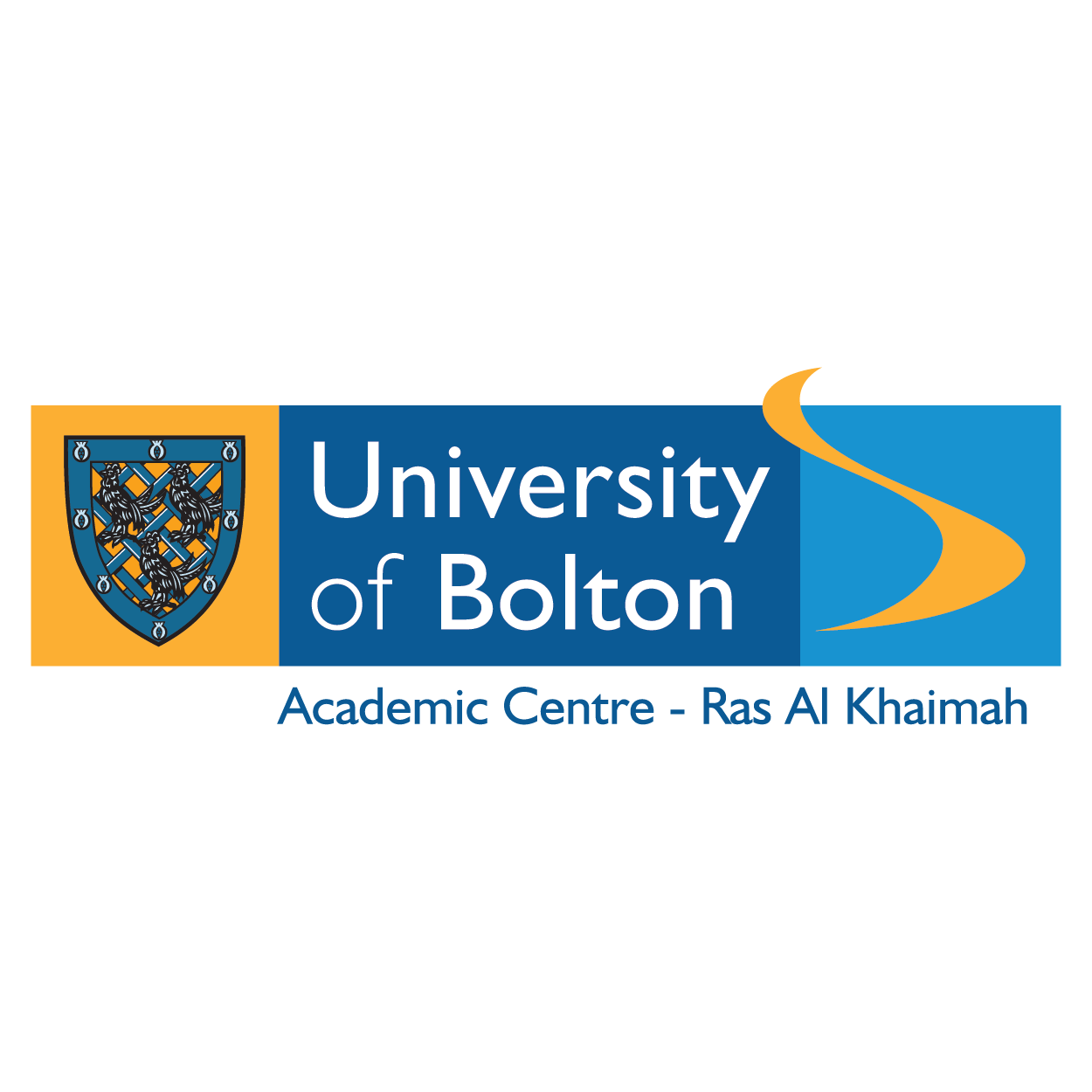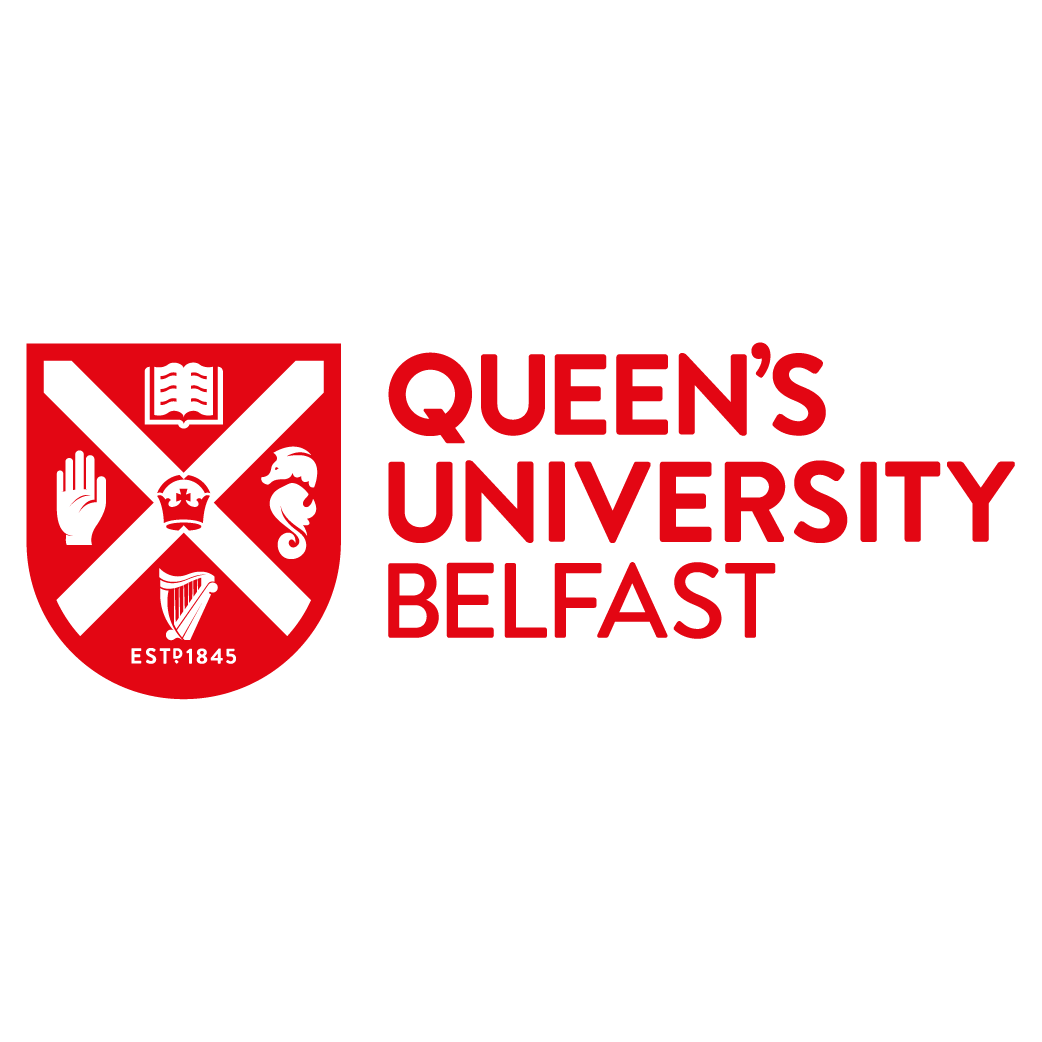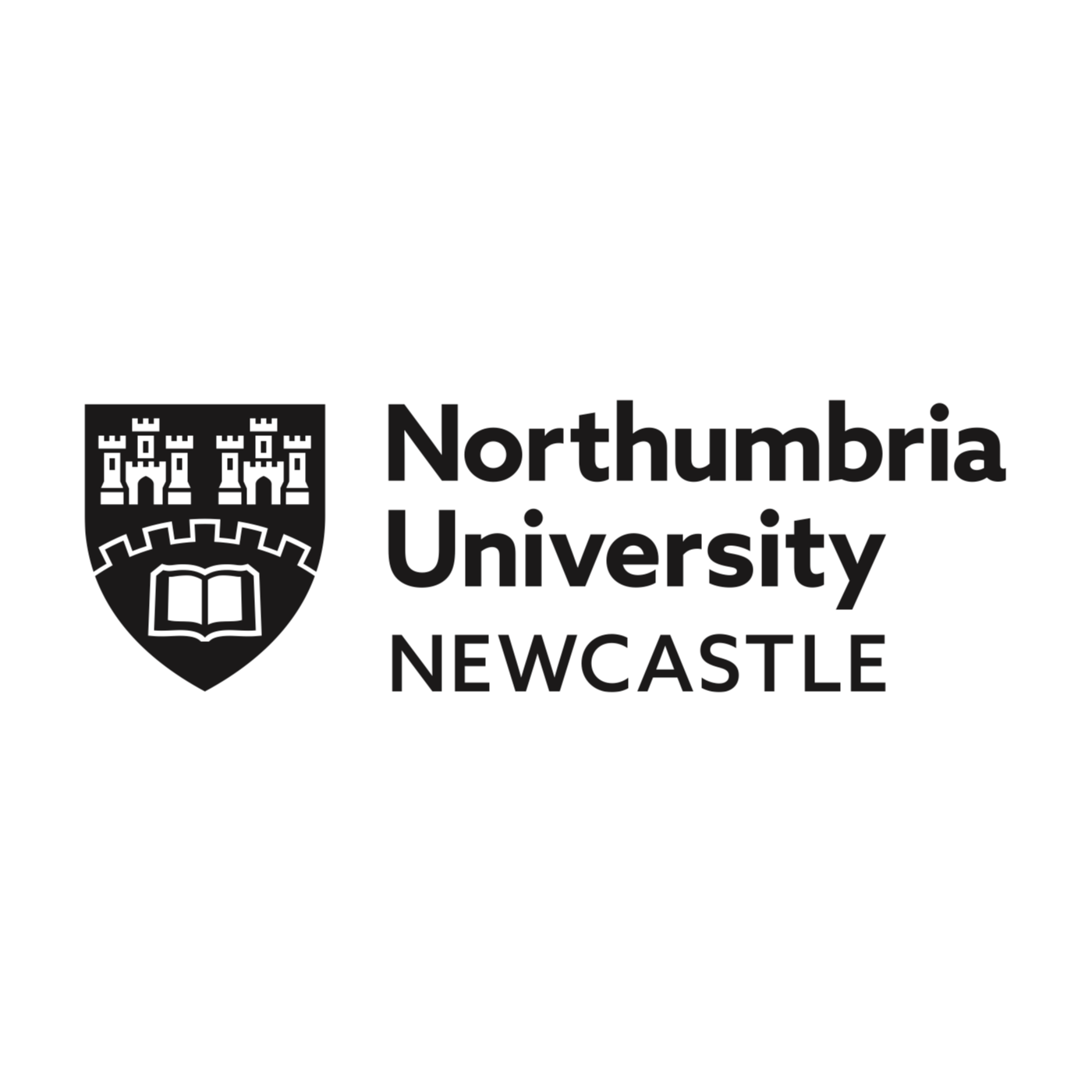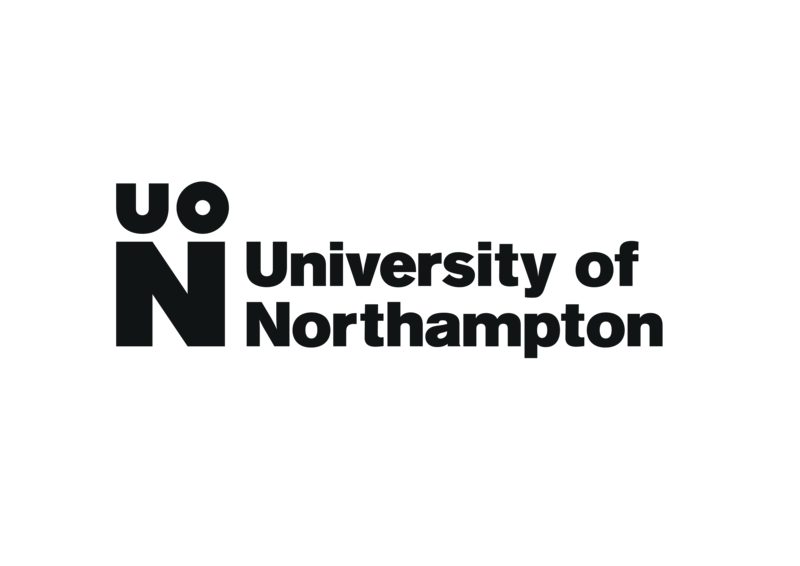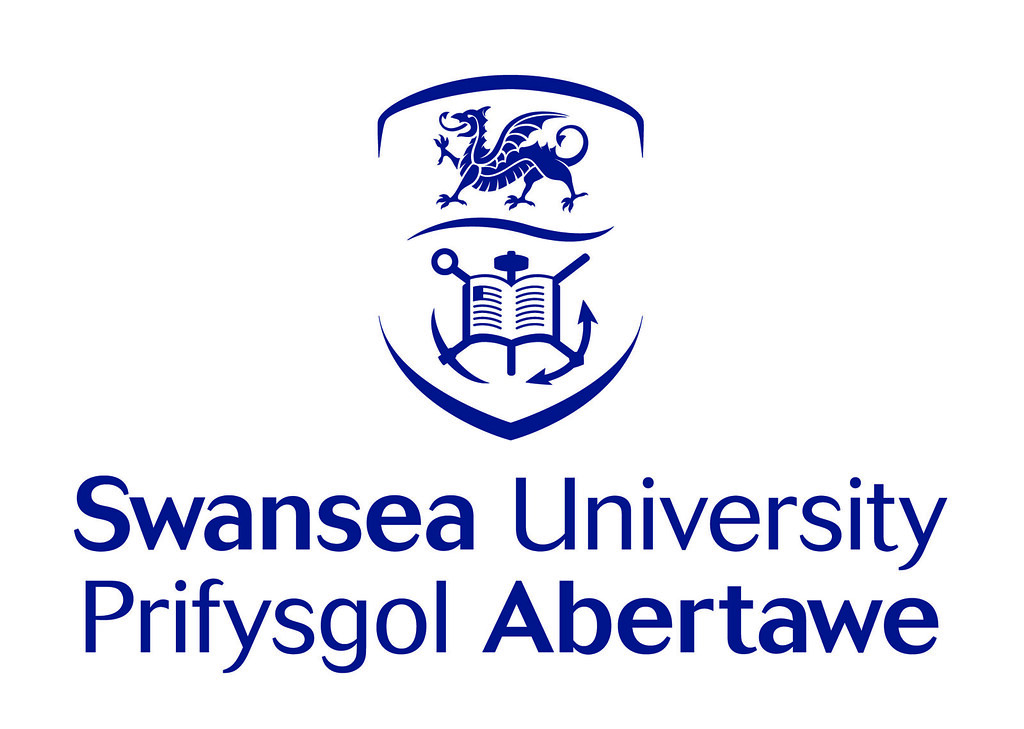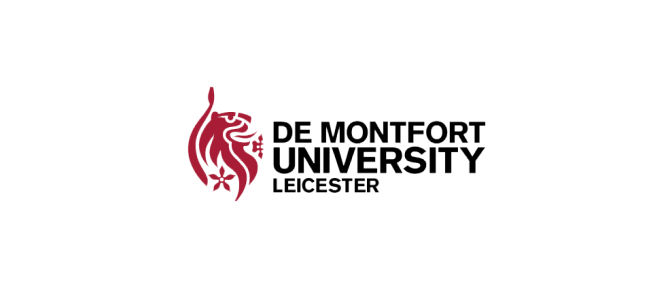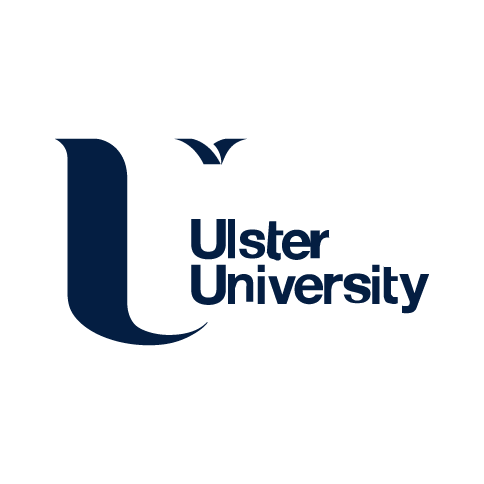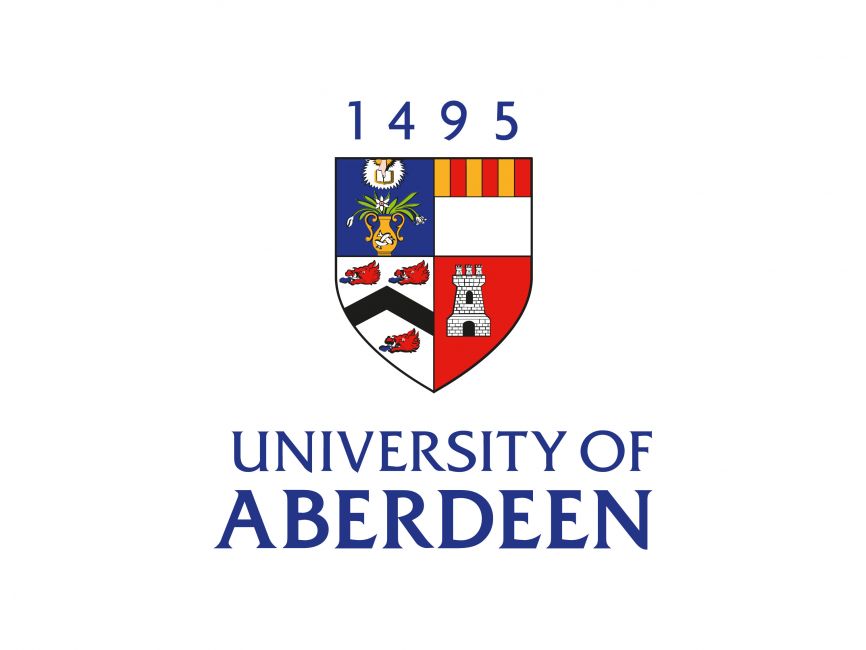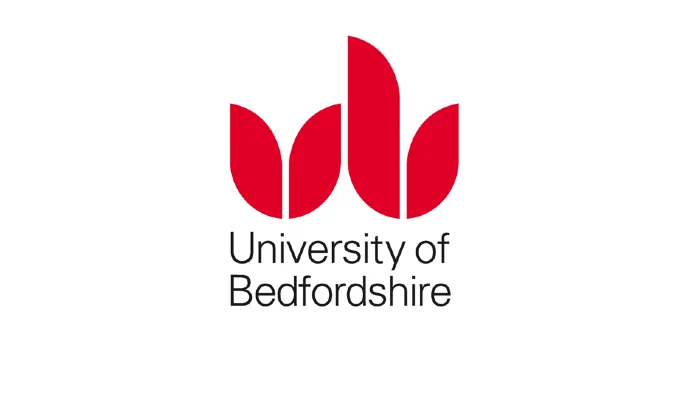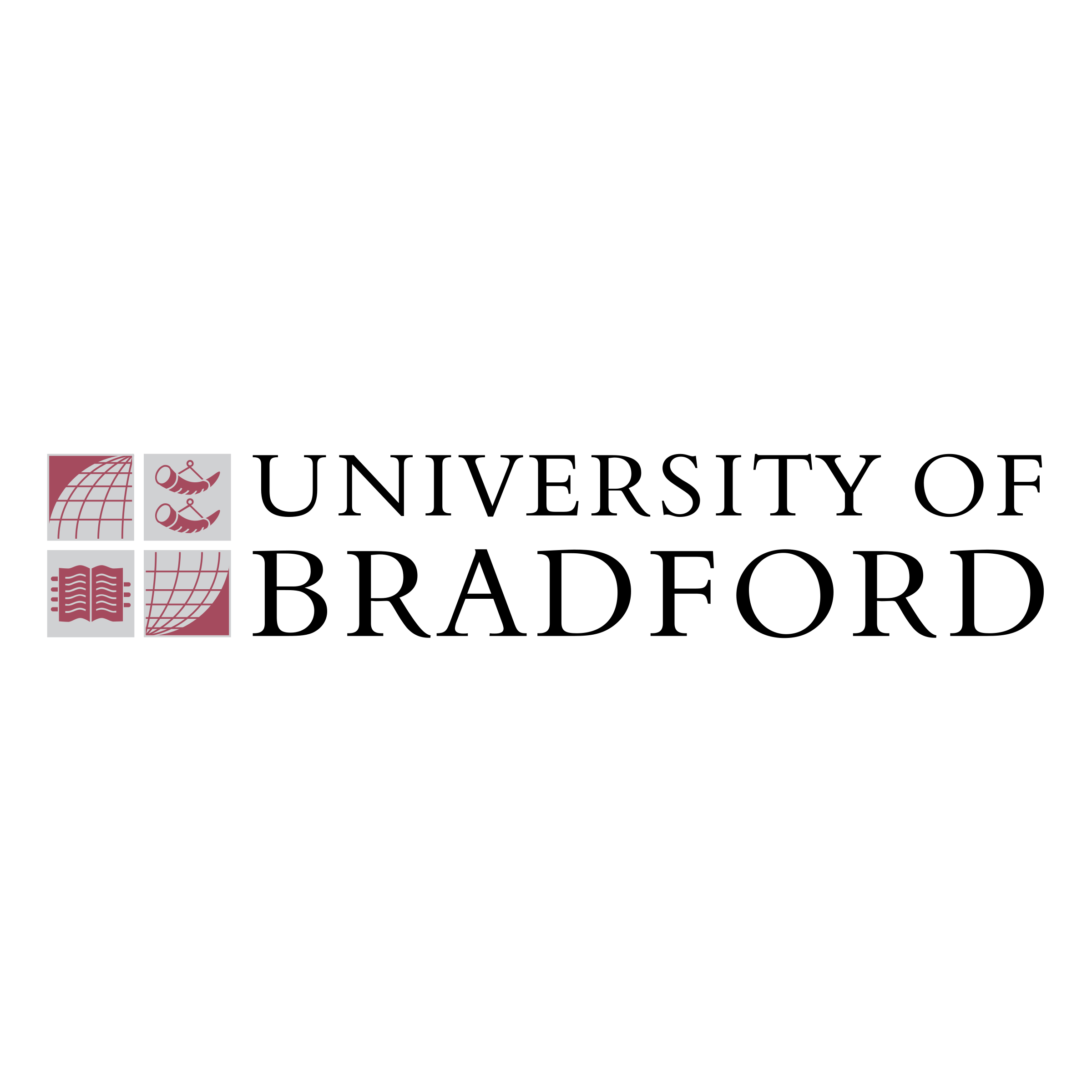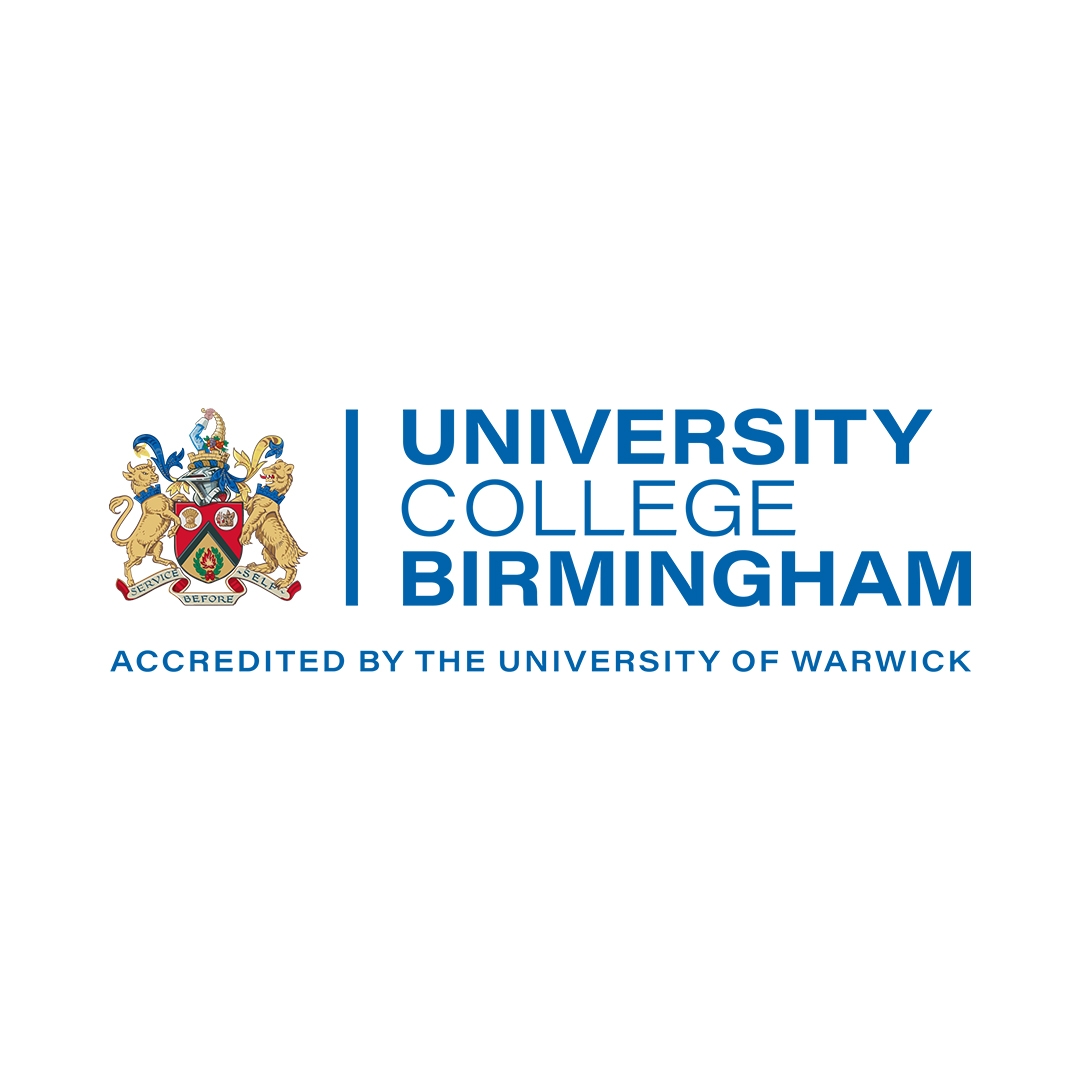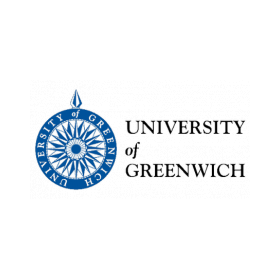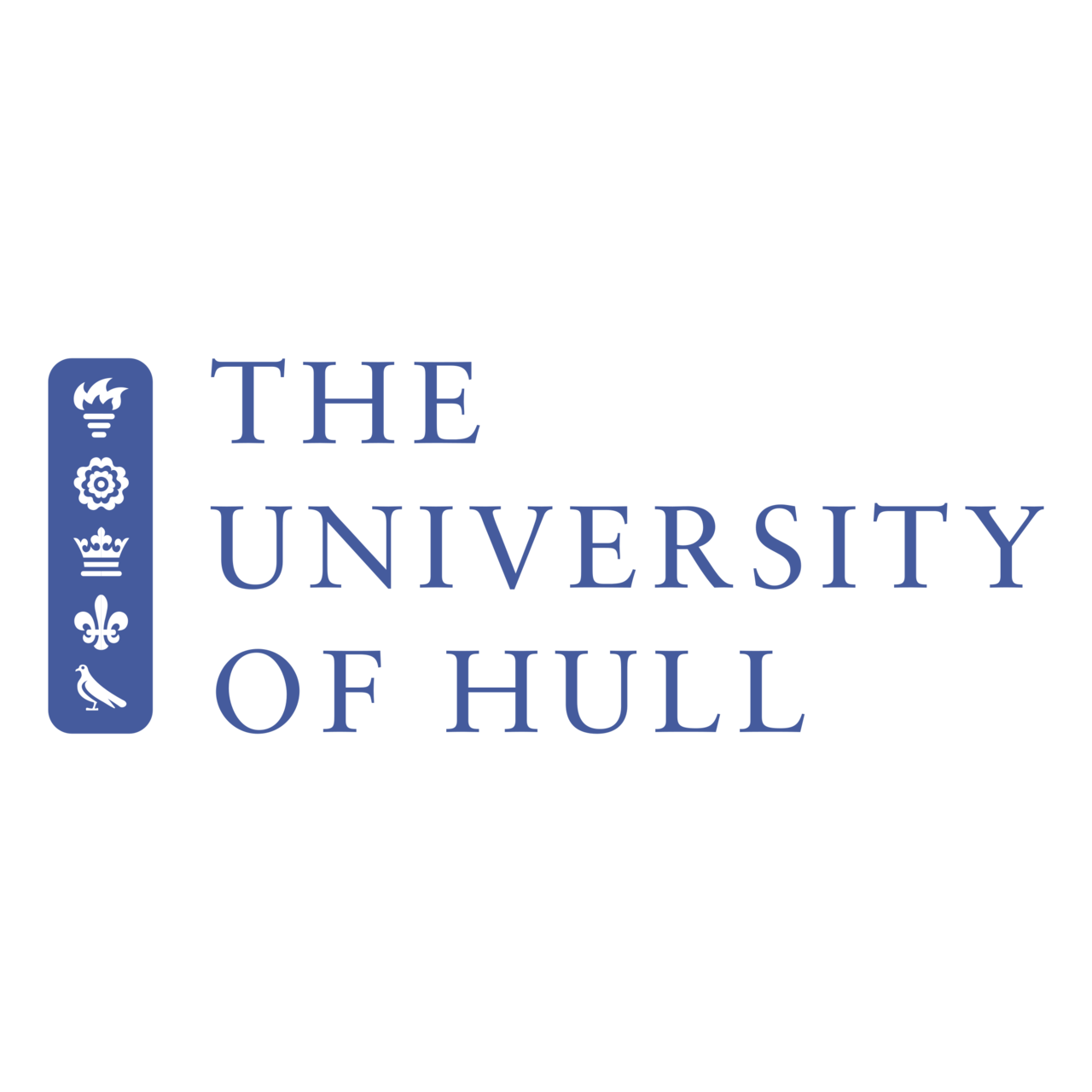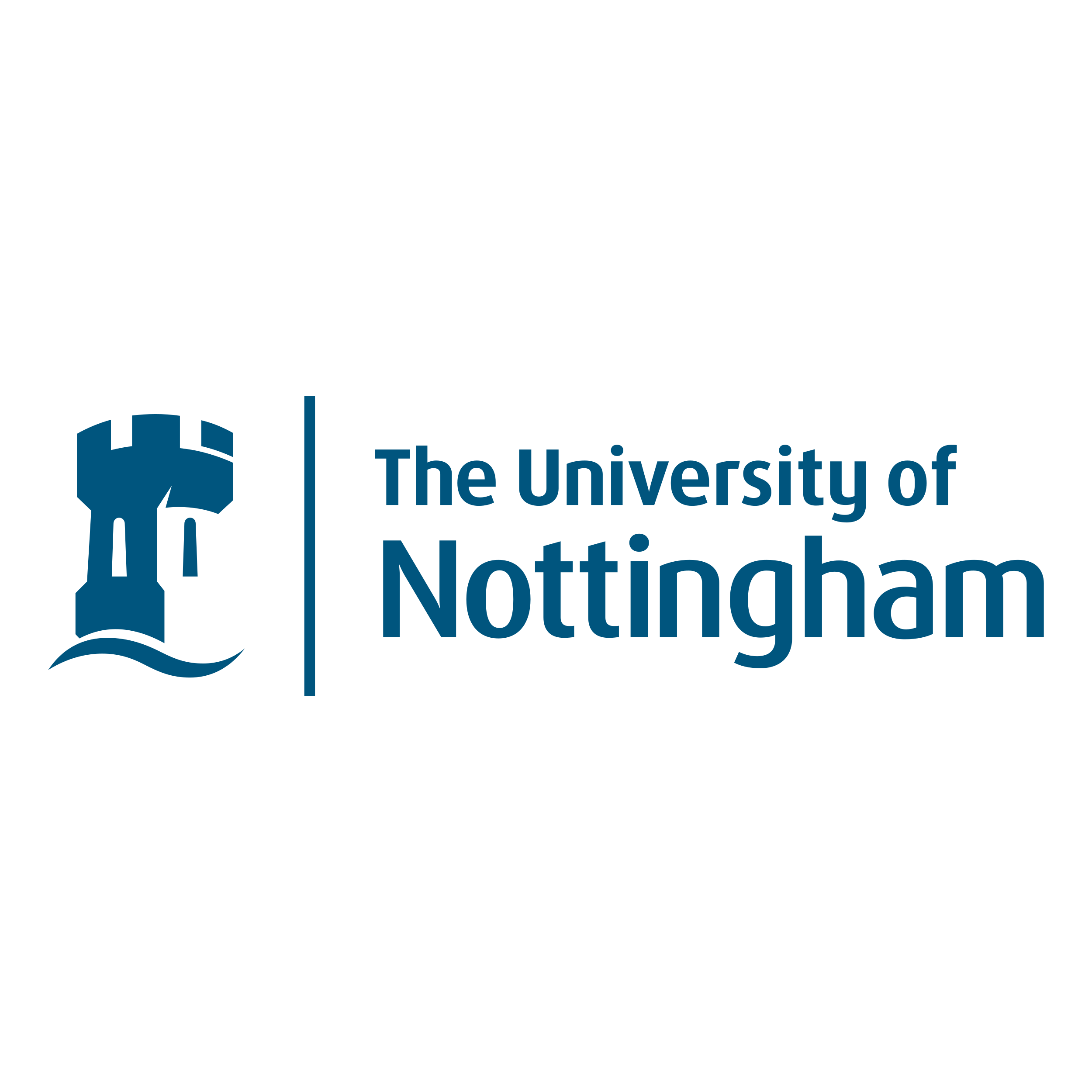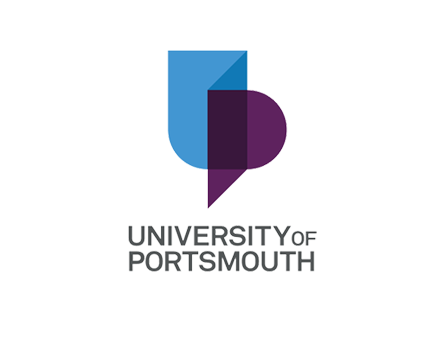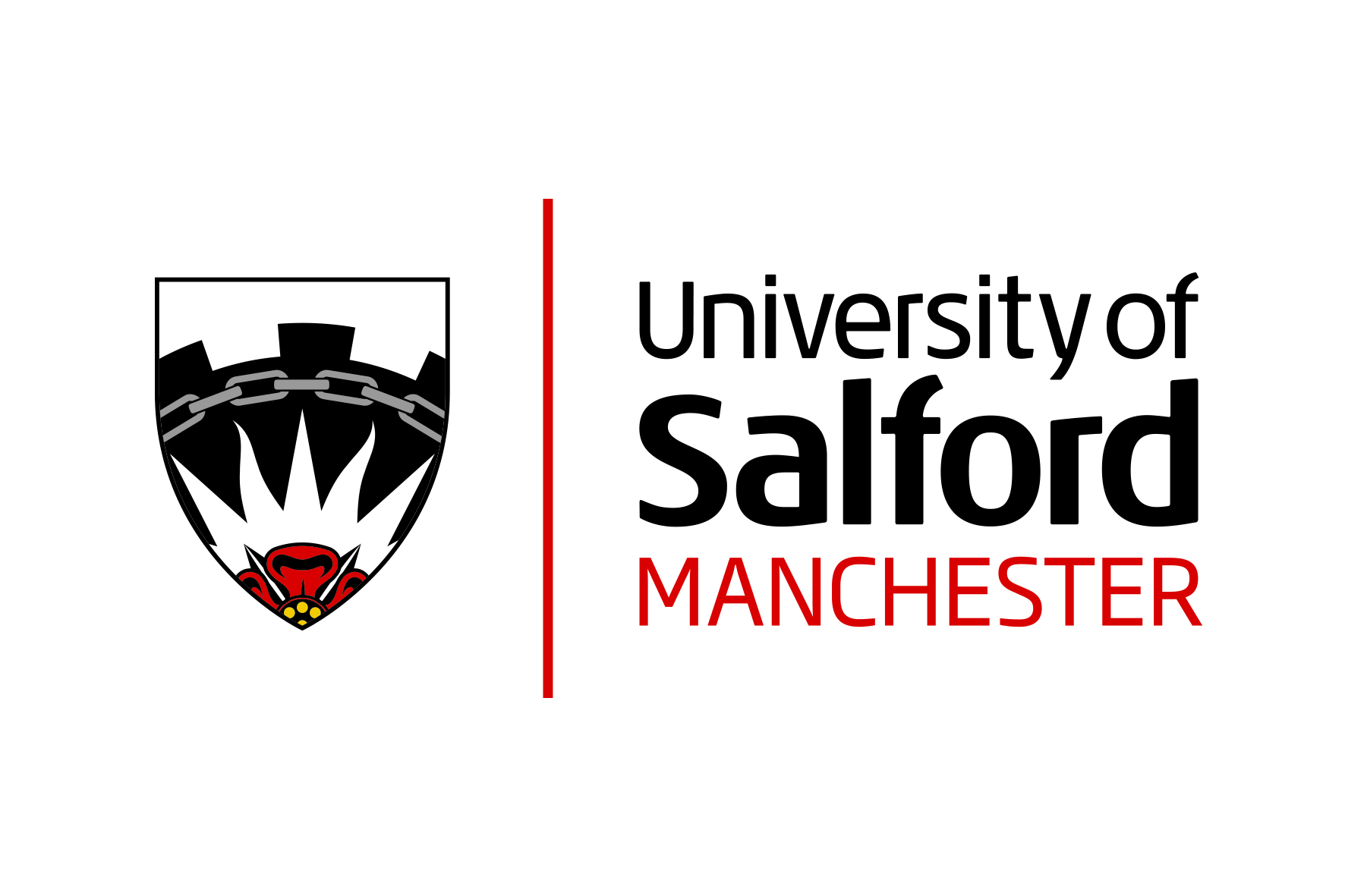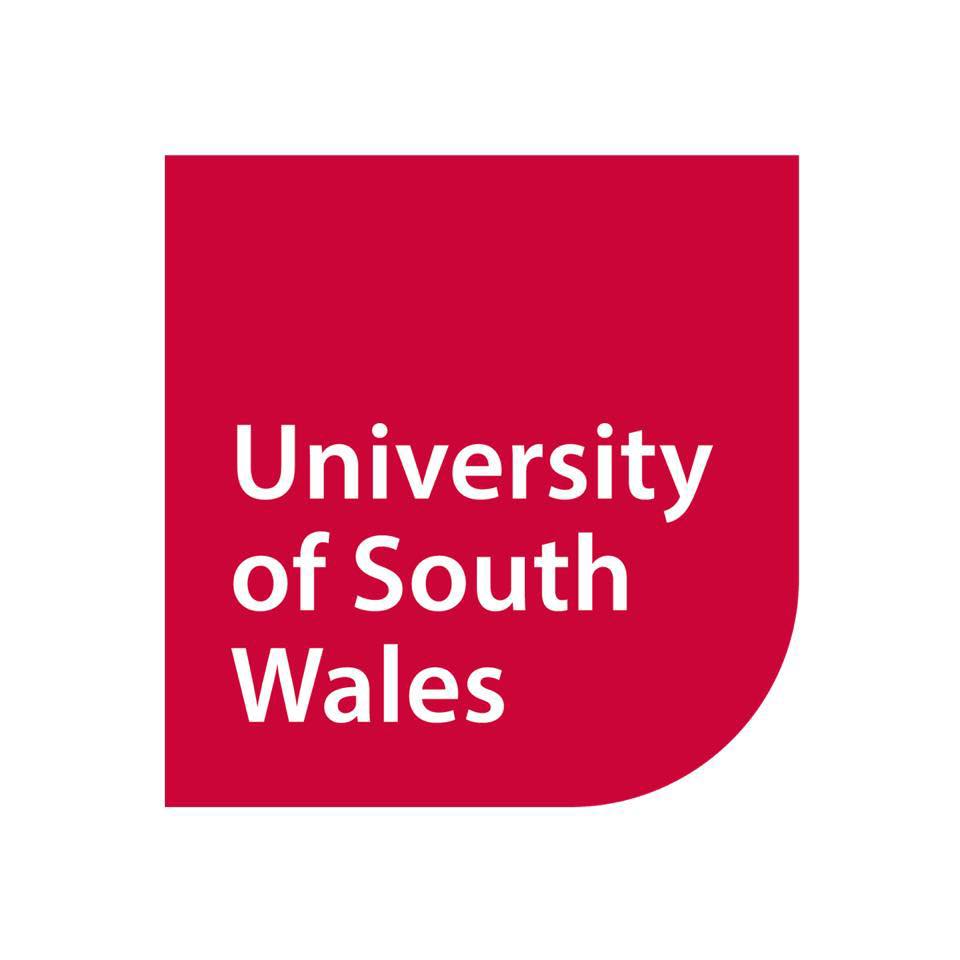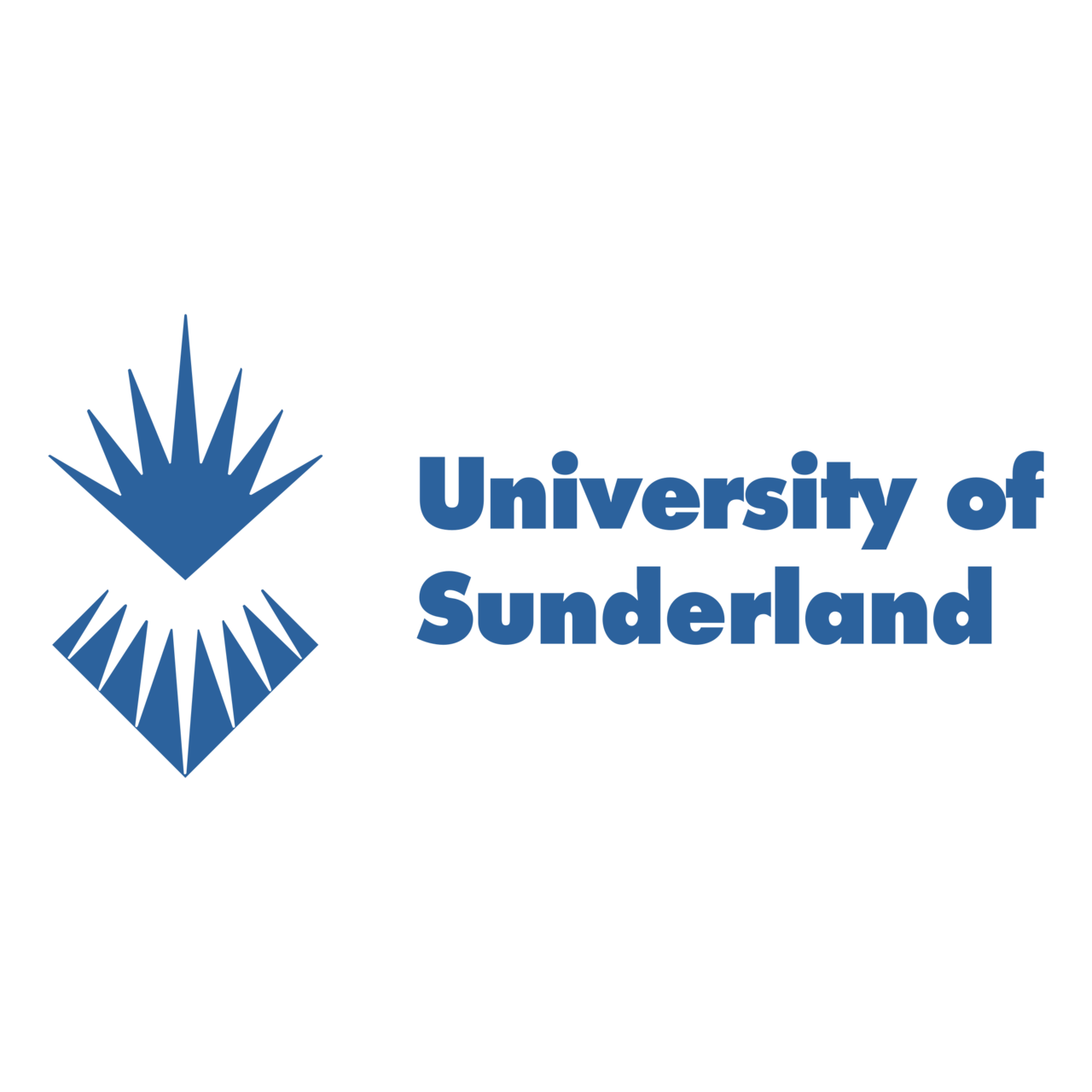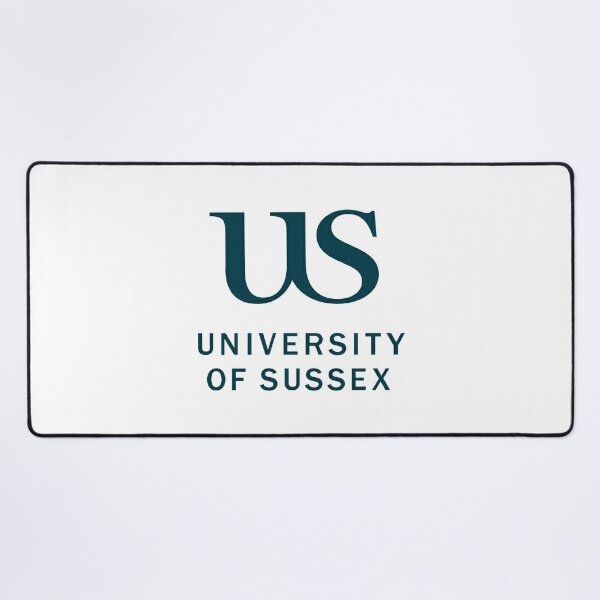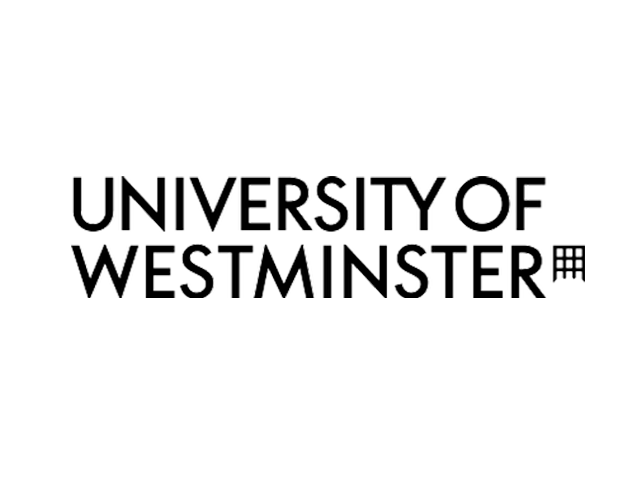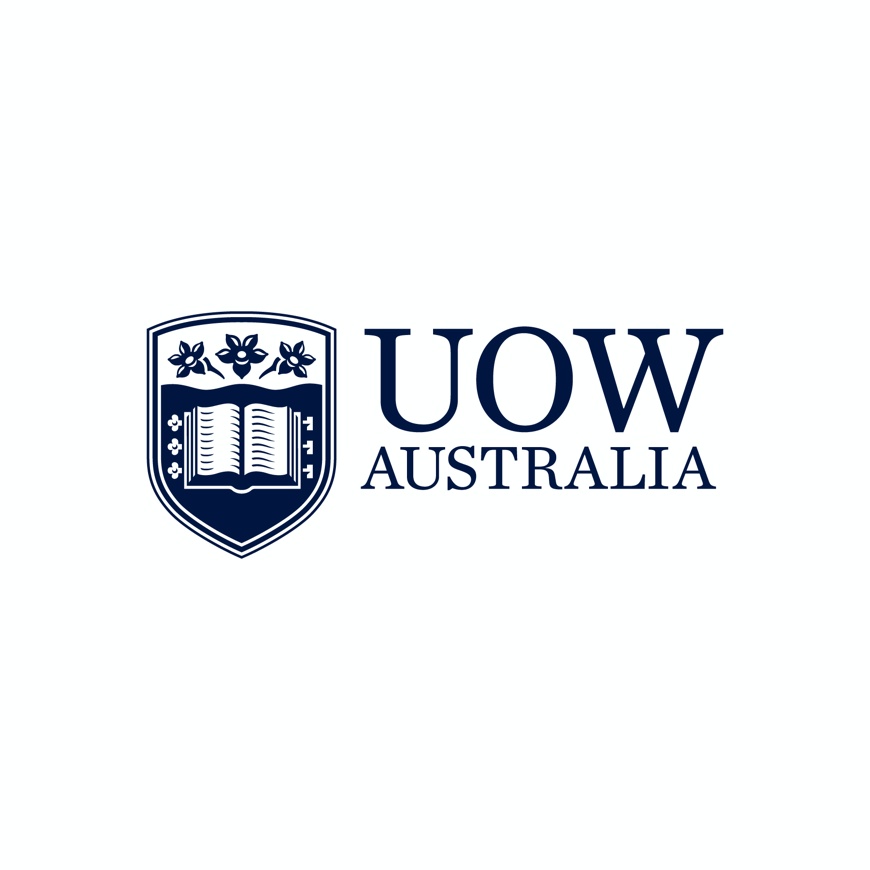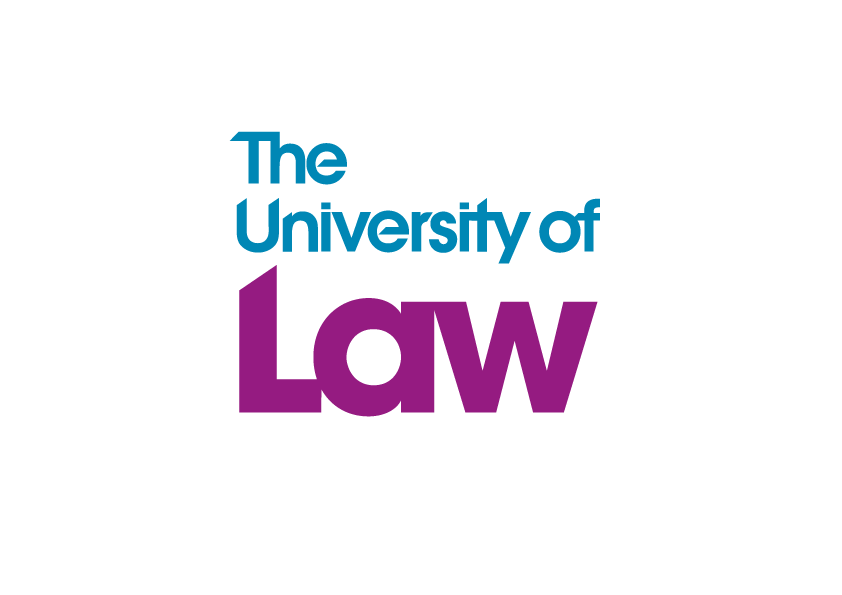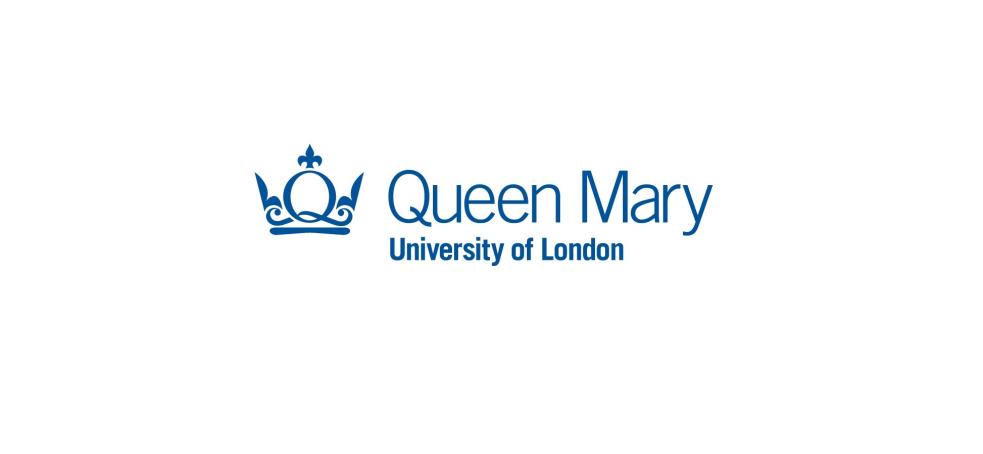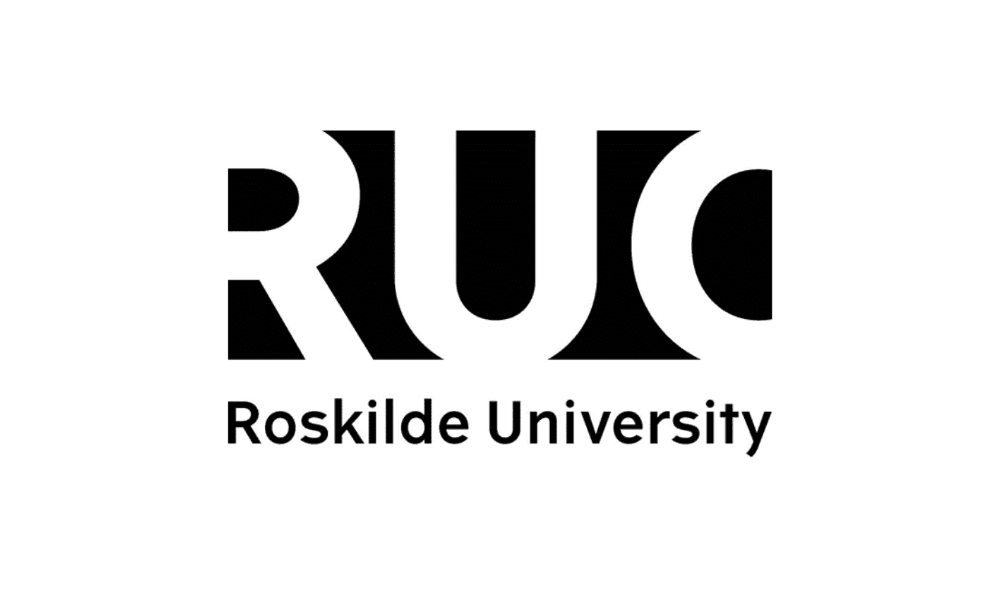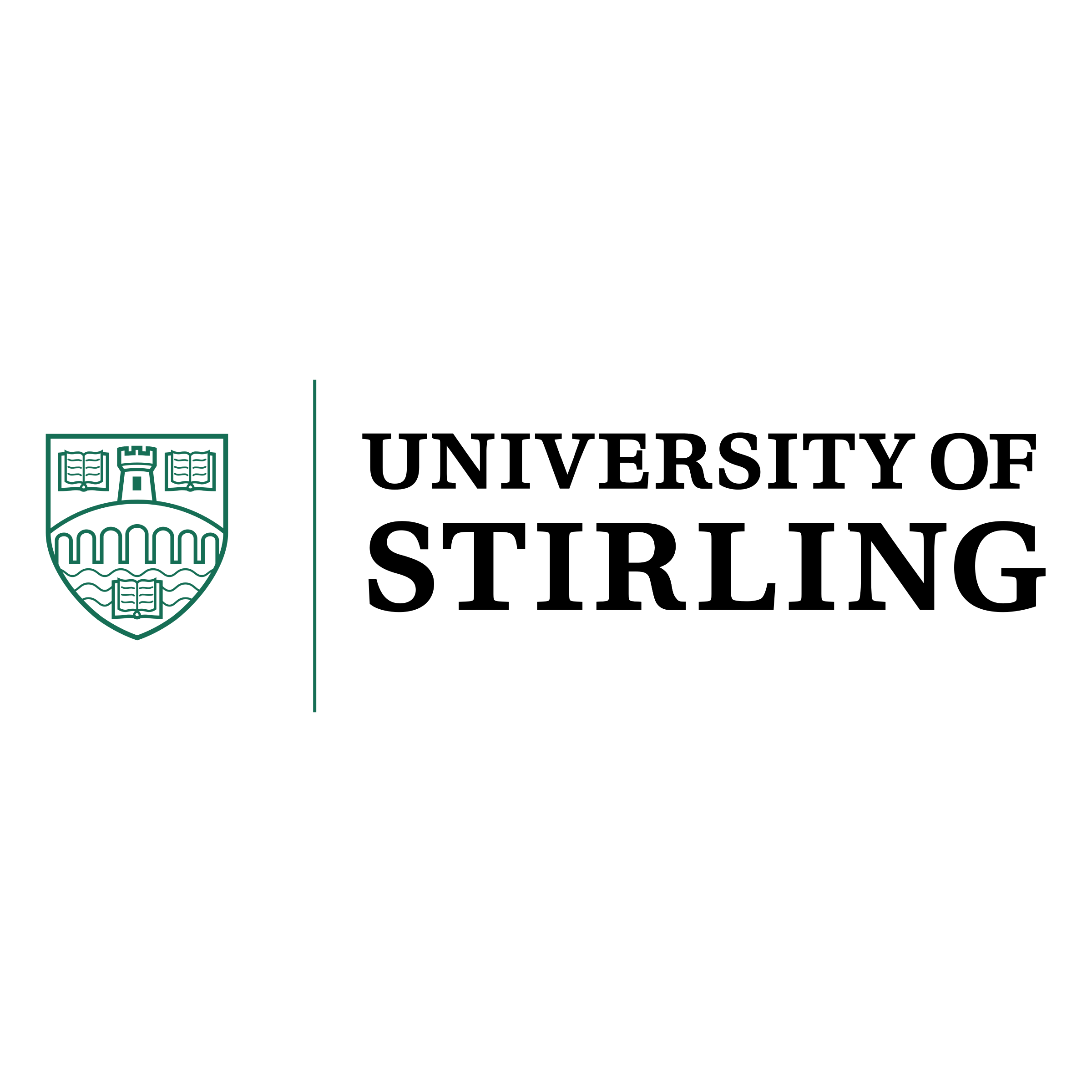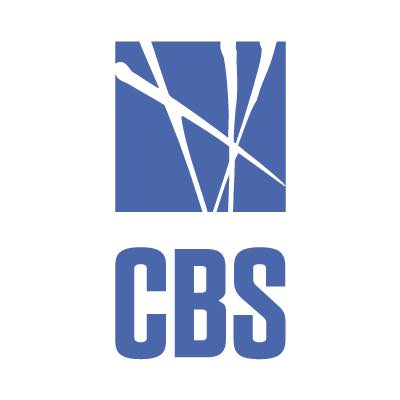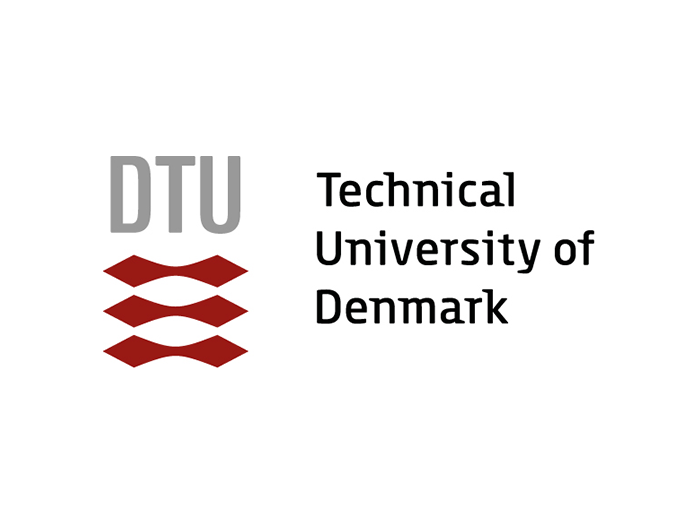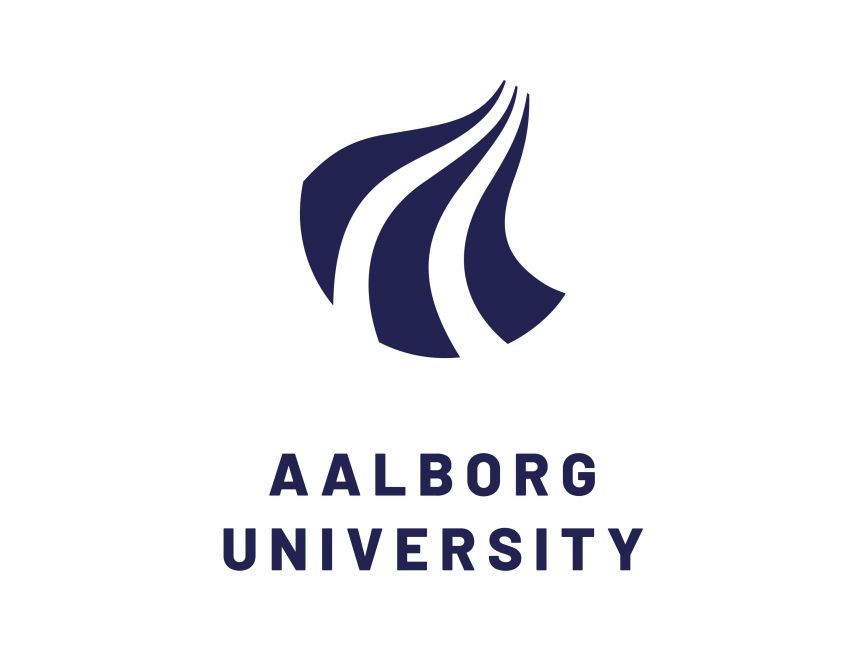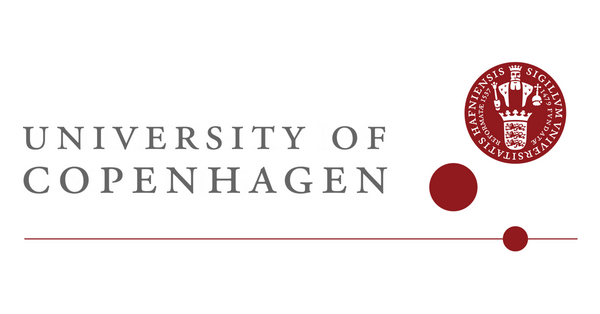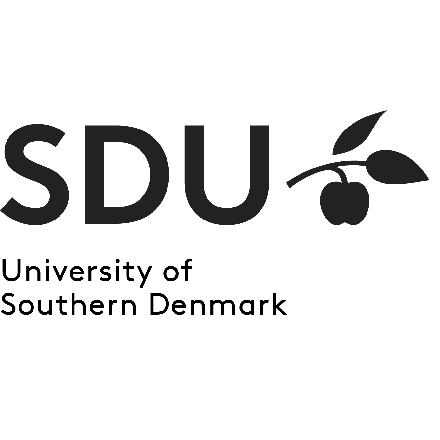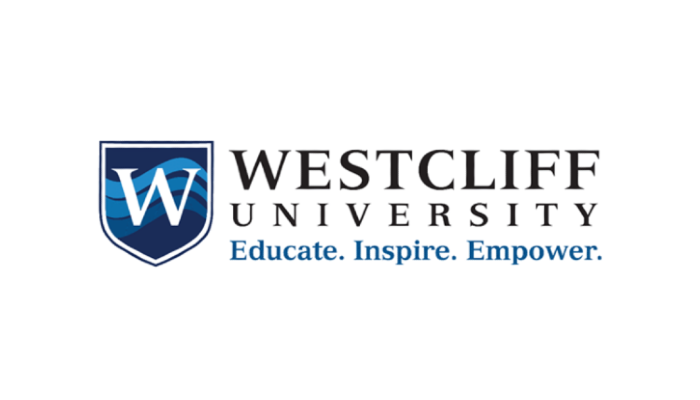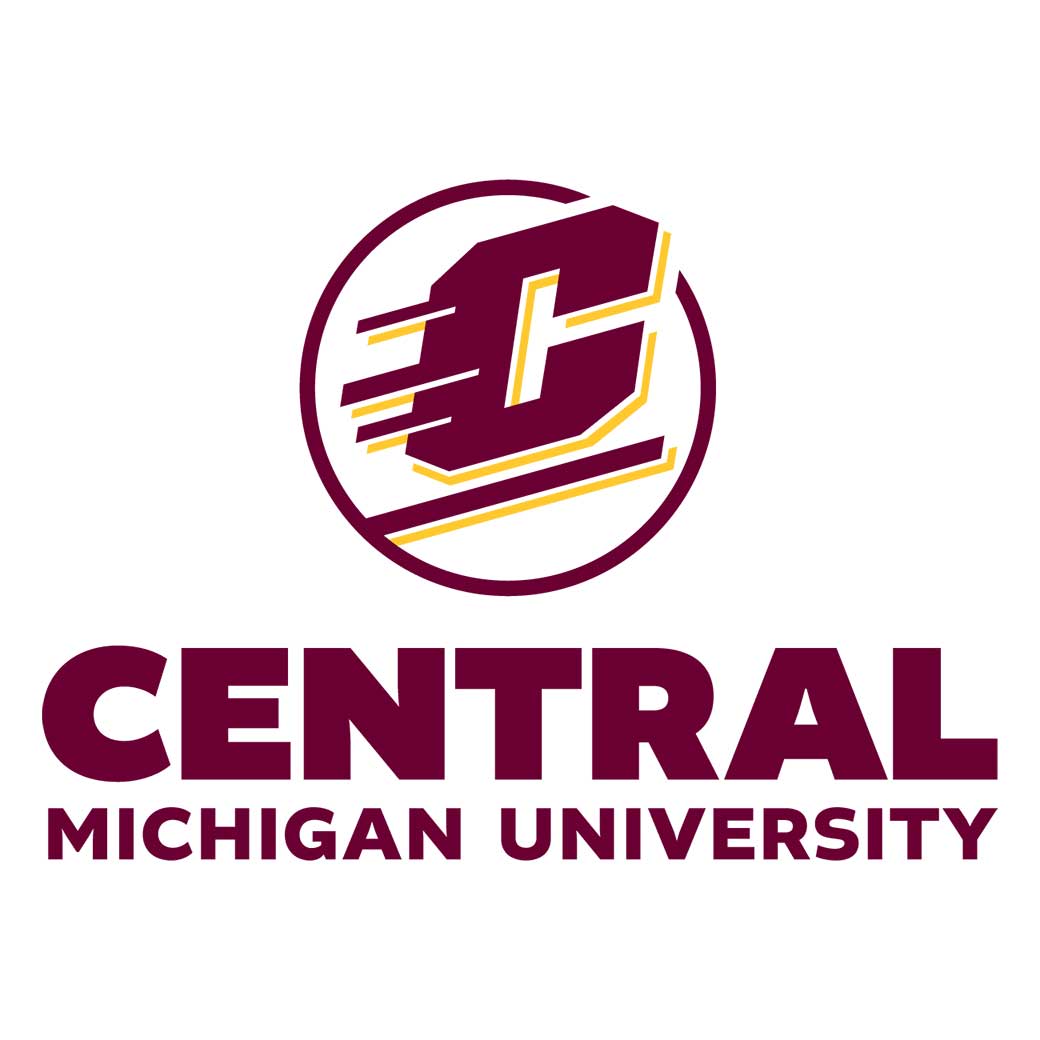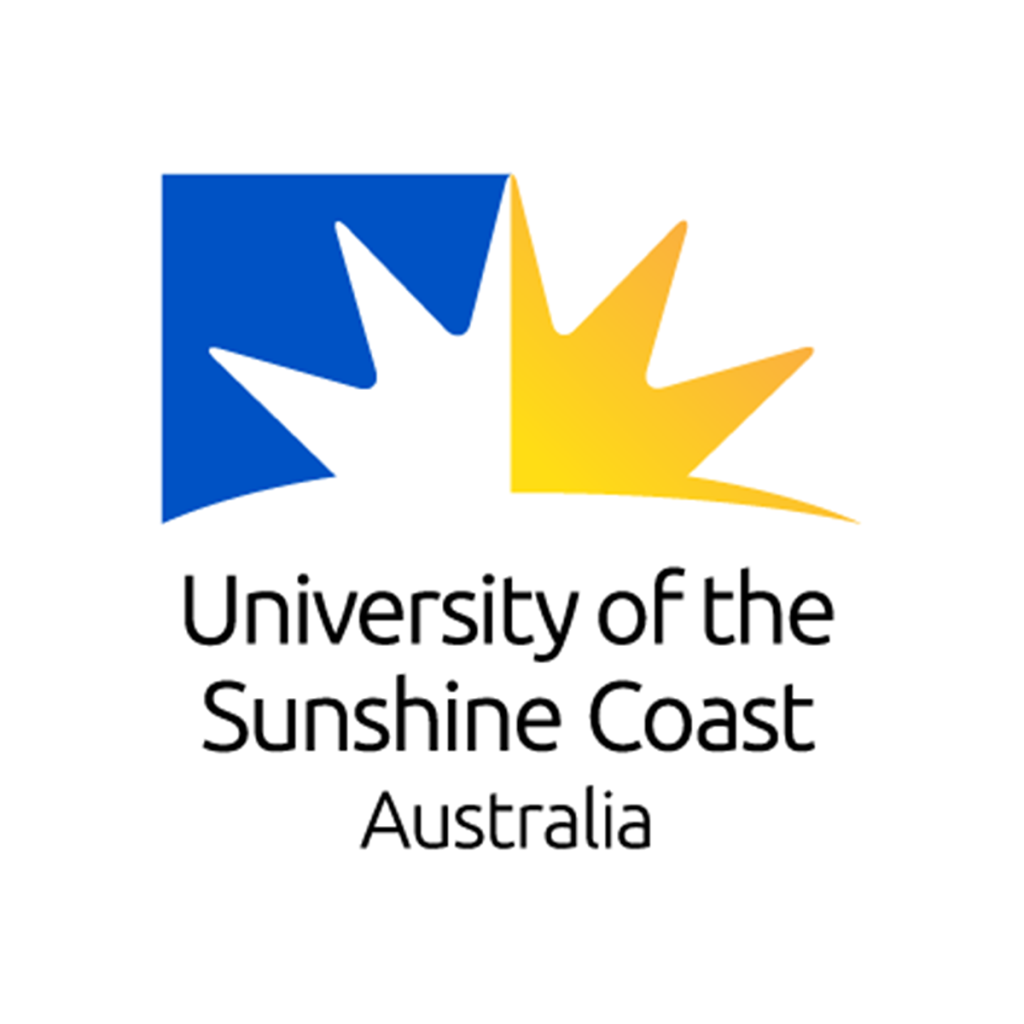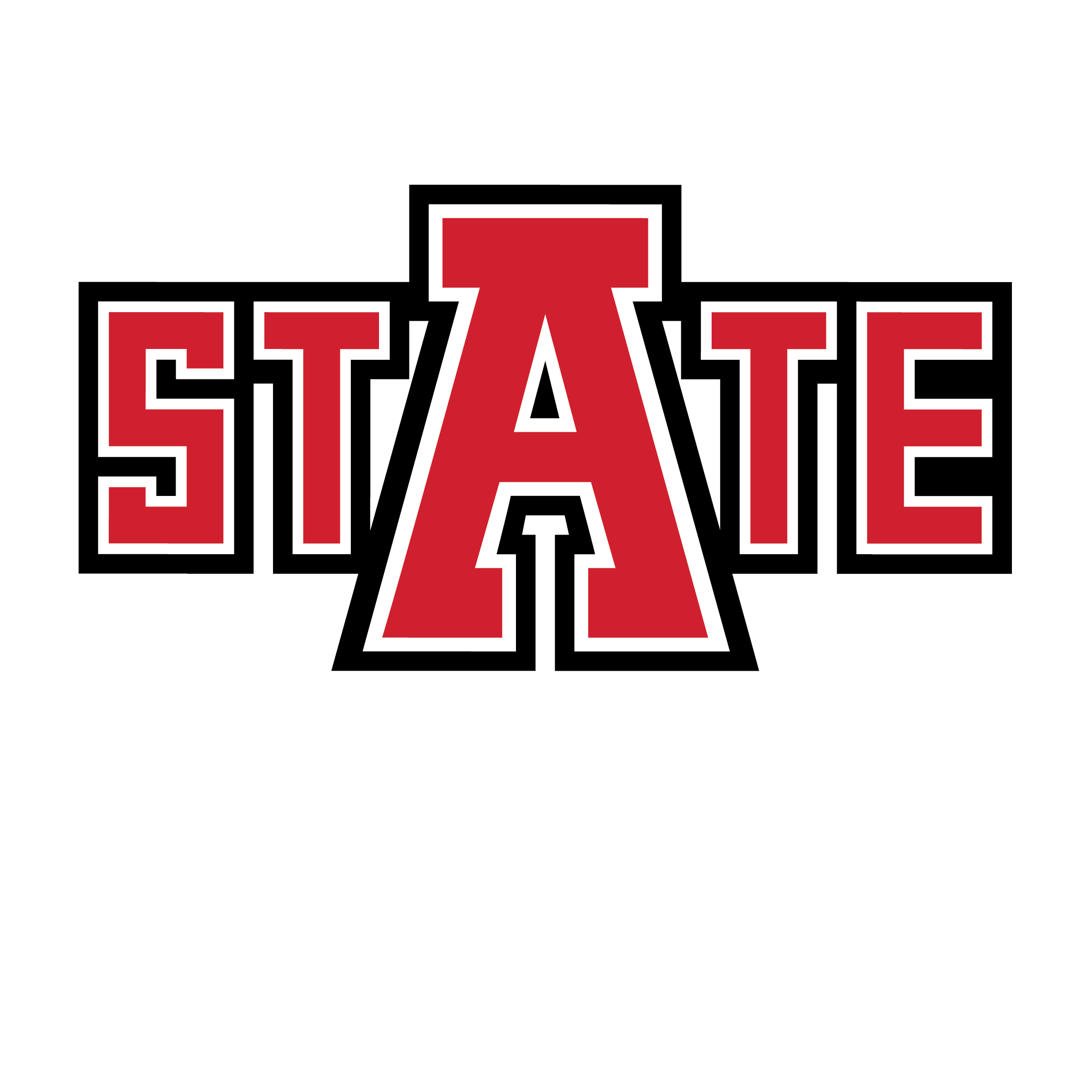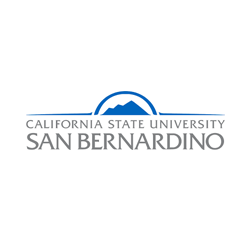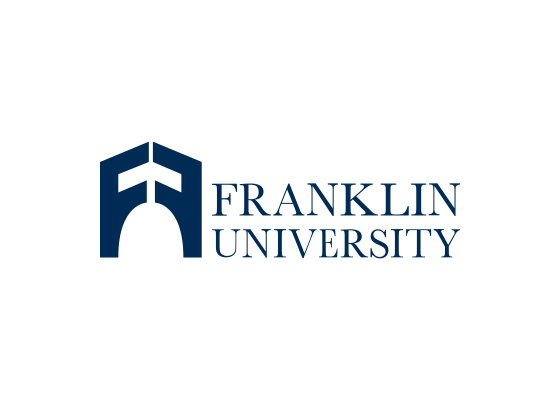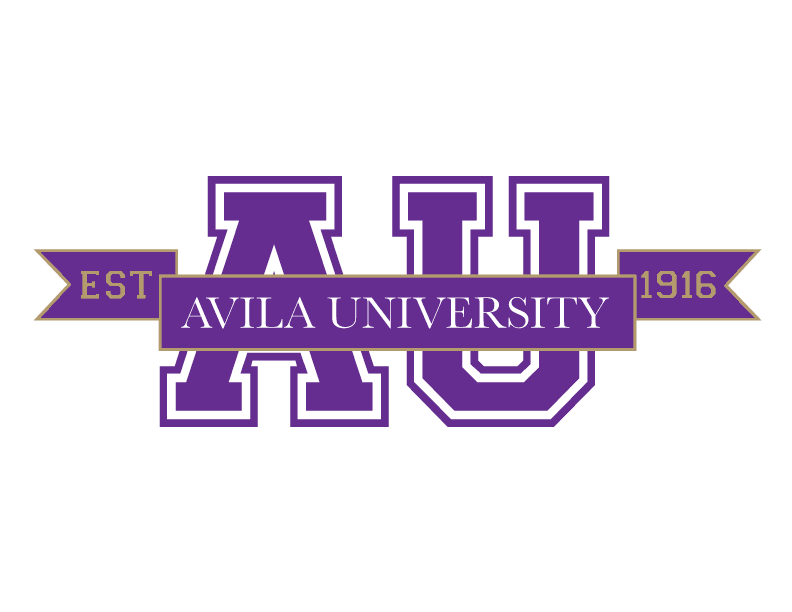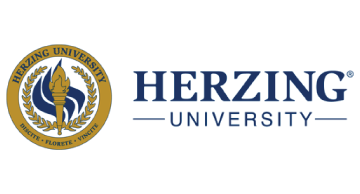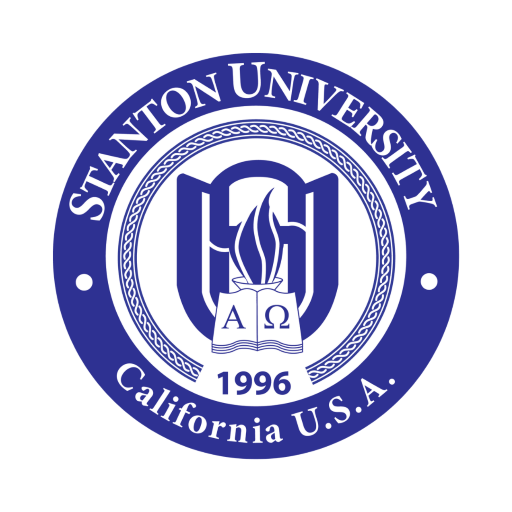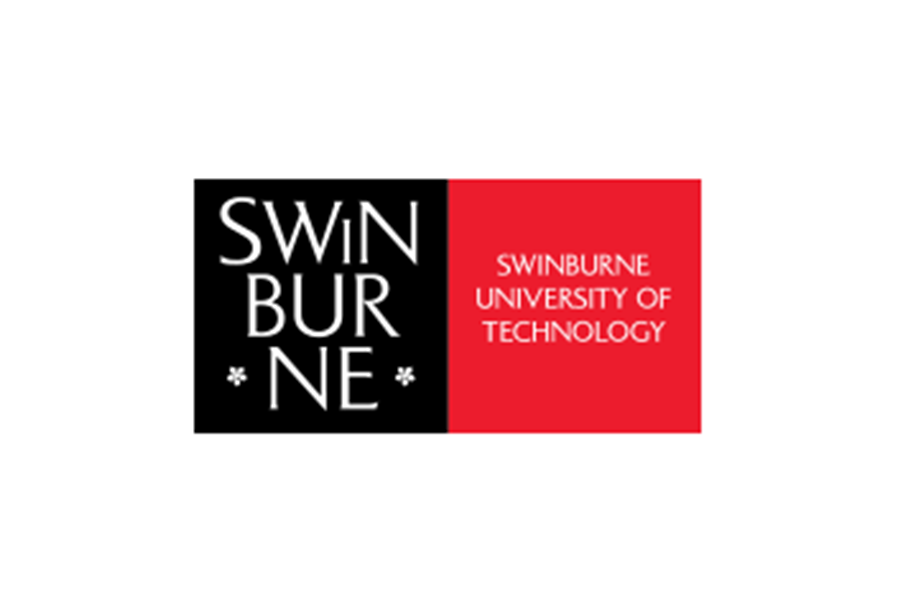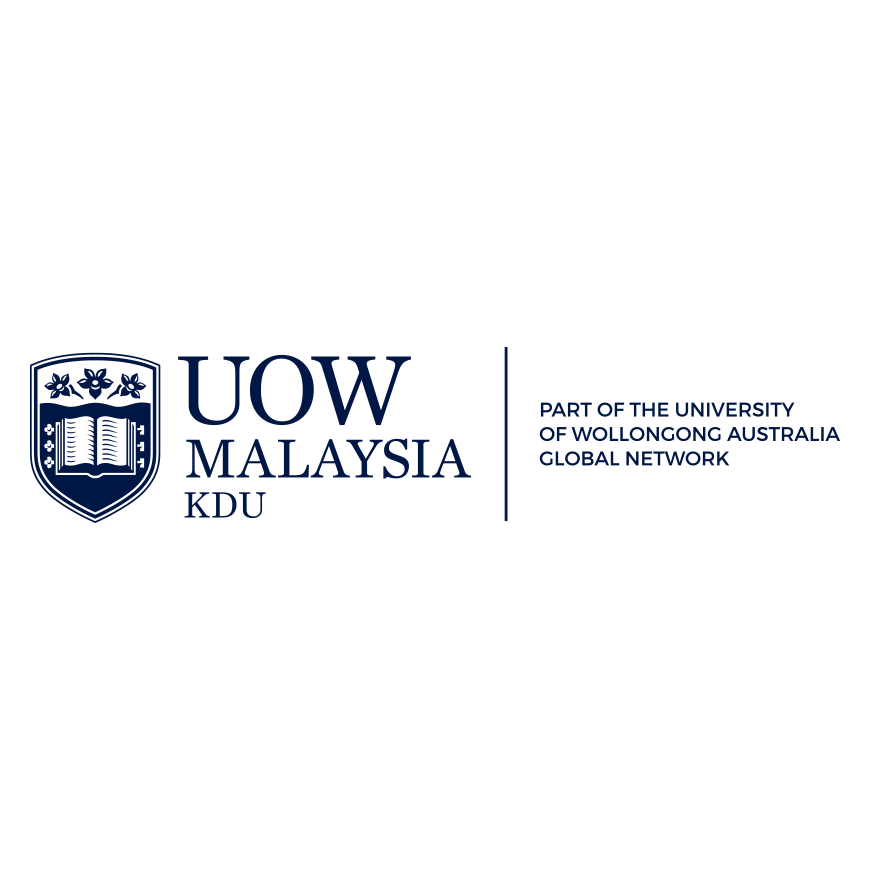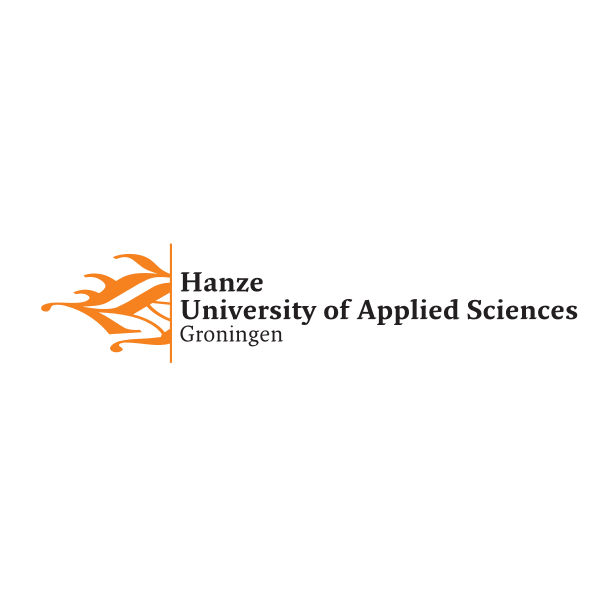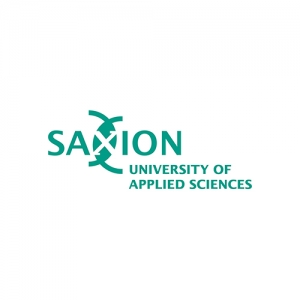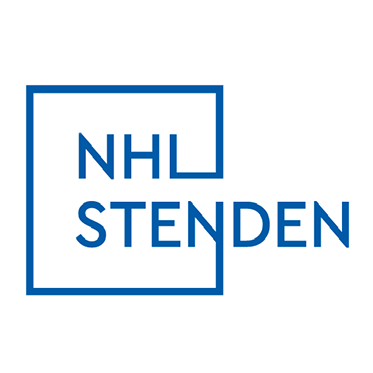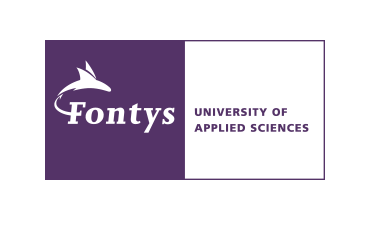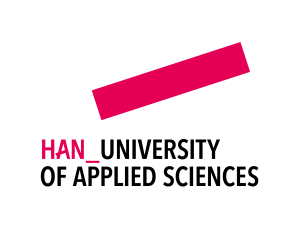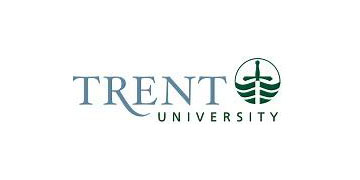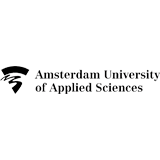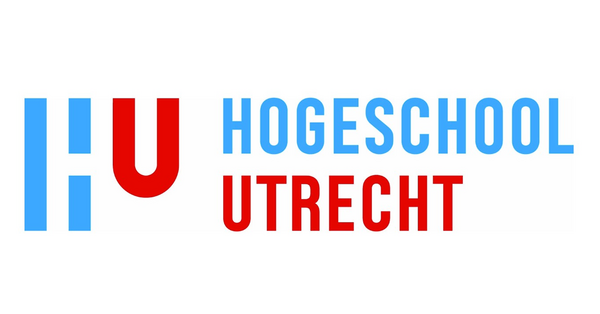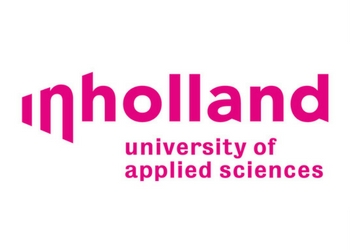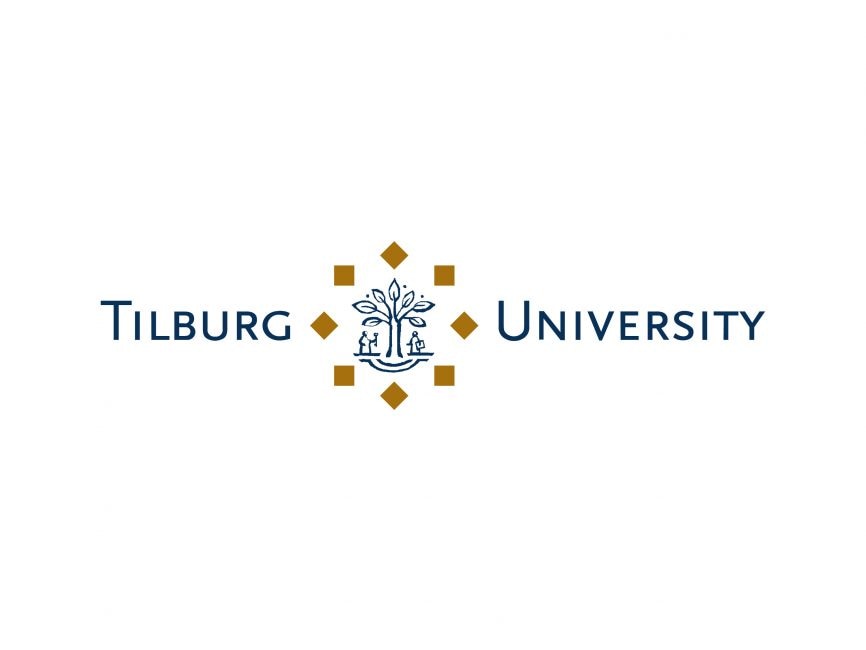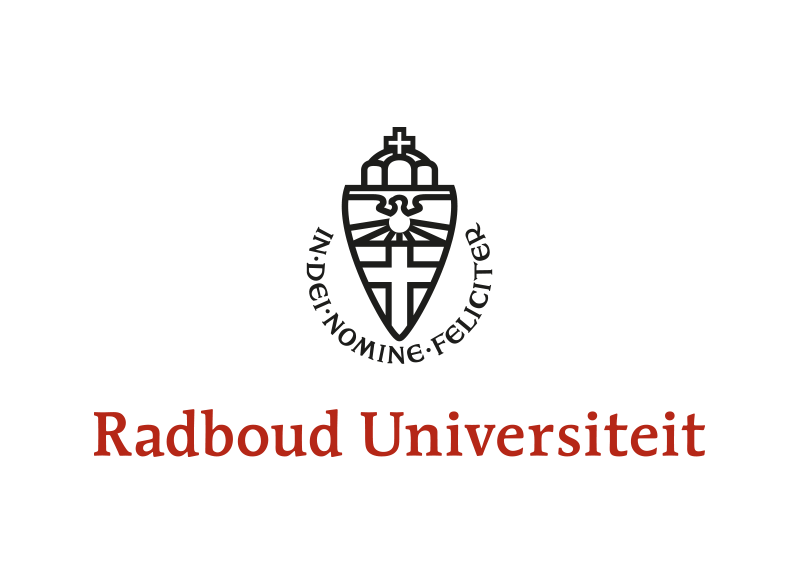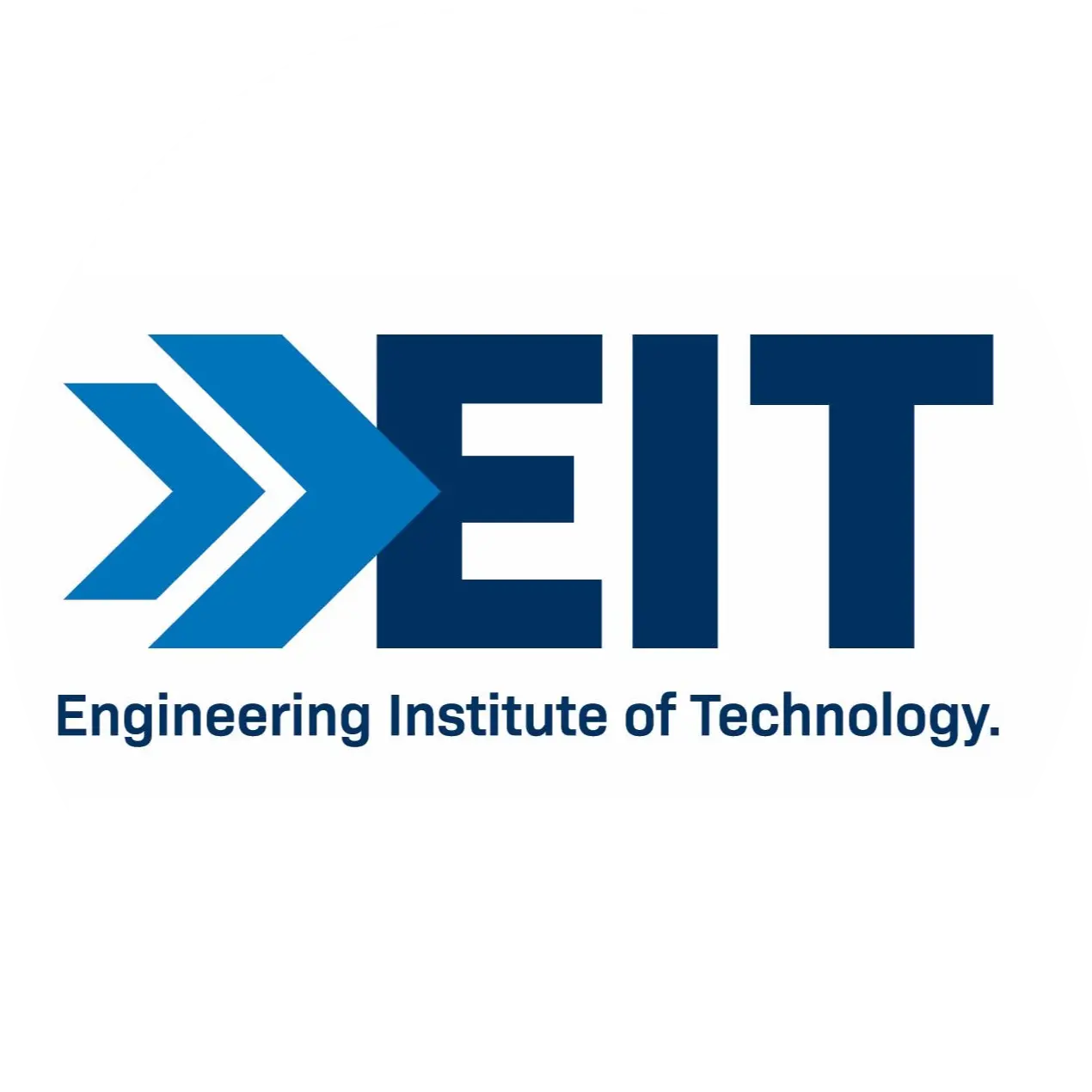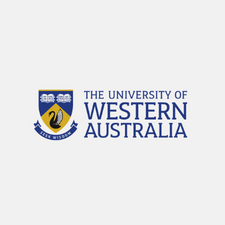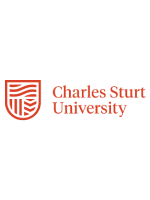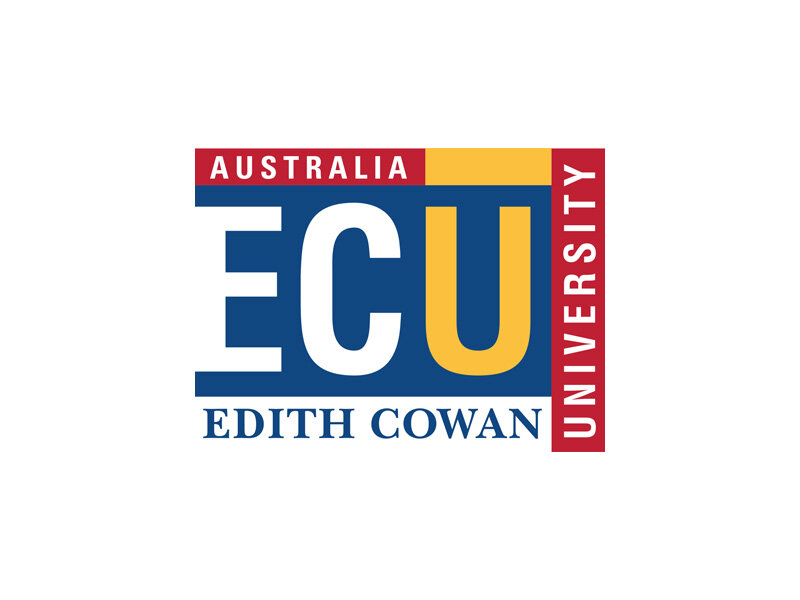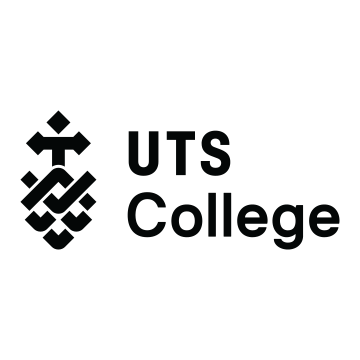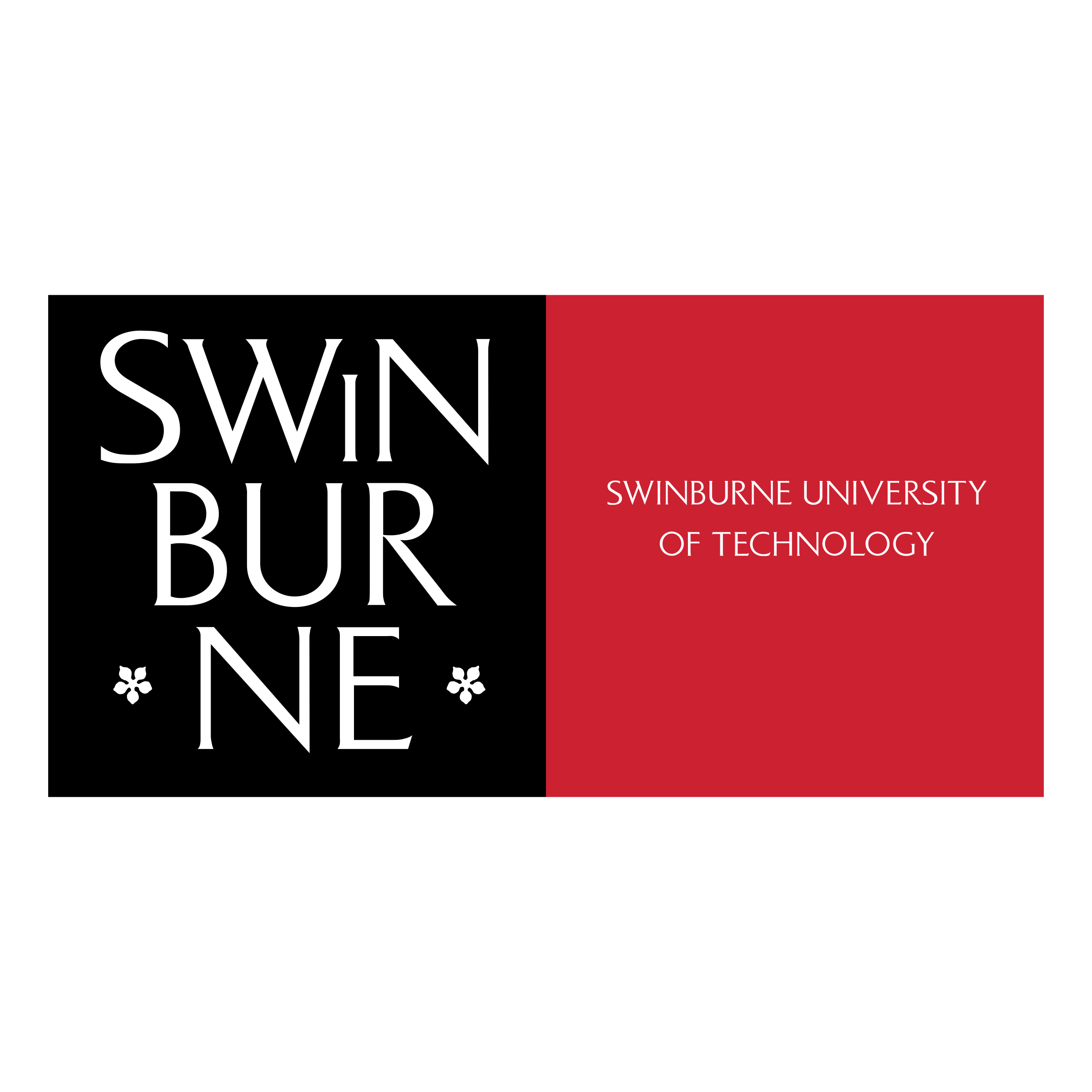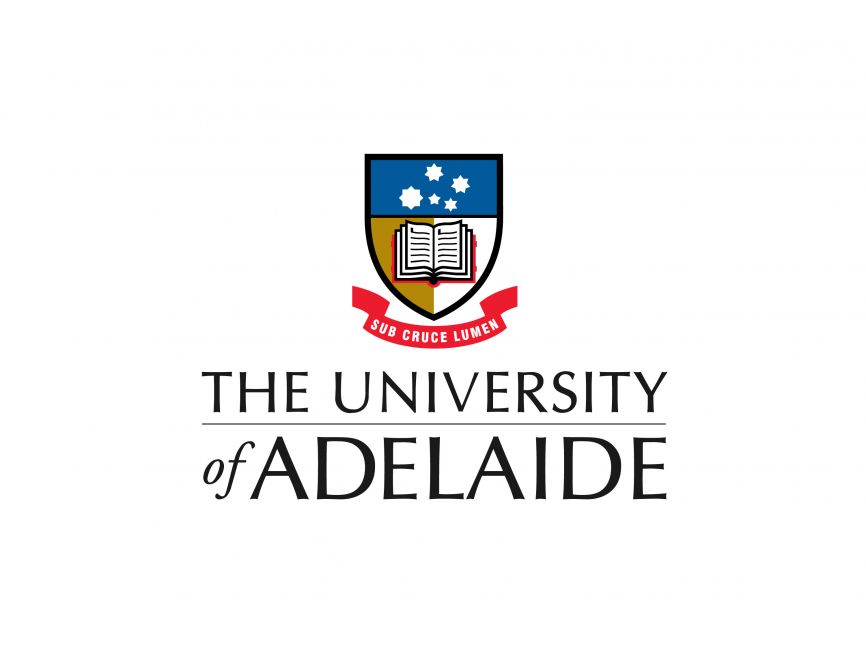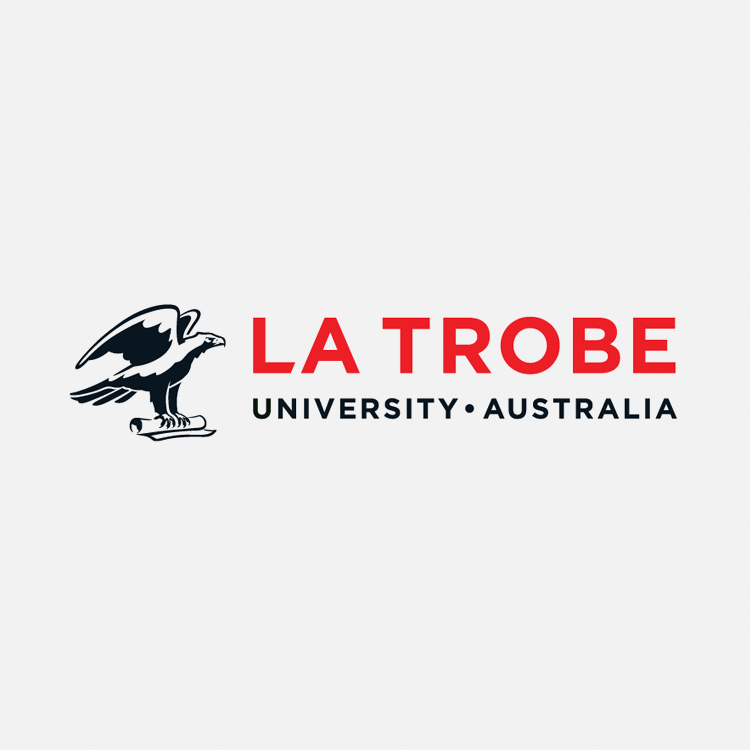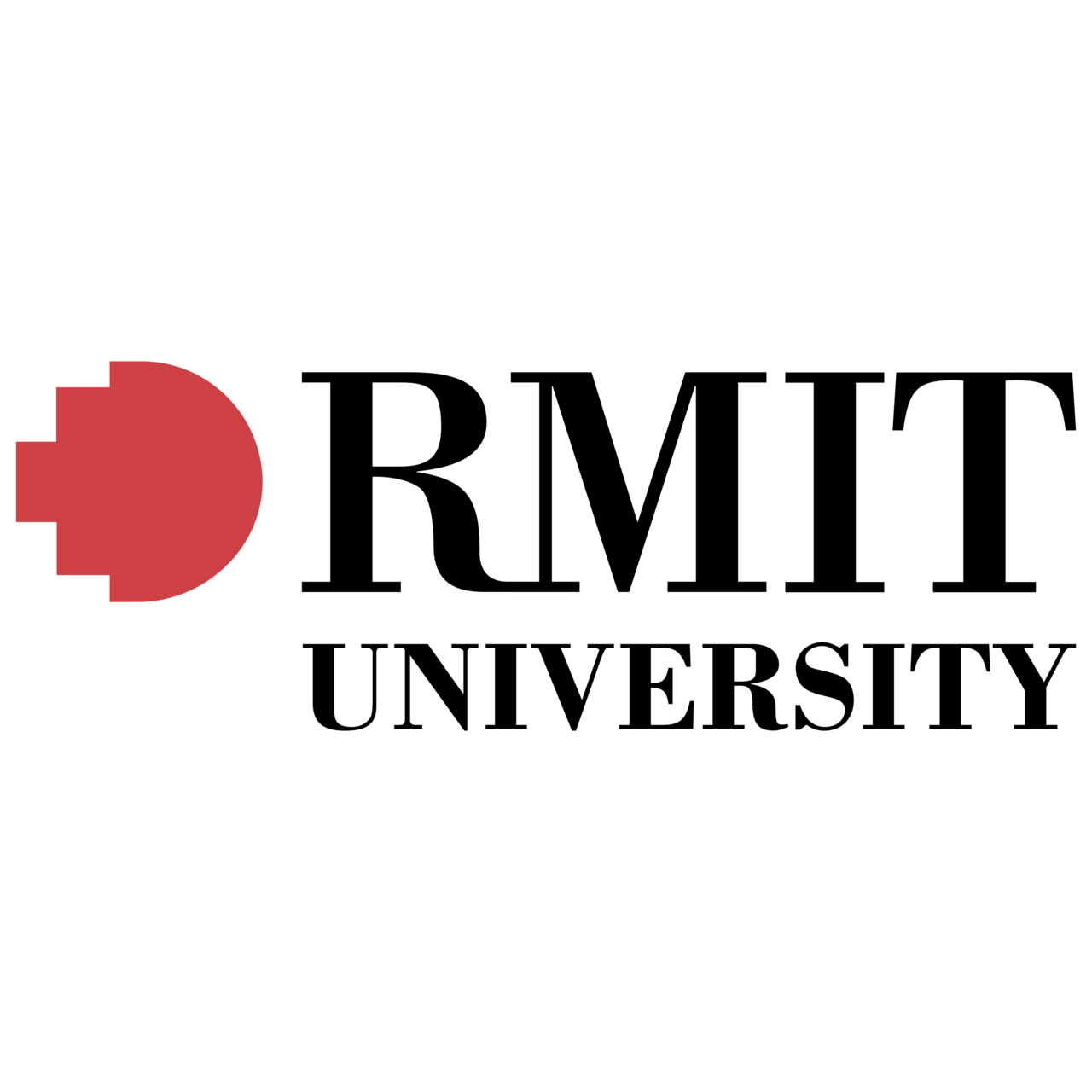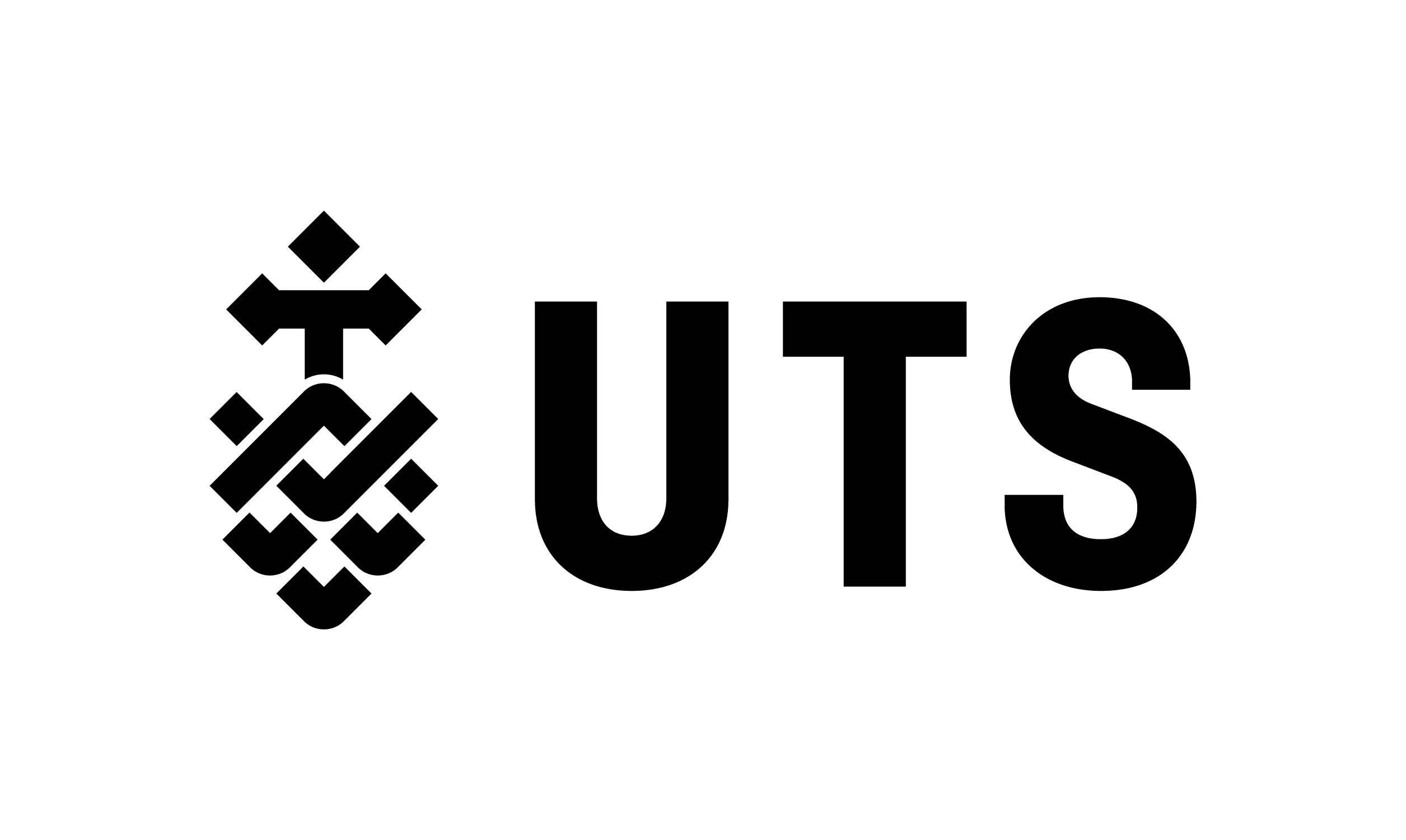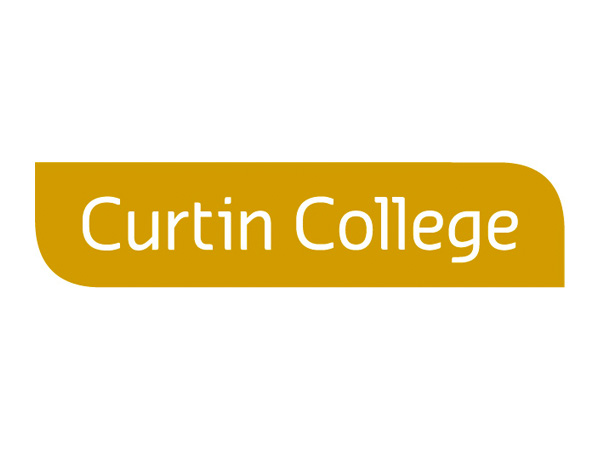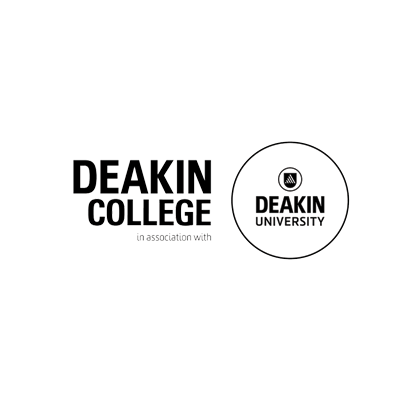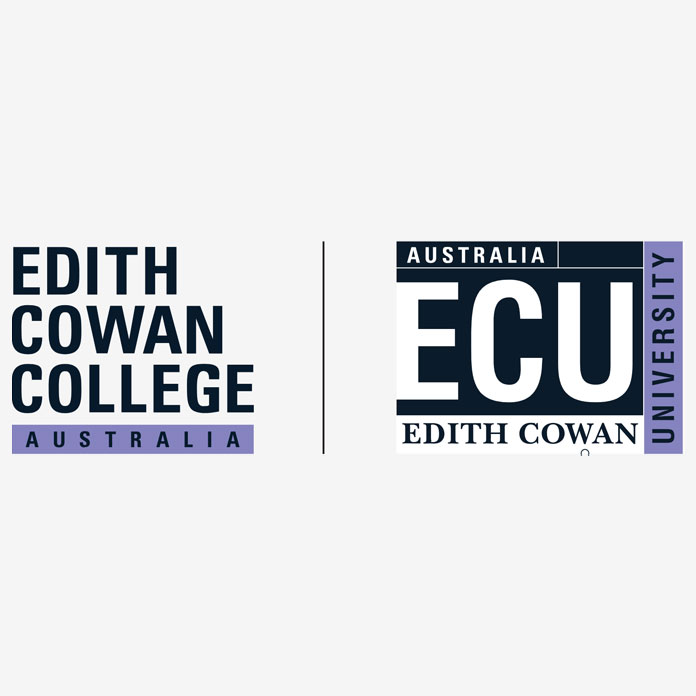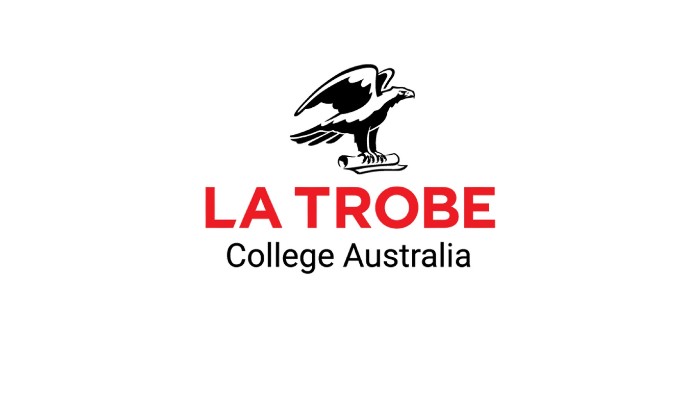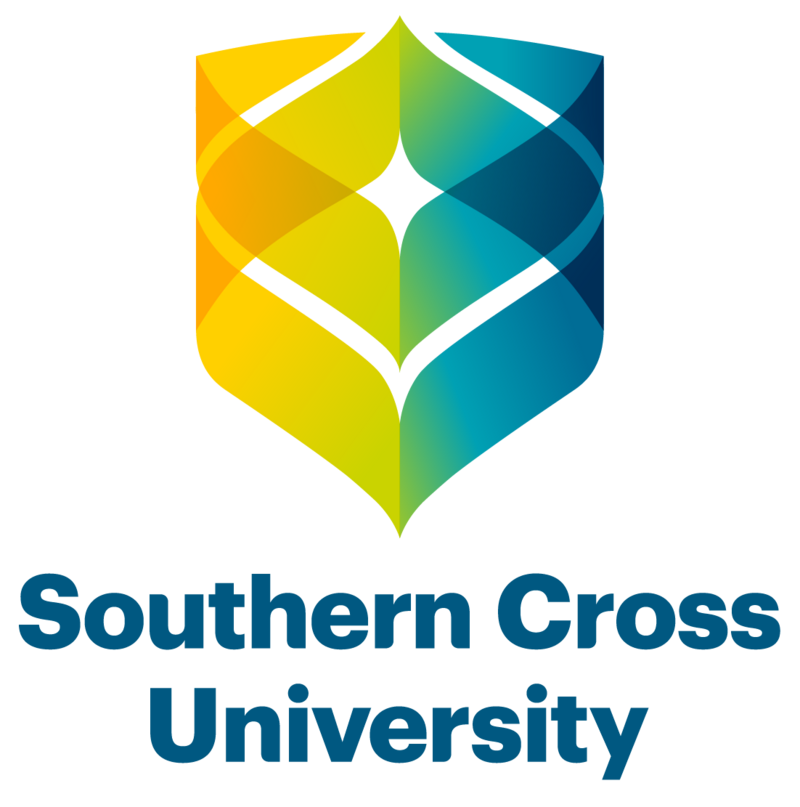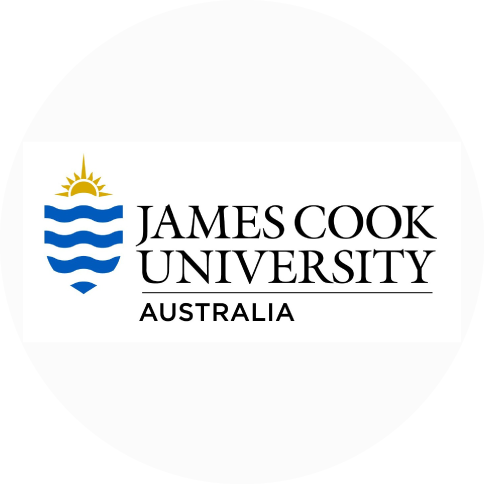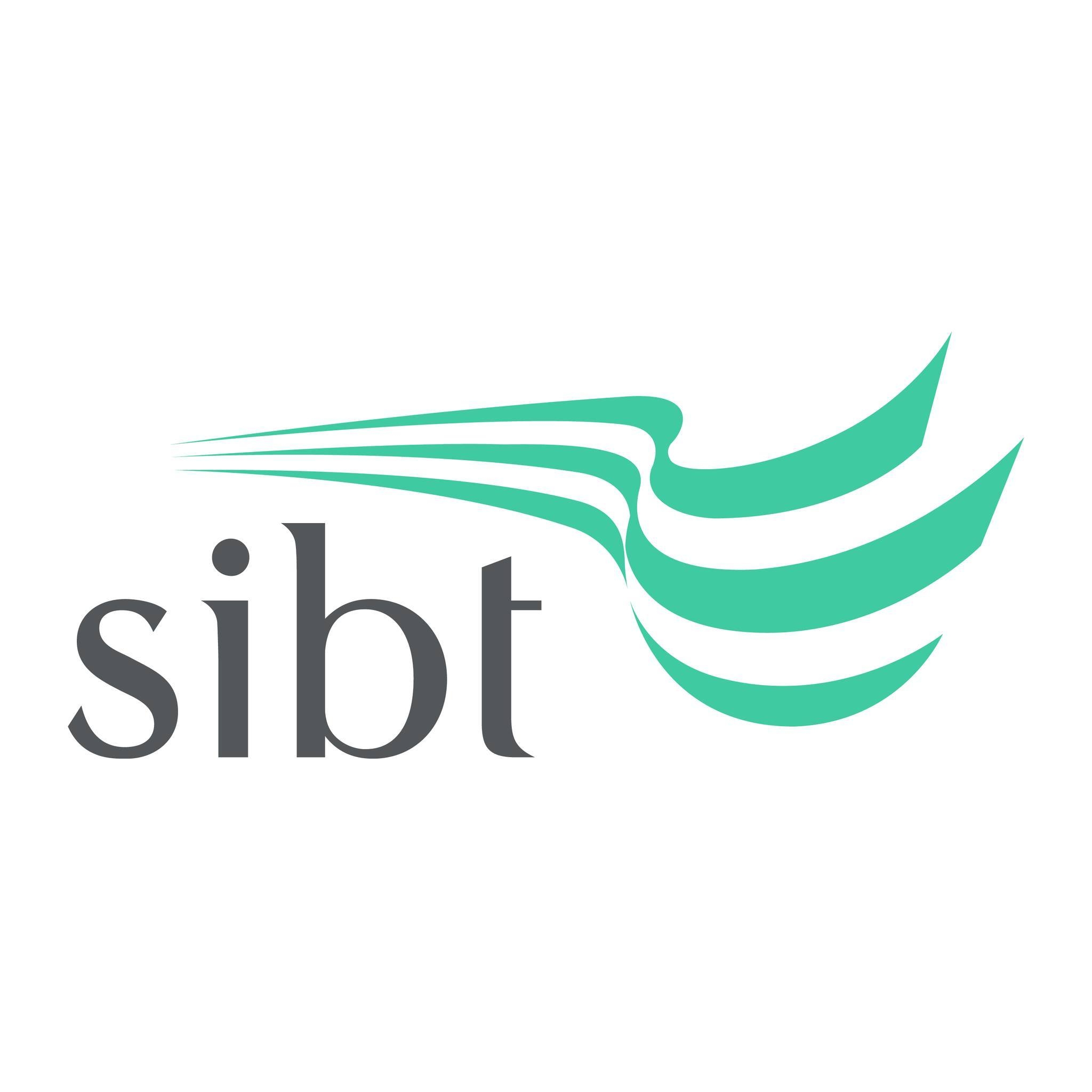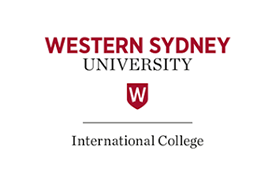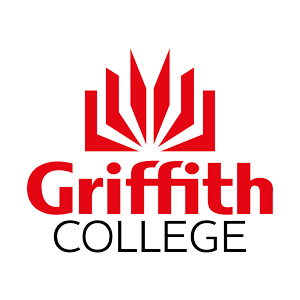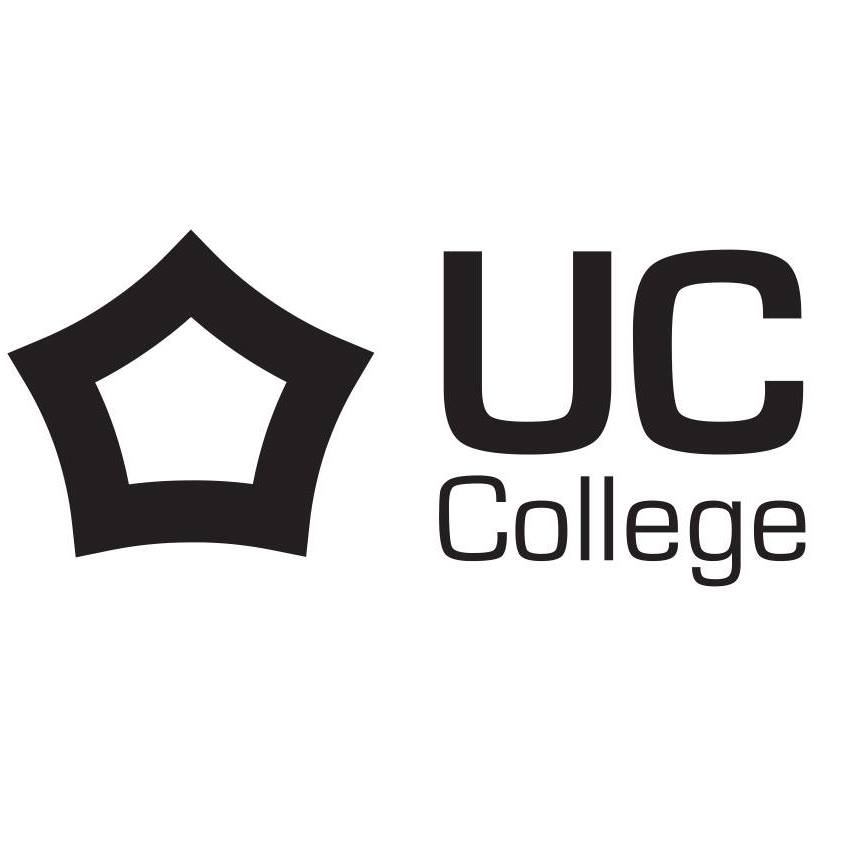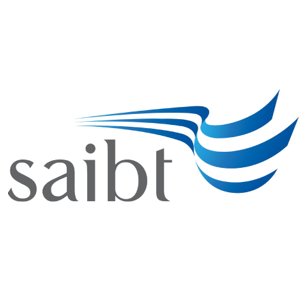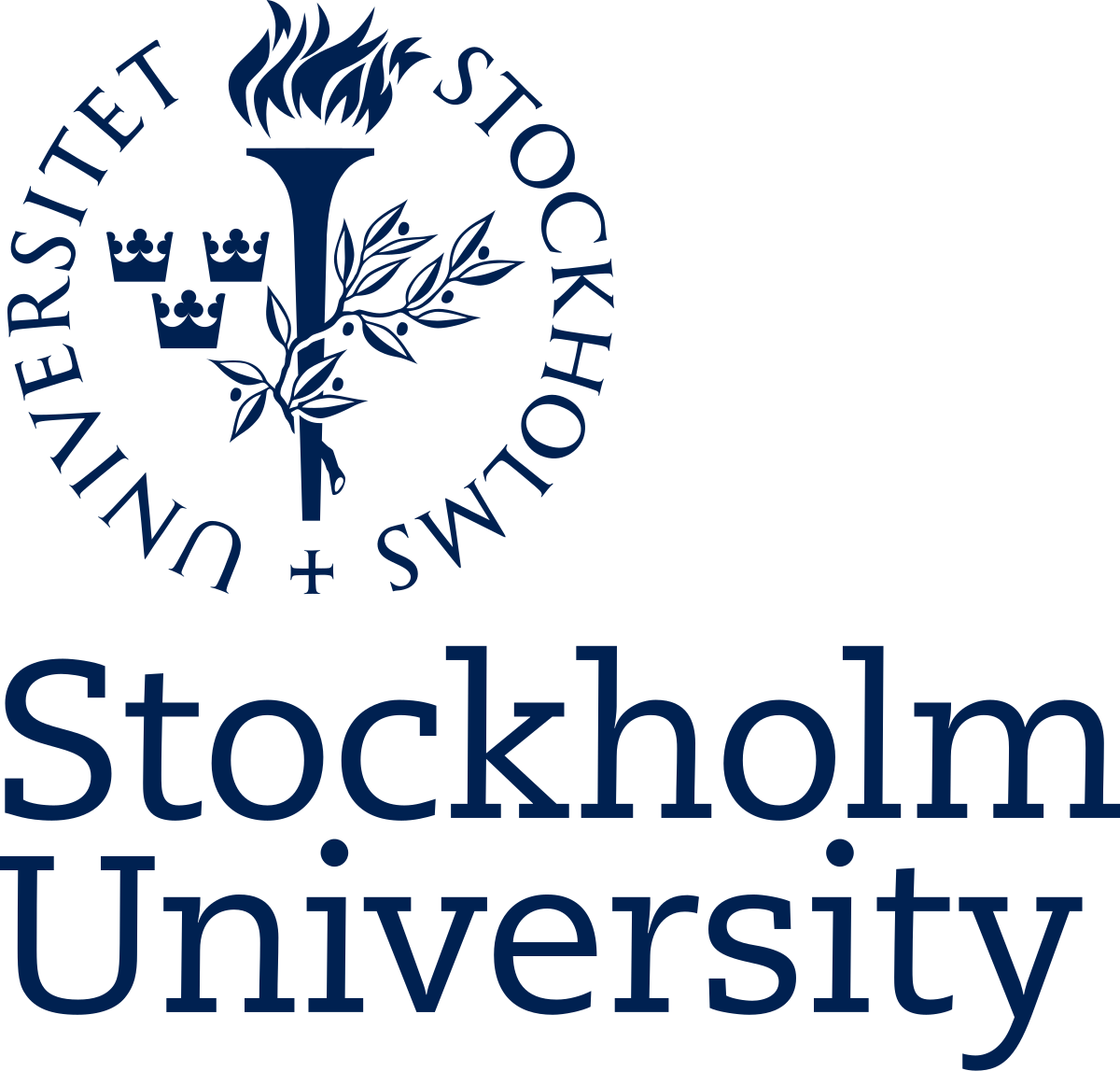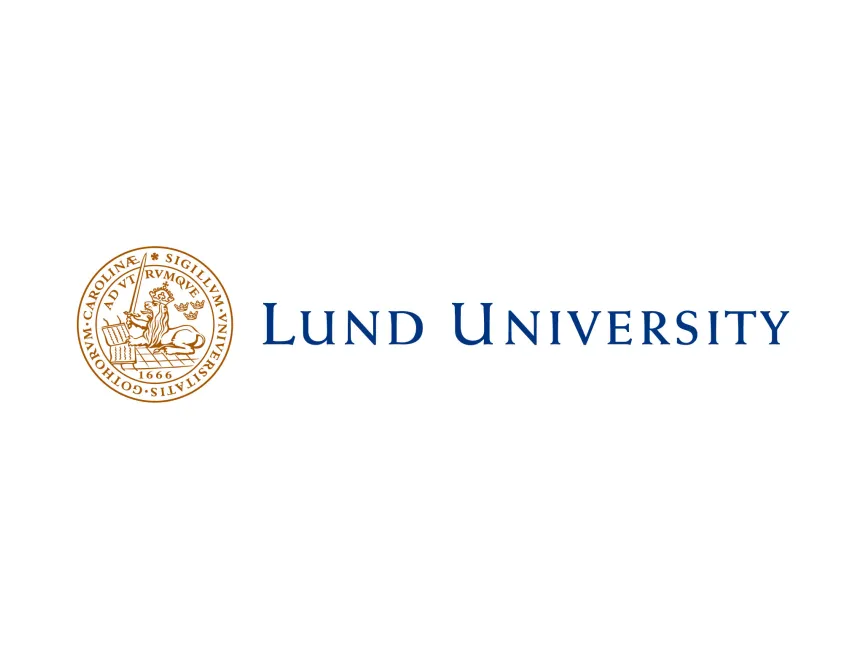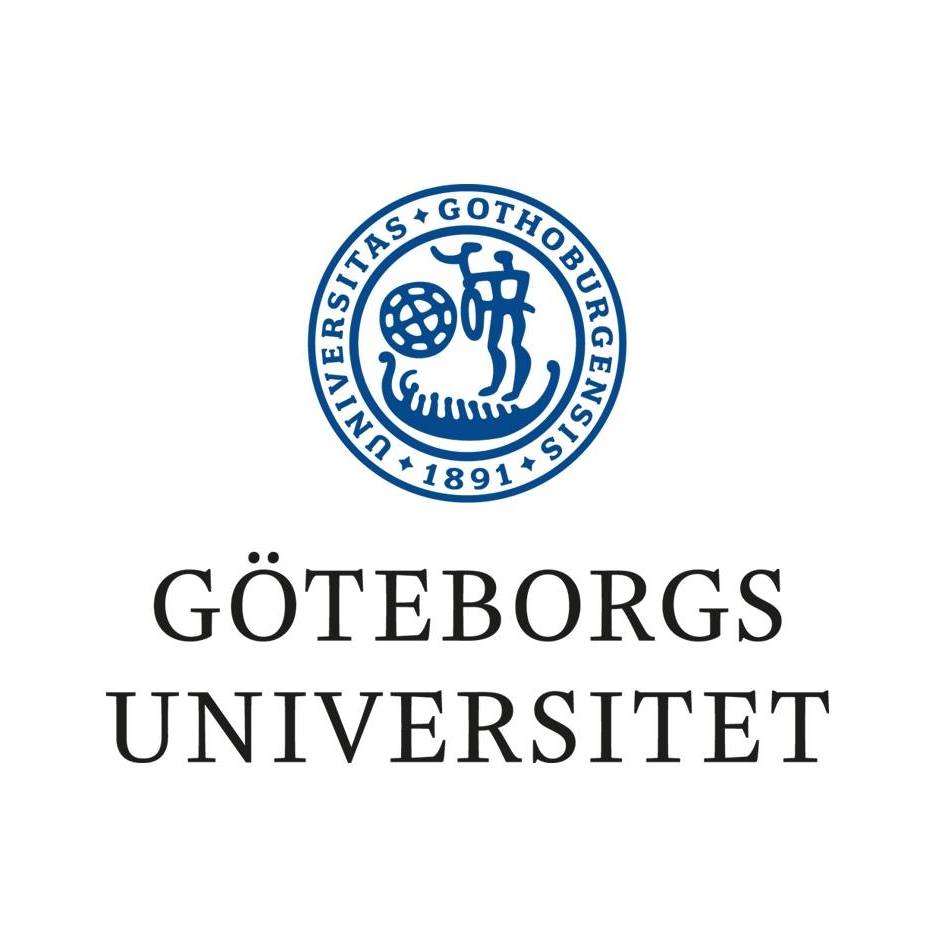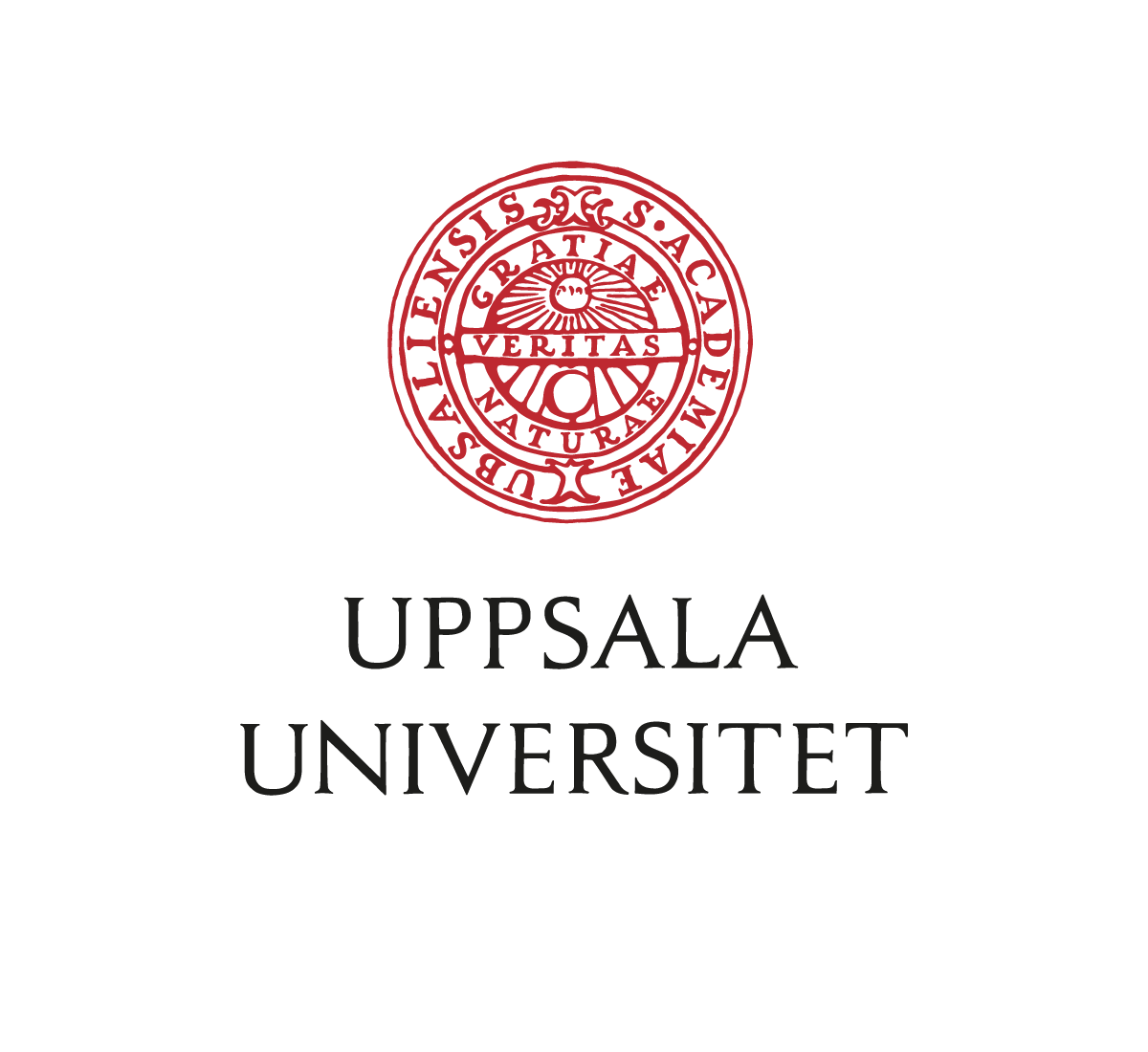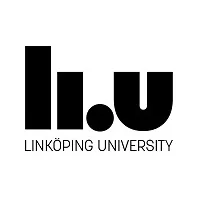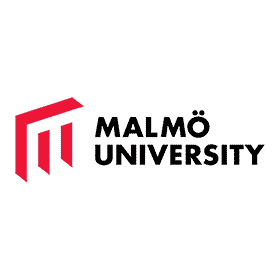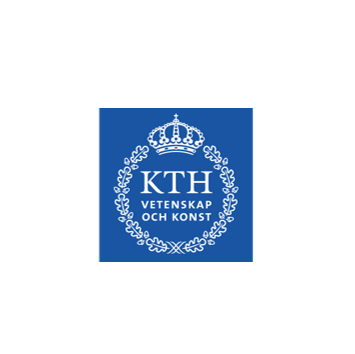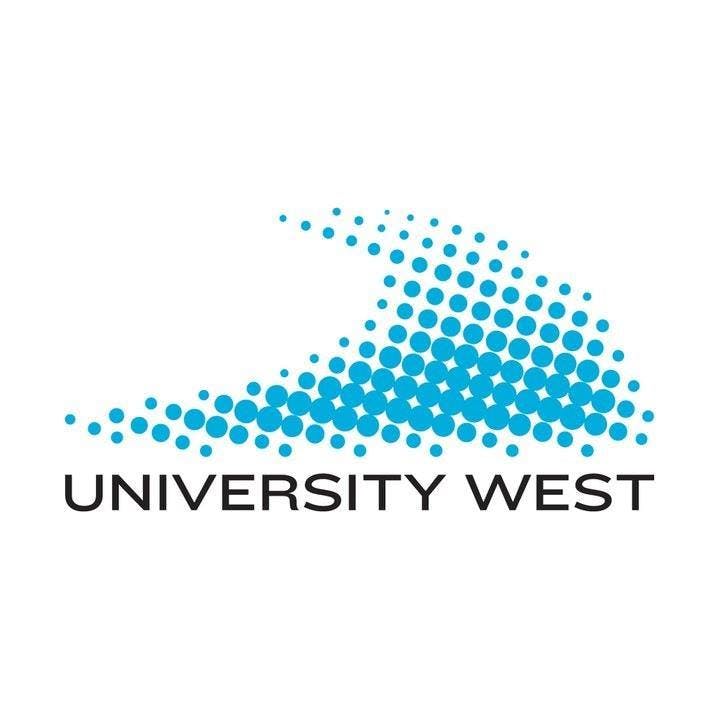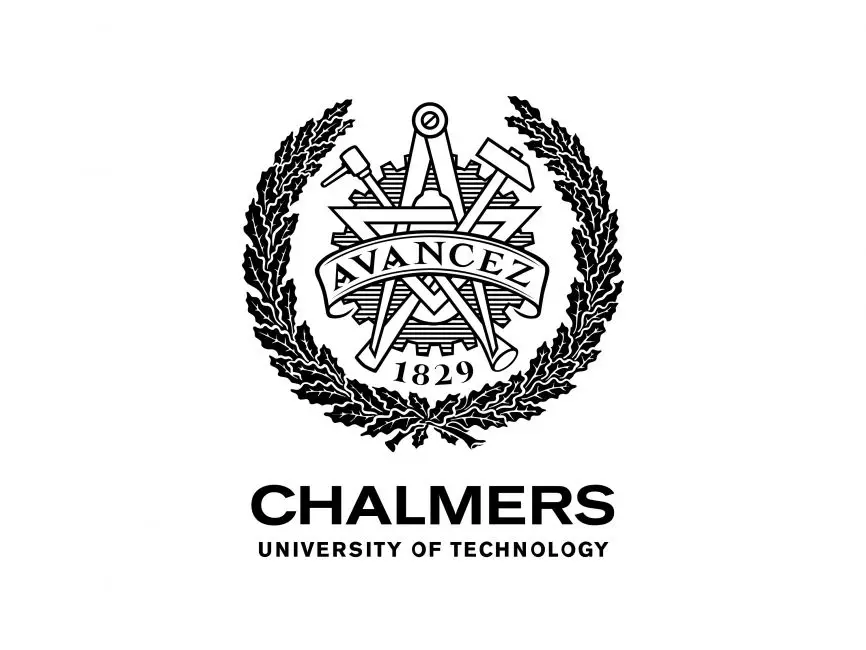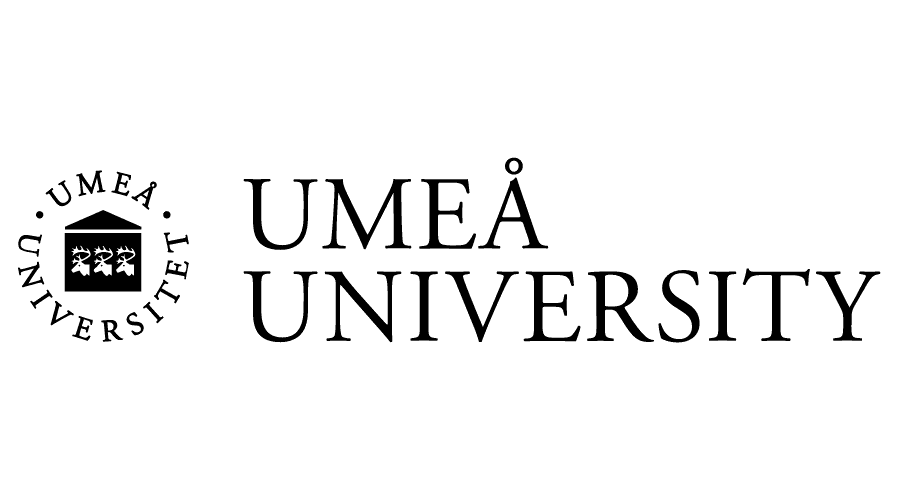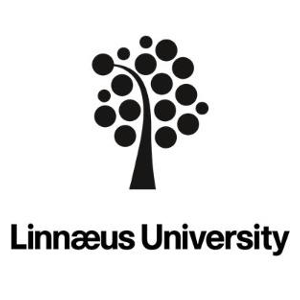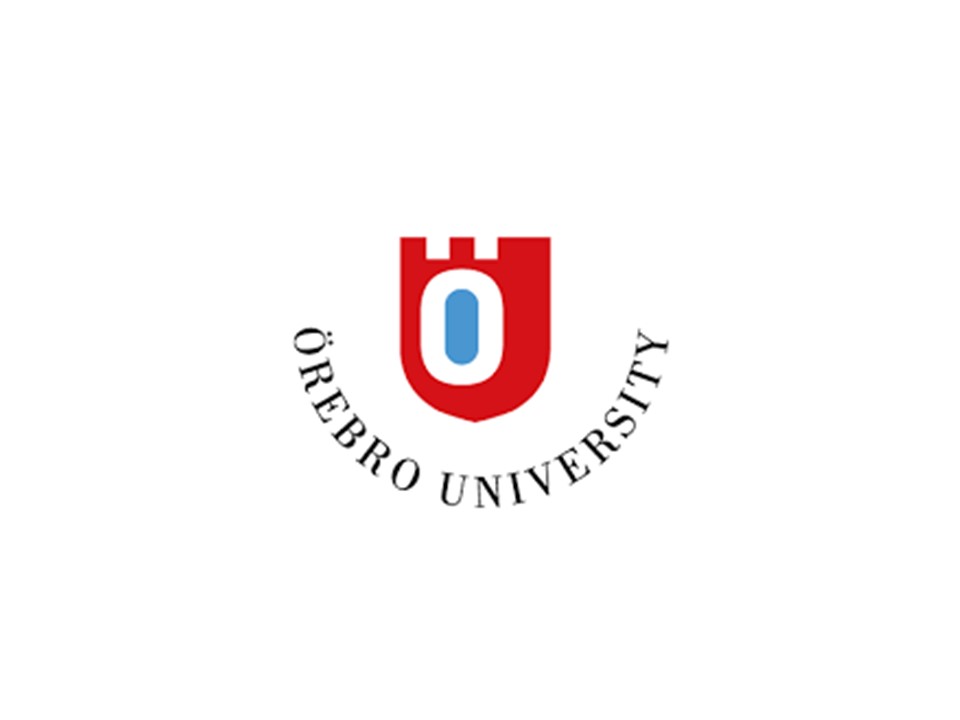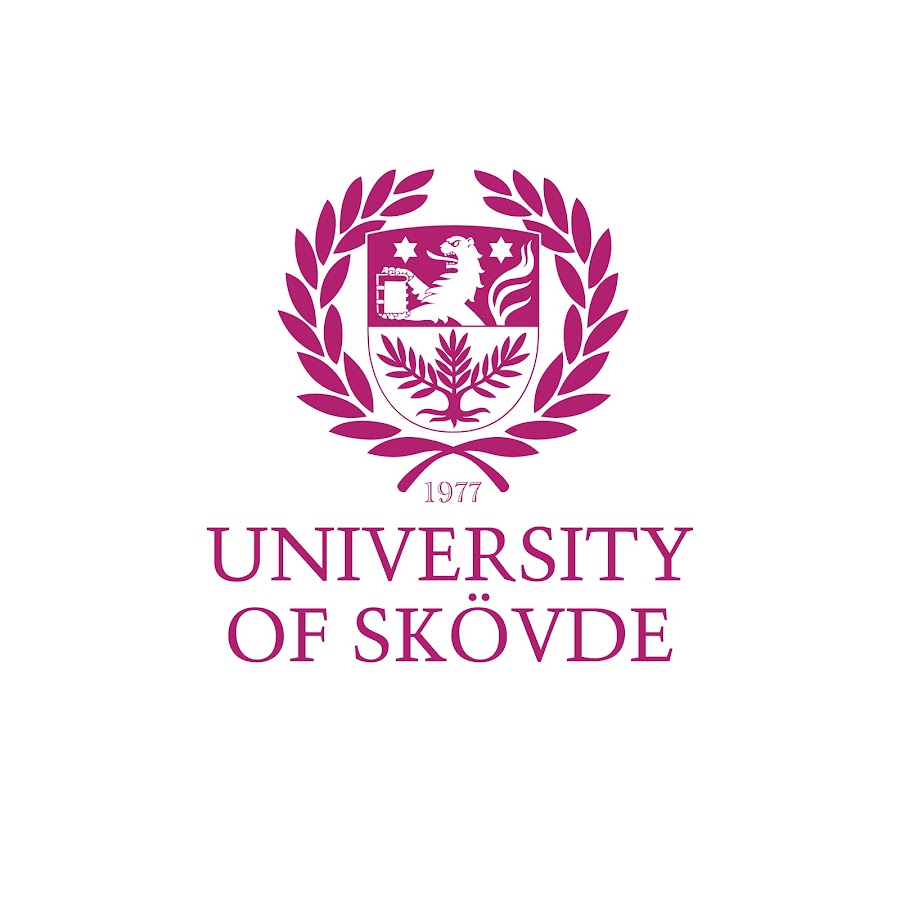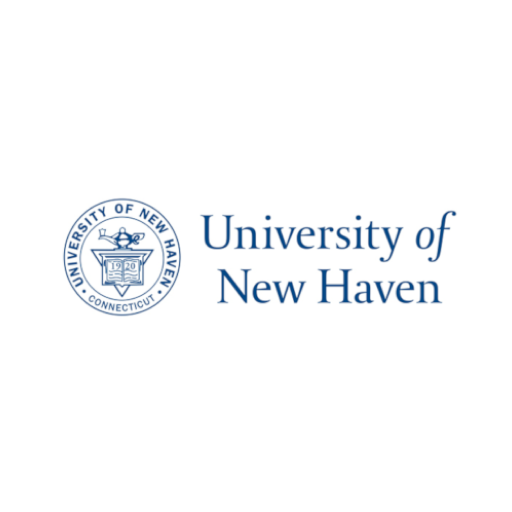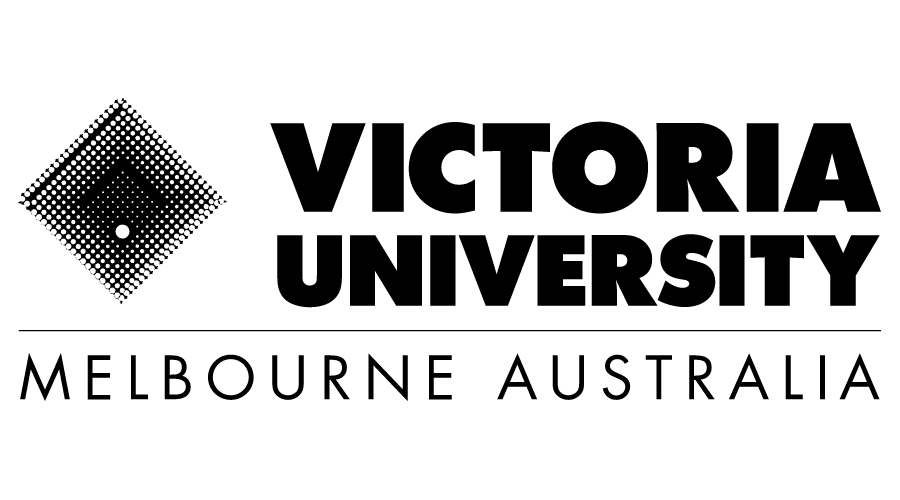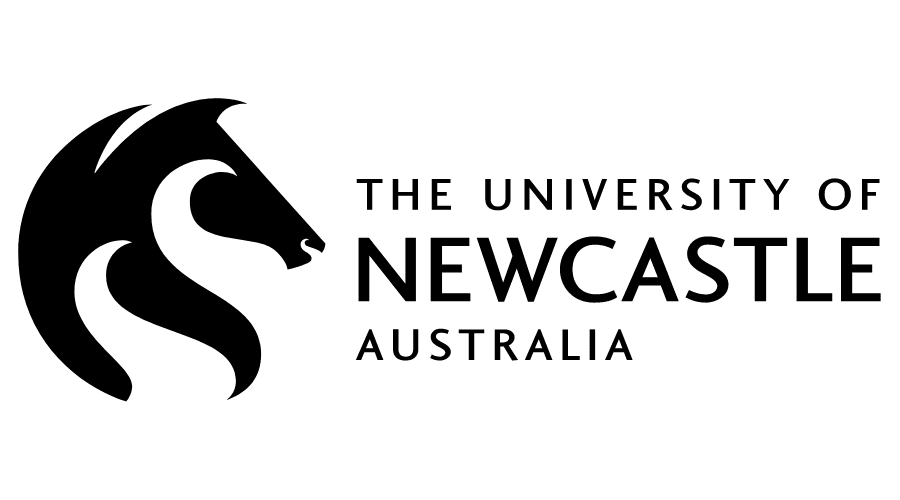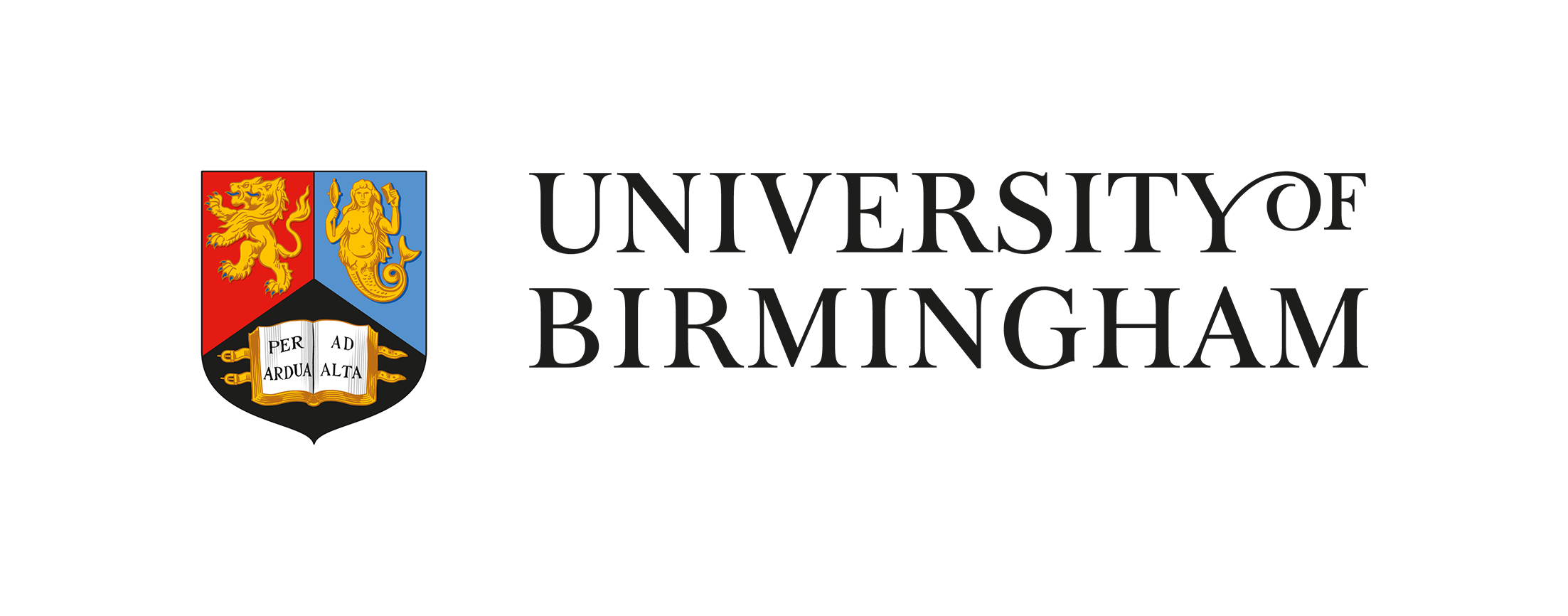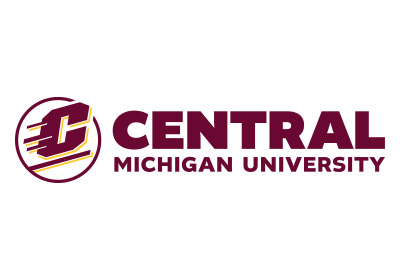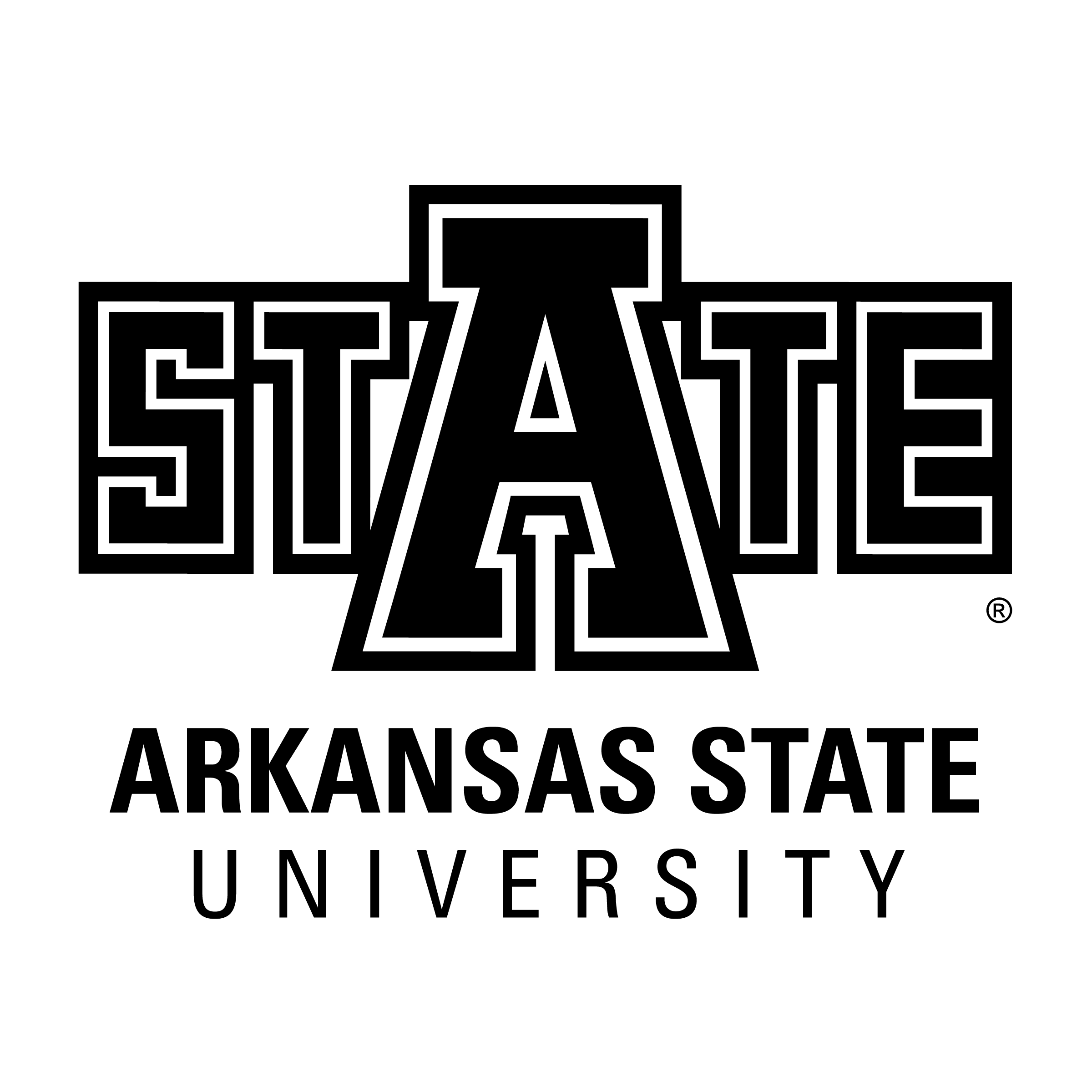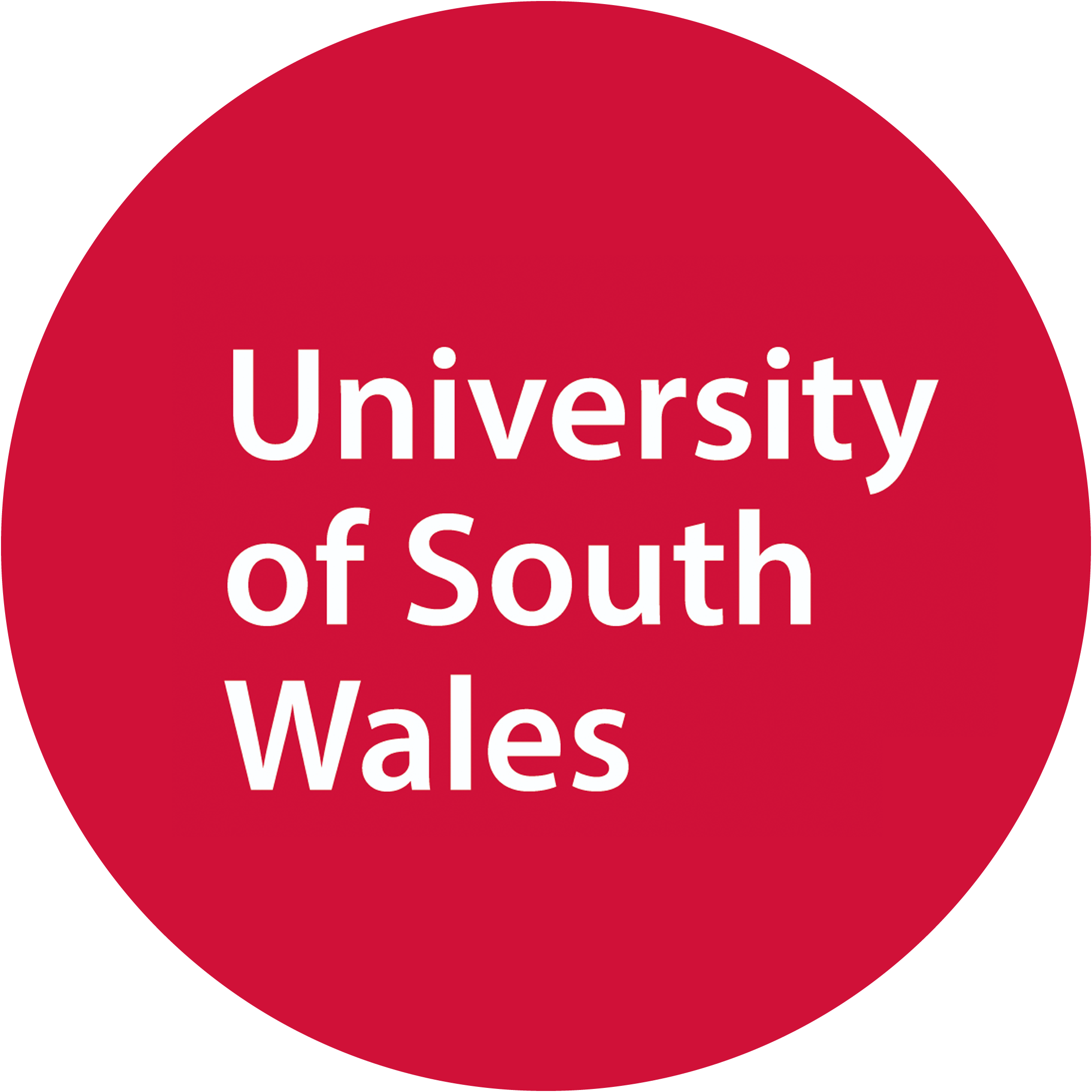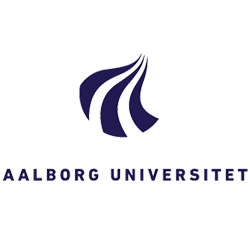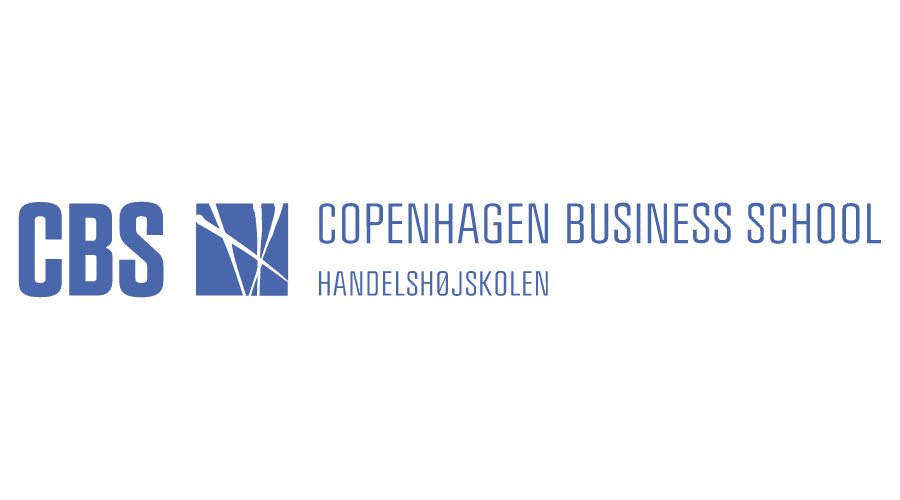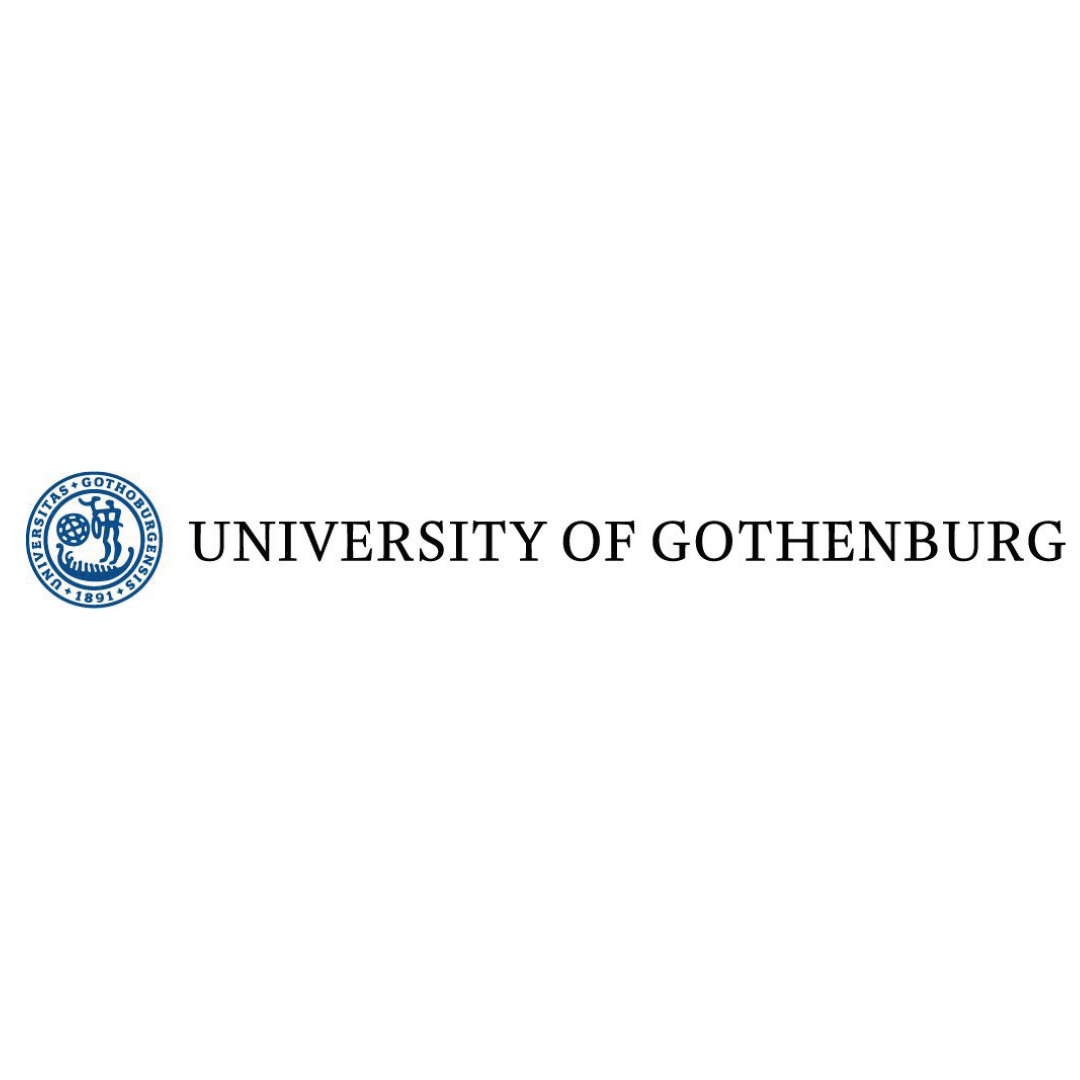KU Leuven, founded in 1425, is a prestigious Catholic university located in Leuven, Belgium. Renowned for its rich history and academic excellence, it consistently ranks among the top universities globally. The university offers a wide range of programs across various disciplines, including humanities, sciences, engineering, and social sciences. KU Leuven is distinguished by its strong emphasis on research, innovation, and its commitment to fostering an inclusive and collaborative learning environment. Its international perspective and partnerships further enhance its reputation as a leading institution in higher education and research.
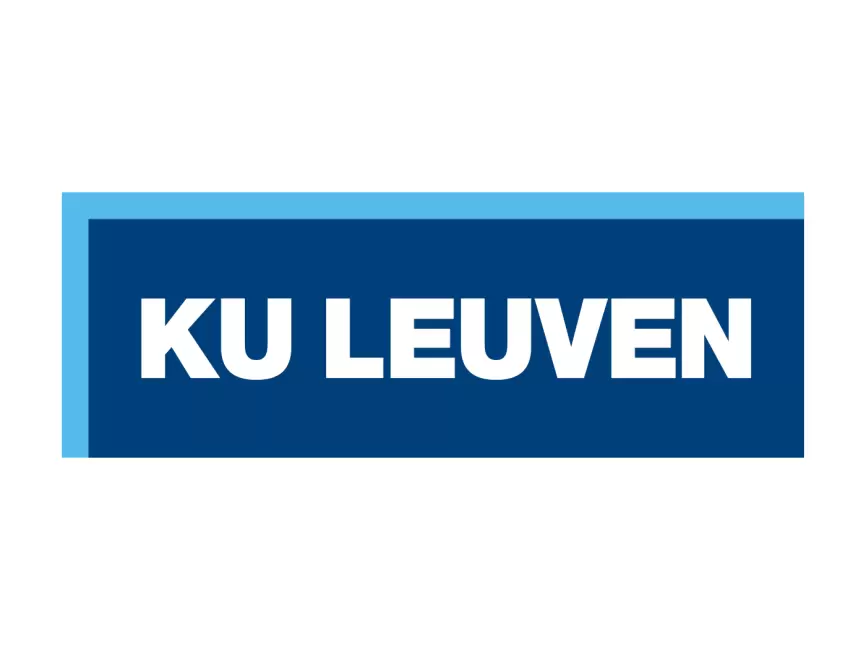
KU Leuven
Leuven
Oude Markt 13, 3000 Leuven, Belgium
Course Details
The Interuniversity Programme in Food Technology (IUPFOOD) is a Master of Science program designed to provide graduates with the expertise needed to tackle food security issues through the production of safe, high-quality foods. The program focuses on two main areas: Postharvest and Food Preservation Engineering, which ensures the safety and quality of plant-based foods, and Food Science and Technology, which involves processing raw materials into consumable products. It covers key learning tracks such as food product technology, quality assurance, preservation engineering, independent research, and scientific integrity. Students begin their studies at UGent, move to KU Leuven for the second semester, and complete specialized courses and research at both institutions. The program prepares professionals to address global food security challenges, especially in developing countries.
| Total Subjects | 18 Courses, 1 Internship, 1 Thesis |
|---|---|
| Total Credits | 120 ECTS |
| Intake | September |
| English Proficiency Level | IELTS : 6.5 |
| Duration | 2 Years |
The Master of Geology is a two-year programme collaboratively offered by KU Leuven and Ghent University, providing advanced training across various geological disciplines. This programme equips students with the expertise, skills, and attitudes essential for contributing to interdisciplinary teams tackling complex geological issues. It features a diverse range of specialized courses, emphasizing research and international research networks. A key component of the programme is its strong research focus, allowing students to engage in their own master's thesis projects within a research team—comprising professors, postdoctoral researchers, and PhD candidates. Through this, students will refine critical scientific skills, such as reporting and presenting, pivotal for their future careers.
| Total Subjects | 35 Courses, 1/2 Projects |
|---|---|
| Total Credits | 120 ECTS |
| Intake | September |
| English Proficiency Level | IELTS : 6.5 |
| Duration | 2 Years |
The graduate programme in cross-cultural communication offers a comprehensive exploration of multilingualism and intercultural interactions, with a choice between focusing on "International Stakeholder Management and International Relations" or "Digital Tools for (Multilingual) Organisations." A domain-specific methodology course provides exposure to methodological frameworks applicable to both the master’s thesis project and professional practice. The programme emphasizes advanced communication skills in English and a second language (Dutch, French, German, or Spanish), including debate, negotiation, and content creation for online and social media, with a focus on multilingual and cross-cultural contexts. Students will specialize in a specific global region—Africa, Asia, the Middle East, Eastern Europe, or South America—analyzing it from a European perspective through case studies and intercultural dialogue facilitation. The curriculum is further enriched by guest lectures, organizational visits, and an observational internship in an international organization, enabling the practical application of acquired insights and skills.
| Total Subjects | 20 Courses, 1 Internship, 1 Thesis |
|---|---|
| Total Credits | 120 ECTS |
| Intake | September |
| English Proficiency Level | IELTS : 6.5 |
| Duration | 2 Years |
The Master of Science in Electrical Engineering focuses on the design and implementation of advanced electronic circuits and ICT solutions applicable across various sectors, from smart health and autonomous vehicles to cutting-edge wearables and large-scale power plants. This programme equips students with the skills to address complex problems through the integration of signal processing algorithms, software, hardware, and integrated circuits (ICs) within a cohesive design framework. The curriculum is designed to provide the technical expertise and methodologies necessary for contributing to the development of a digital environment, offering four distinct specializations, each with a unique emphasis.
| Total Subjects | 45 Courses |
|---|---|
| Total Credits | 120 ECTS |
| Intake | September |
| English Proficiency Level | IELTS : 6.5 |
| Duration | 2 Years |
The Master of English Linguistics and Literature provides a comprehensive exploration of the English language, encompassing its linguistics, literature, historical development, and cultural diversity within the English-speaking world. The programme includes an optional component allowing for the study of linguistics and literature from a broader European perspective. Students will develop a robust theoretical and methodological foundation while conducting research on linguistic and literary topics, culminating in a master’s thesis. The curriculum integrates theoretical courses with seminars, aimed at honing methodological, critical-theoretical, and heuristic skills, along with enhancing communicative abilities, leveraging the research and expertise of the English scholars at the Faculty of Arts.
| Total Subjects | 17 Courses |
|---|---|
| Total Credits | 60 ECTS |
| Intake | September |
| English Proficiency Level | IELTS : 6.5 |
| Duration | 1 Year |
The Master in Energy for Smart Cities programme integrates advanced technological opportunities in energy with the environmental and socio-economic dimensions of smart cities, including energy efficiency in buildings, electric transportation, energy economics, and smart city services. It emphasizes a multidisciplinary approach to energy technology while allowing students significant flexibility to tailor their personal profiles. Participants will have the chance to engage with leading industry players, research institutes, specialized companies, and innovative start-ups in the smart cities and buildings sector. Upon successful completion, graduates will receive a double degree from each of the universities attended during the two-year programme, along with a KIT-EIT Energy certificate recognizing additional accomplishments.
| Total Subjects | 34/36 Courses |
|---|---|
| Total Credits | 120 ECTS |
| Intake | September |
| English Proficiency Level | IELTS : 6.5 |
| Duration | 2 Years |
The Master's programme in Biomedical Engineering equips students with the skills to design and develop biomedical-technological products and information-processing services, building on a foundational understanding of medical subjects related to human physiology. The curriculum combines core technological knowledge with specialized medical topics, including biomechanics, medical image processing, biomaterials, medical signal processing, tissue engineering, robotic surgery, bioinformatics, and business management in medical technology. This comprehensive approach prepares biomedical engineers to integrate engineering expertise within the biomedical industry, hospitals, healthcare settings, and government institutions. The programme’s core encompasses advanced topics such as biomedical imaging, data processing, bioinstrumentation, multiphysics, biofluid mechanics, and regulatory affairs. Additionally, students engage in contemporary practices through research training in medical technology and complete a master's thesis.
| Total Subjects | 36/38 Courses |
|---|---|
| Total Credits | 120 ECTS |
| Intake | September |
| English Proficiency Level | IELTS : 6.5 |
| Duration | 2 Years |
The Master of Chemical Engineering Technology provides comprehensive training across various disciplines, focusing on the design, execution, testing, and enhancement of industrial processes with a commitment to chemical and technological responsibility. The programme includes the research, development, and application of new materials such as polymers, composites, metals, and ceramics. The curriculum integrates courses in socio-economics, including company management and economics, alongside chemical technology topics such as engineering, separation techniques, chemical process technology, industrial process technology, surface chemistry, and environmental technology. A flexible cross-campus elective package and a master's thesis, conducted in either a research-focused or industrial setting, allow students to tailor their studies to align with specific interests and career aspirations.
| Total Subjects | 11 Courses |
|---|---|
| Total Credits | 60 ECTS |
| Intake | September |
| English Proficiency Level | IELTS : 6.5 |
| Duration | 1 Year |
The Master in Mathematical Engineering program equips professionals with the fundamental expertise required to handle, optimize, and control data for solving contemporary challenges. By focusing on practical applications rather than abstract theoretical concepts, the program delves into the design, analysis, implementation, and utilization of mathematical models and algorithms. This hands-on approach enables professionals to address real-world problems such as the functioning of auto-pilots, valuation of financial products like options, and detection of abnormalities in brain images associated with epileptic seizures, leveraging advanced mathematical techniques for efficient simulation and optimization.
| Total Subjects | 20 Courses |
|---|---|
| Total Credits | 120 ECTS |
| Intake | September |
| English Proficiency Level | IELTS : 6.5 |
| Duration | 2 Years |
This program attracts ambitious and talented individuals from around the globe and diverse disciplinary backgrounds to explore both contemporary and historical Europe and analyze its role within a global context. The research-driven curriculum empowers participants to anticipate and address complex global challenges that transcend national and disciplinary boundaries. Through interactions with faculty from various disciplines—including Social Sciences, Arts, Law, and Economics—students are exposed to a broad spectrum of theoretical perspectives and develop essential methodological skills. The program, conducted in English, is enriched by guest lectures from internationally renowned scholars and high-ranking European diplomats and officials, and offers valuable networking opportunities within a highly international cohort representing nearly 40 nationalities.
| Total Subjects | 16 Courses, 1 Internship, 1 Thesis |
|---|---|
| Total Credits | 60 ECTS |
| Intake | September |
| English Proficiency Level | IELTS : 6.5 |
| Duration | 1 Year |
This program offers a comprehensive exploration of the human impact of digital media advancements, the influence of social factors on these developments, and the various contexts in which digital media are created, utilized, and affect society. Spanning 60 ECTS credits, the curriculum prepares individuals for careers in academia, marketing, or digital media enterprises. Participants will develop their expertise through a diverse array of educational activities, including theoretical courses, interactive master classes, research design and digital methods exercises, an internship, elective courses, and the completion of a master's thesis.
| Total Subjects | 16 Courses, 1 Internship, 1 Thesis |
|---|---|
| Total Credits | 60 ECTS |
| Intake | September |
| English Proficiency Level | IELTS : 6.5 |
| Duration | 1 Year |
The Master’s program is research-driven and focuses on ethics, gender, and diversity, featuring a core curriculum in sustainable development and two specialized tracks: Space & Society and Ecology. This interdisciplinary program addresses societal and ecological sustainability challenges through engagement with real-world settings and communities. The core curriculum includes theoretical and practical training in sustainability, a field trip to the Global South, an internship, and a thesis. The Space & Society track explores the societal aspects of sustainability, while the Ecology track emphasizes biodiversity conservation and sustainable use. A key innovation is the Sustainable Development Living Lab, a platform for collaborative problem-solving involving students, KU Leuven staff, Global South partners, and other stakeholders.
| Total Subjects | 23 Courses, 1 Internship, 1 Thesis |
|---|---|
| Total Credits | 120 ECTS |
| Intake | September |
| English Proficiency Level | IELTS : 6.5 |
| Duration | 2 Years |
The program provides students with a thorough and critical understanding of pivotal issues such as the role of religion in the public sphere, secularism debates, the State’s interaction with religion, church relationships, human rights and religion, and the interplay between European and international law and religion, as well as the domestic and international politics of religious freedom. Offered by the Faculty of Canon Law, the program emphasizes the autonomy of religions, religious self-governance, and religious laws. While it includes foundational training in the law of the Roman Catholic Church, it also covers the legal frameworks of other Christian communities and Islamic law. This master's program can be pursued independently or as a precursor to the Master of Canon Law, with options for full-time or part-time study. To accommodate those balancing education with employment or other commitments, the program supports distance learning and flexible examination schedules, and offers a diverse selection of subjects from various faculties to customize the educational experience.
| Total Subjects | 11 Courses, 1 Thesis |
|---|---|
| Total Credits | 60 ECTS |
| Intake | September |
| English Proficiency Level | IELTS : 6.5 |
| Duration | 1 Year |
The program offers a comprehensive exploration of criminological theories, law enforcement models, psychology, law and criminal justice, youth criminology, and juvenile justice, alongside advanced courses in international police and judicial cooperation, political crimes, transitional justice, restorative justice, terrorism, and organized and corporate crime. Led by internationally renowned professors from the Leuven Institute of Criminology, the program is distinguished by its strong integration of education and research, an explicit international orientation, and a comparative perspective. Participants will undertake a master’s thesis in their chosen research area, enhancing their critical reflective methodological skills and fostering an autonomous, constructive, and high-quality approach to research and professional contributions in the field.
| Total Subjects | 8 Courses |
|---|---|
| Total Credits | 60 ECTS |
| Intake | September |
| English Proficiency Level | IELTS : 6.5 |
| Duration | 1 Year |
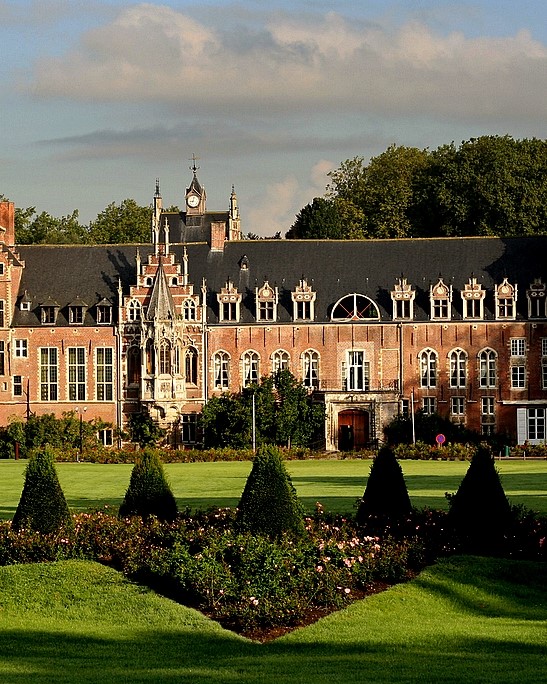
About KU Leuven !
KU Leuven
Studying at KU Leuven offers a blend of historical prestige and cutting-edge innovation, making it an appealing choice for many students. The university boasts a strong global ranking, reflecting its commitment to high-quality education and research. KU Leuven’s diverse range of programs and interdisciplinary approach cater to various academic and professional interests. The university’s emphasis on research provides students with opportunities to engage in groundbreaking projects and collaborate with leading experts. Additionally, KU Leuven’s vibrant international community and its location in the charming city of Leuven offer a rich cultural experience, further enriching the educational journey.
